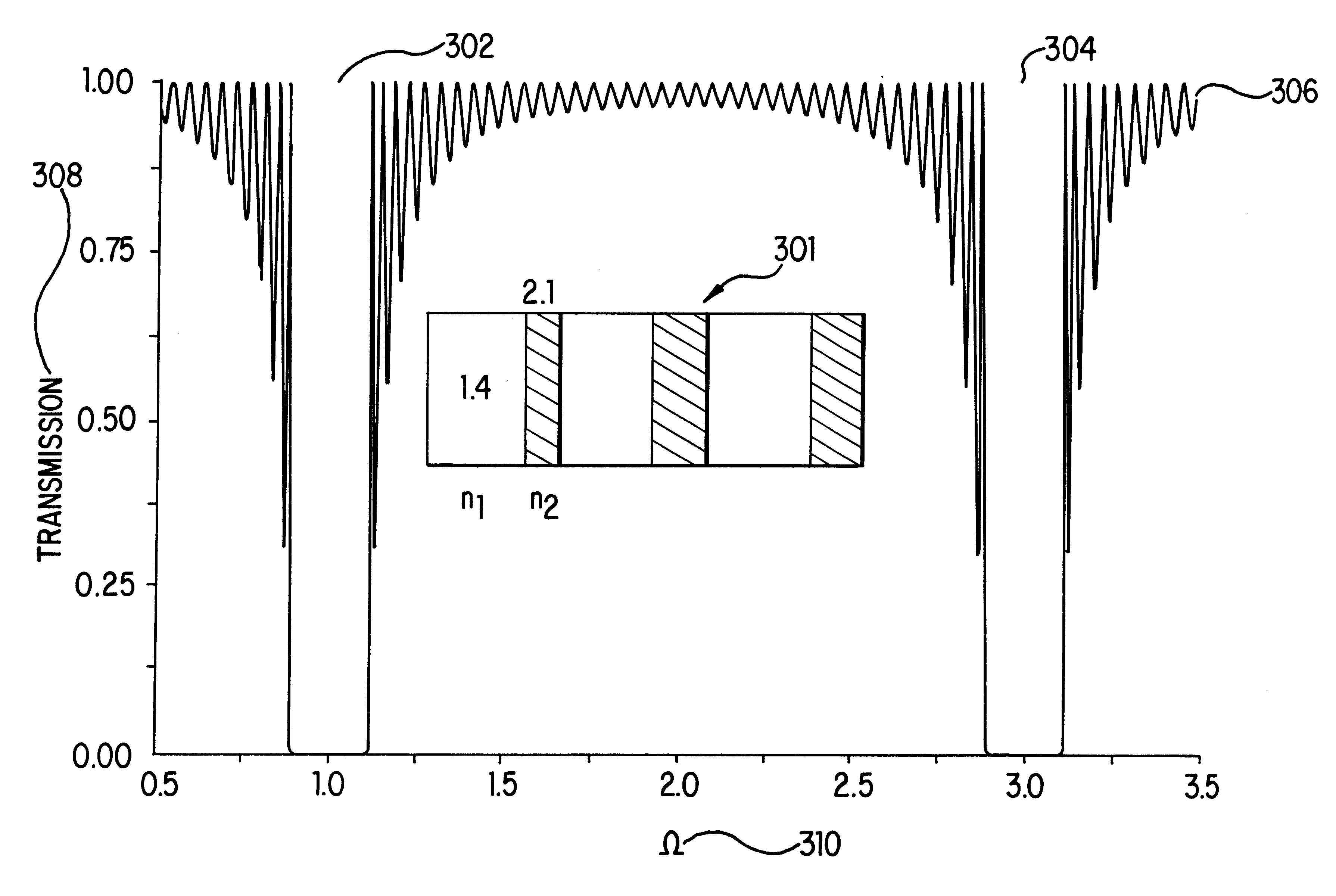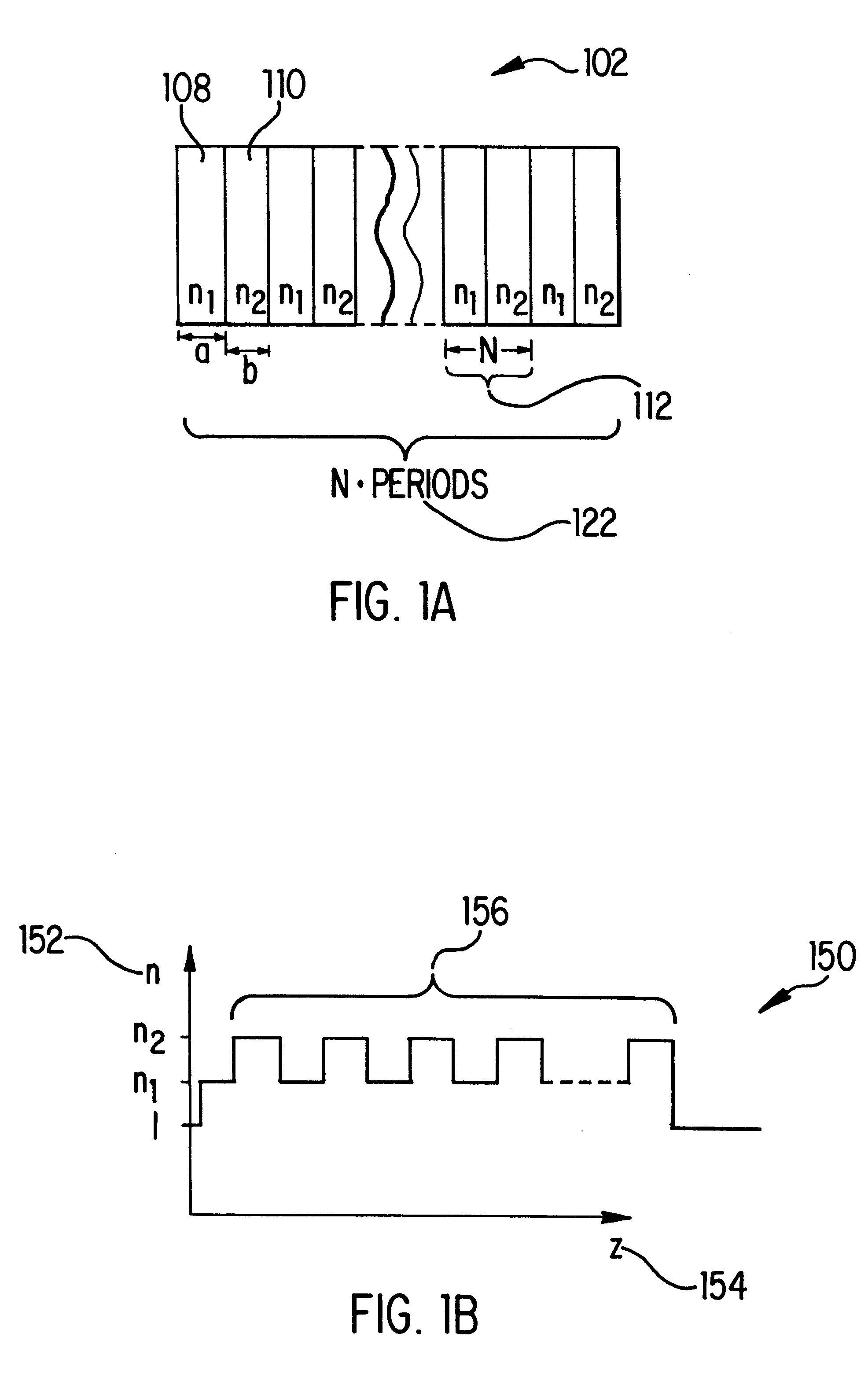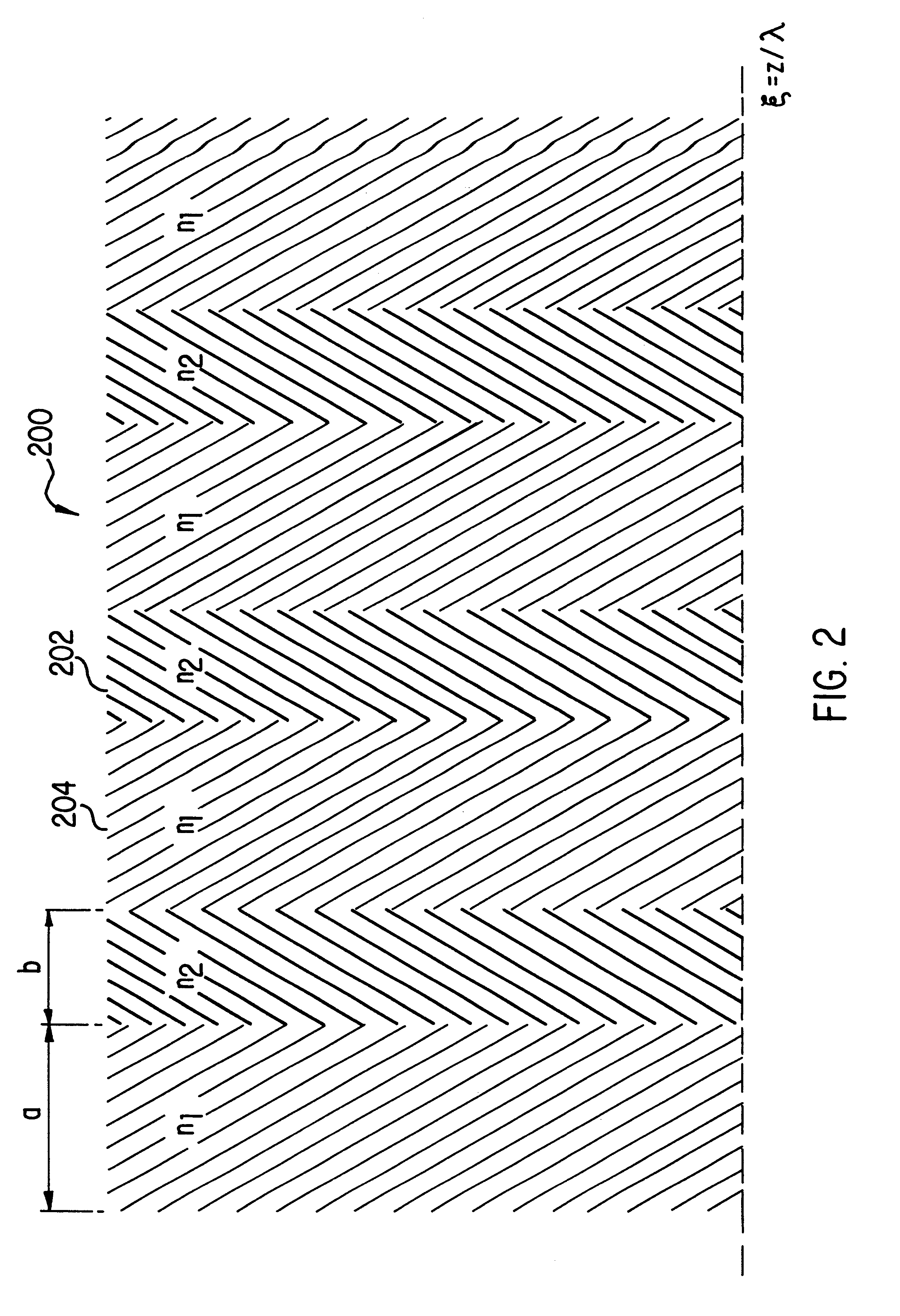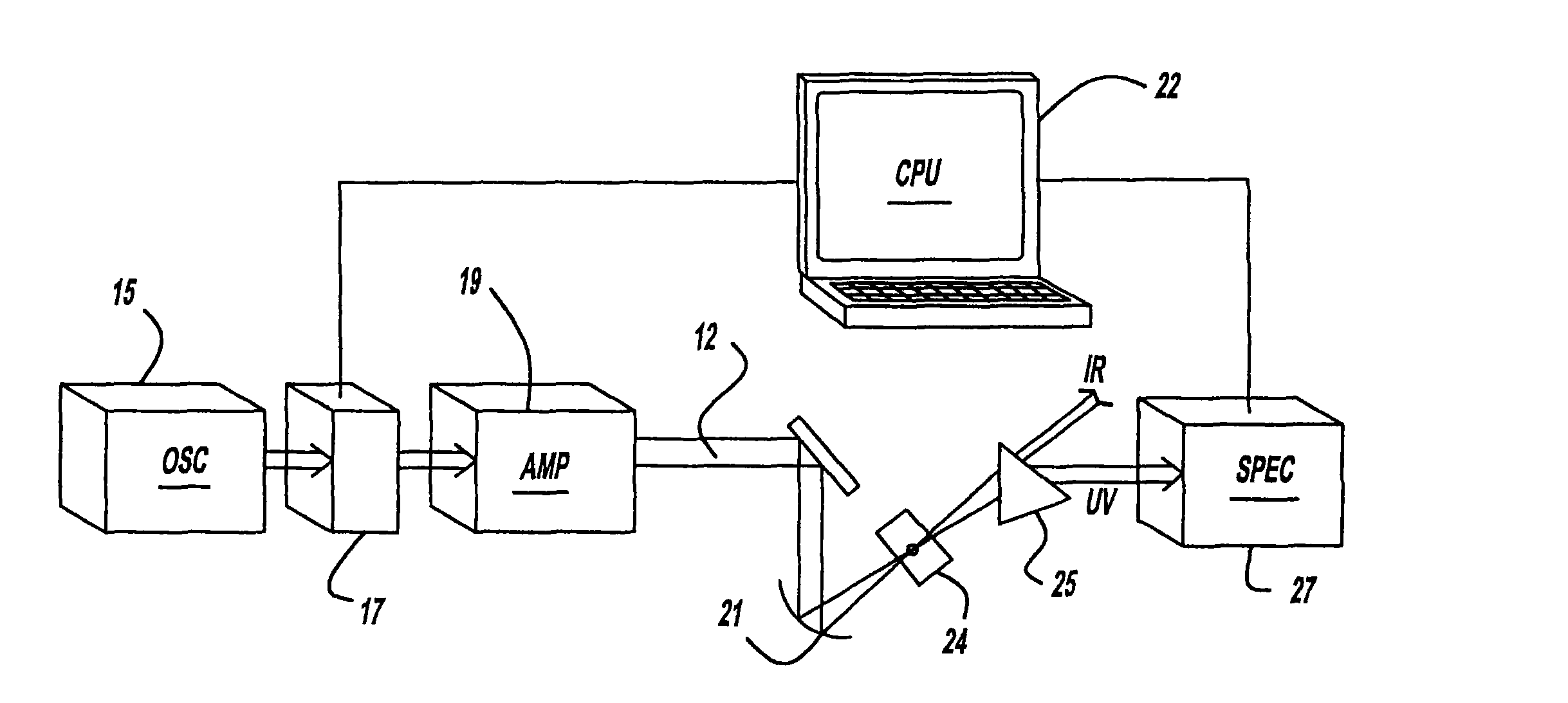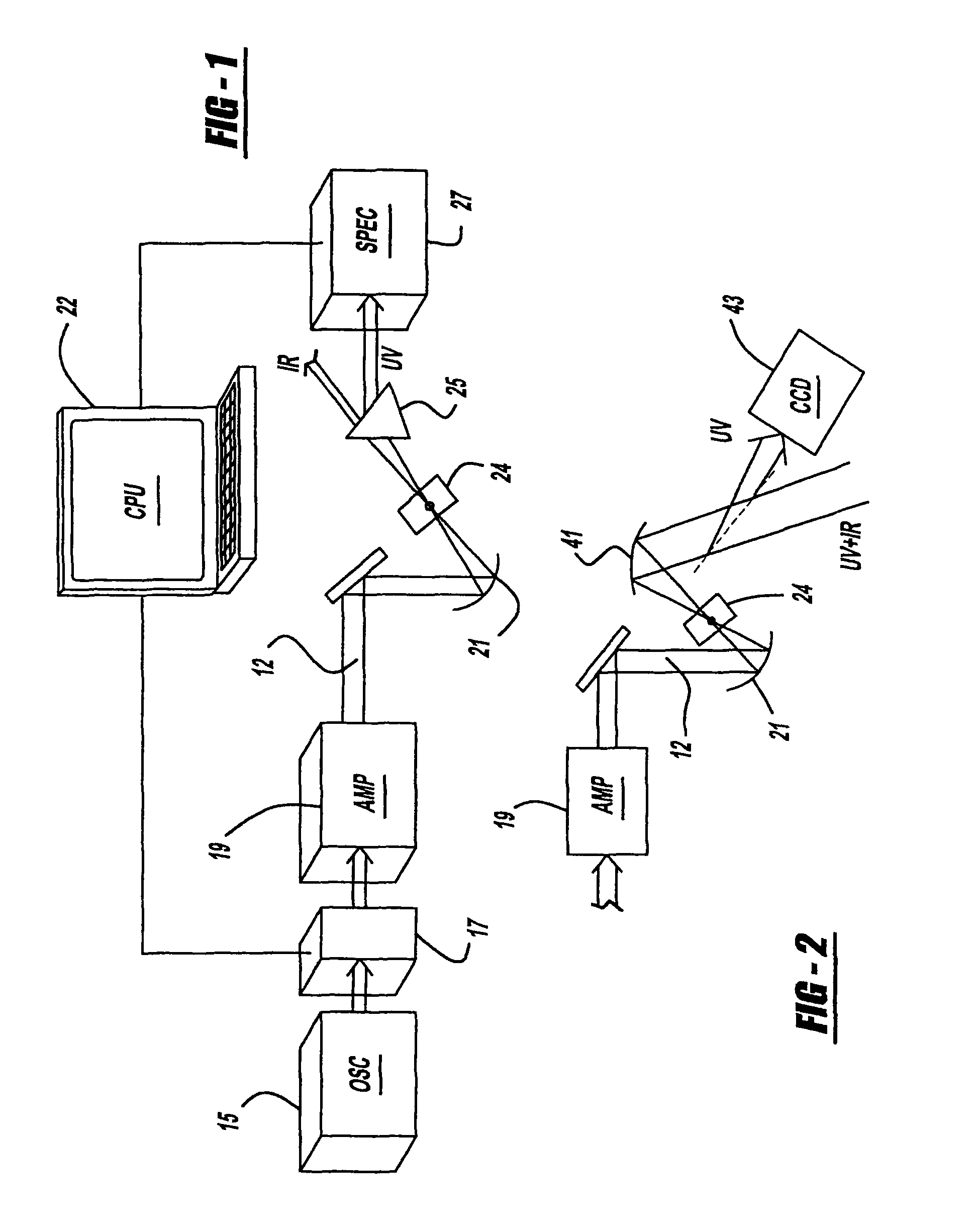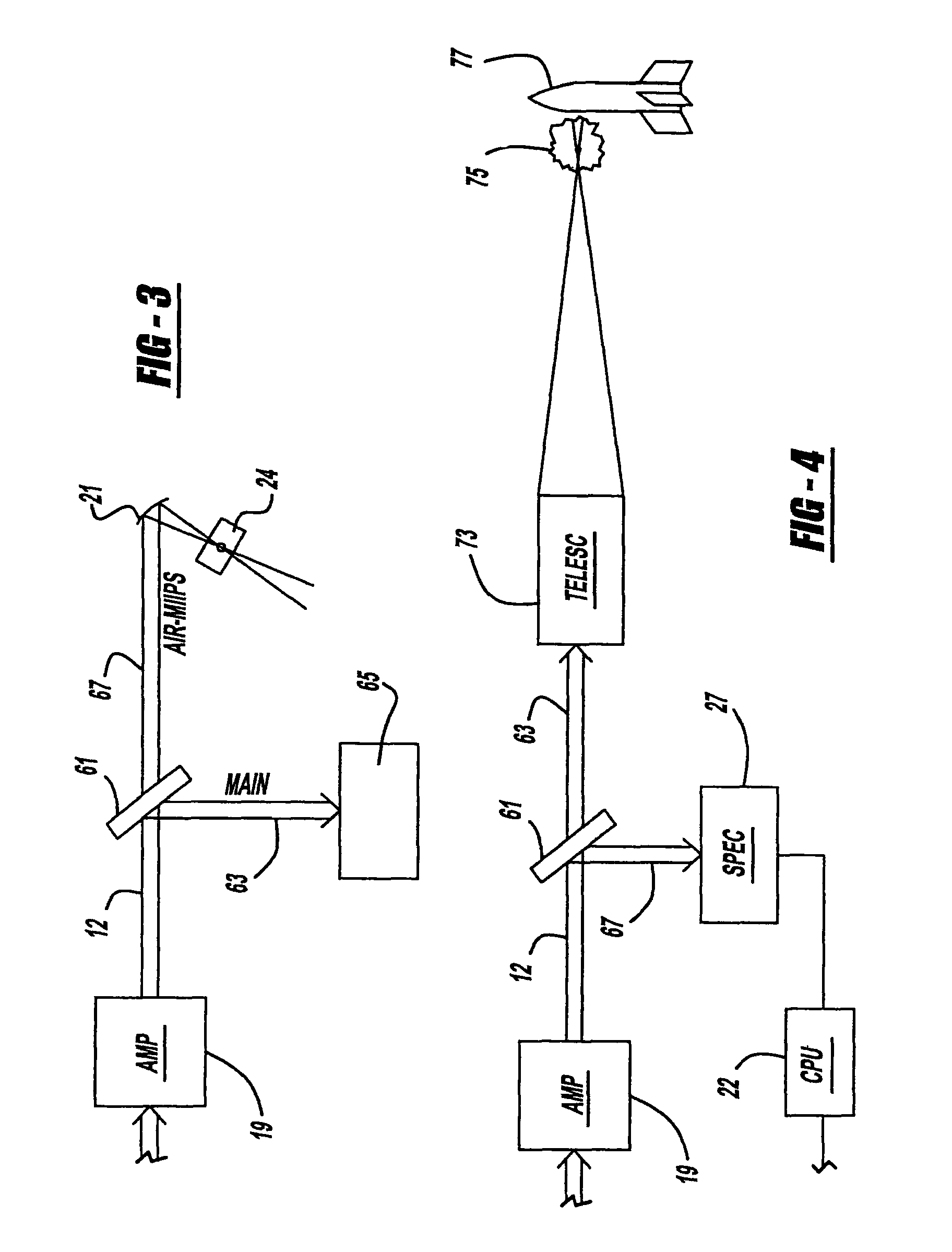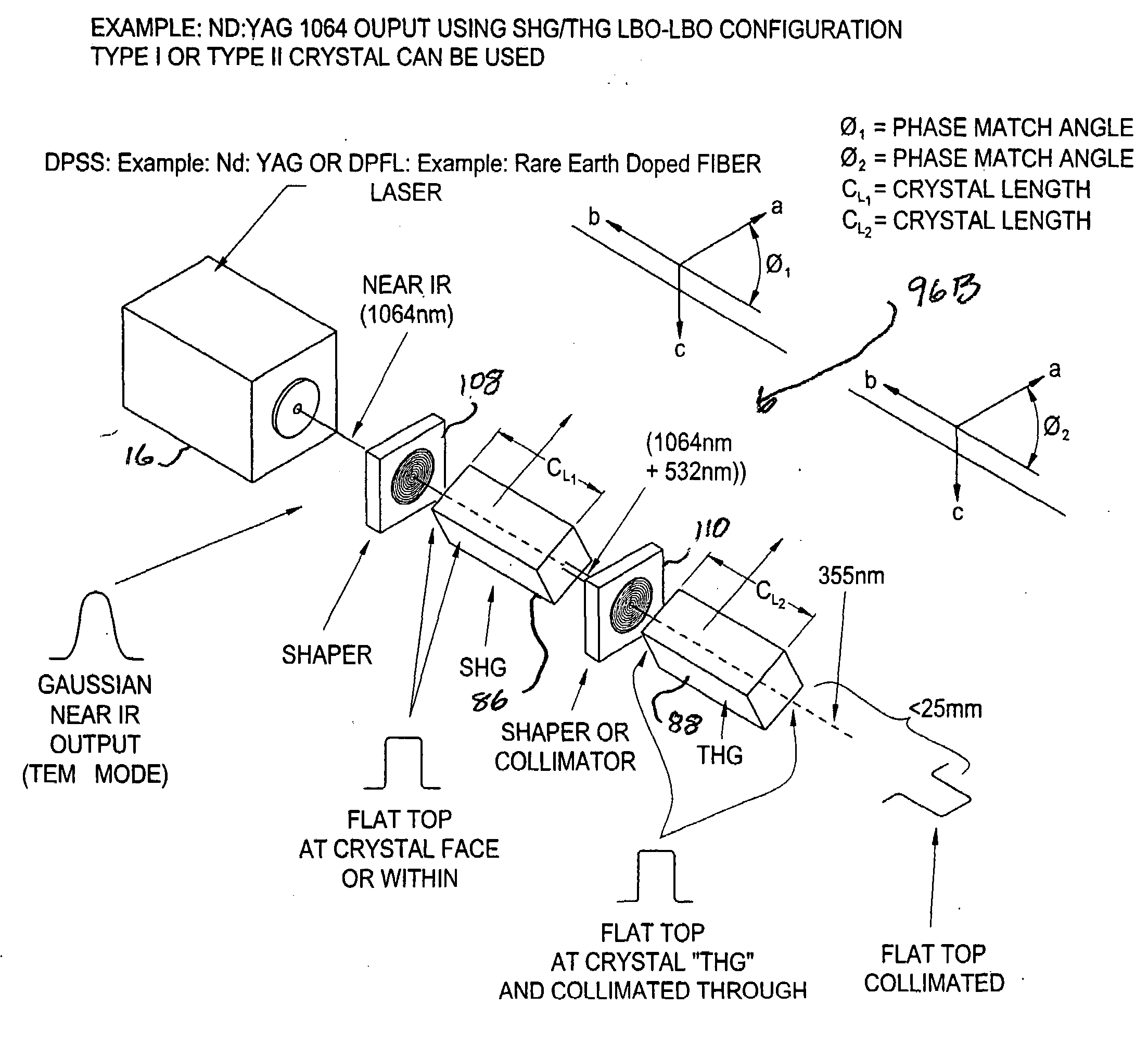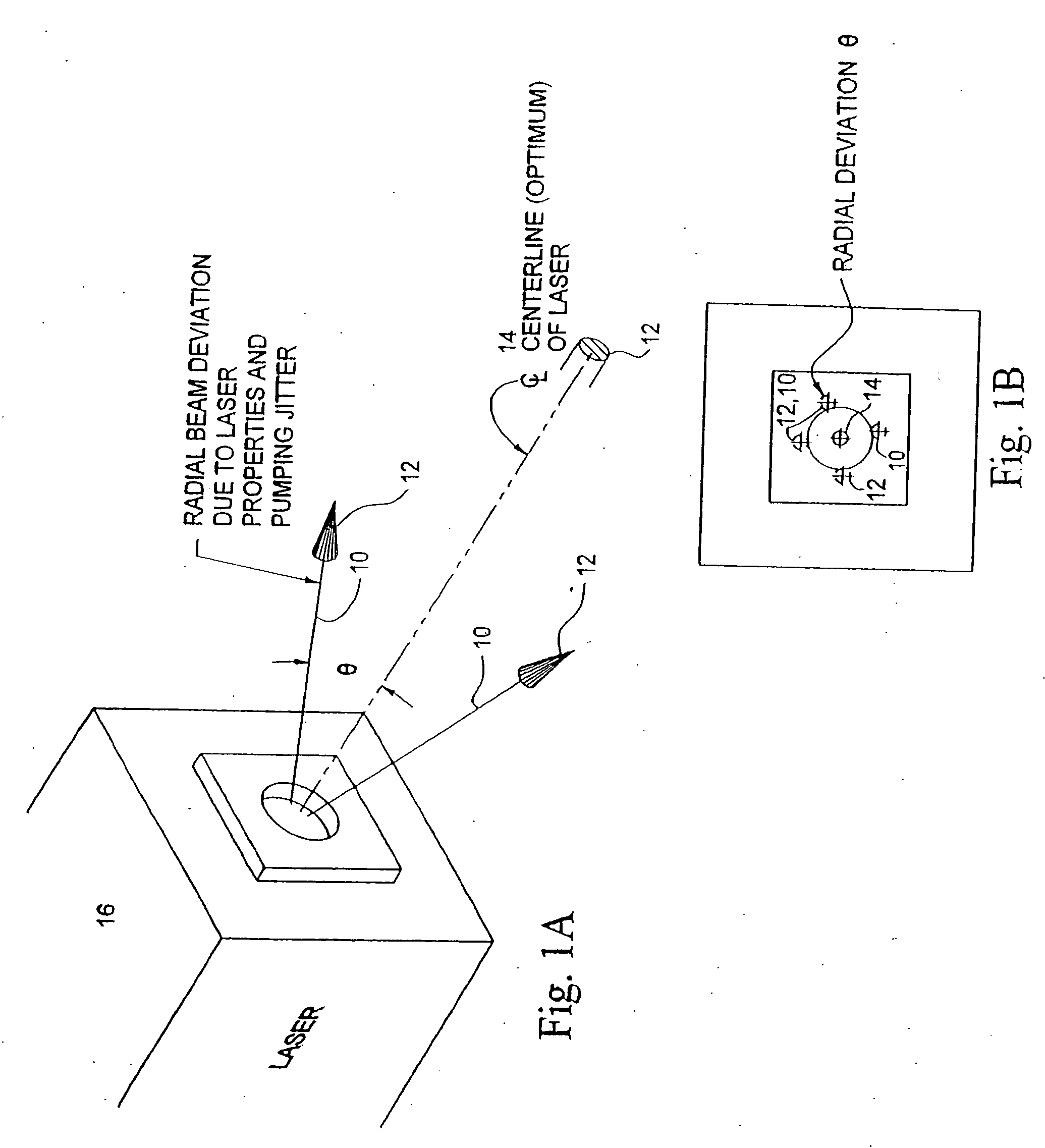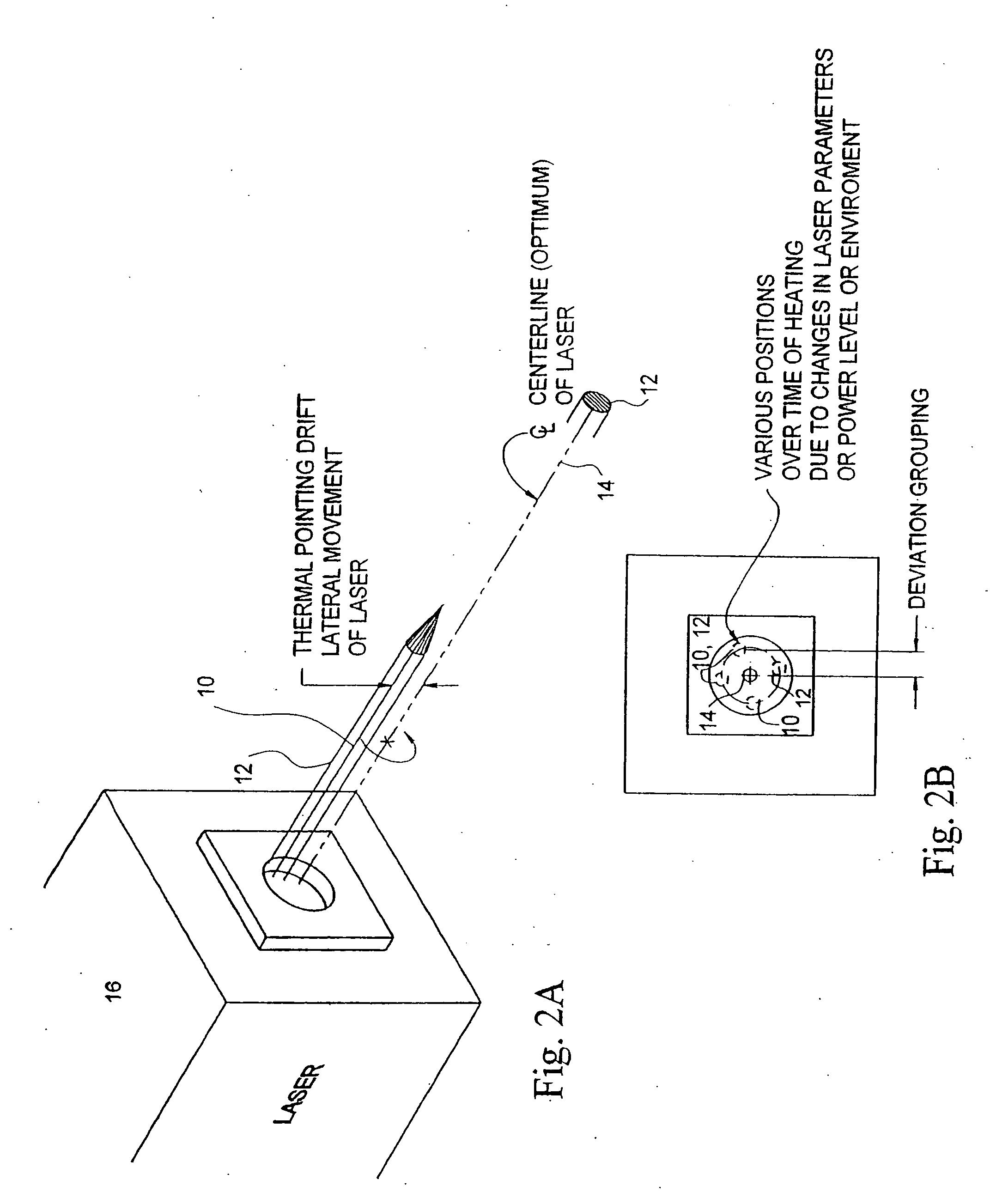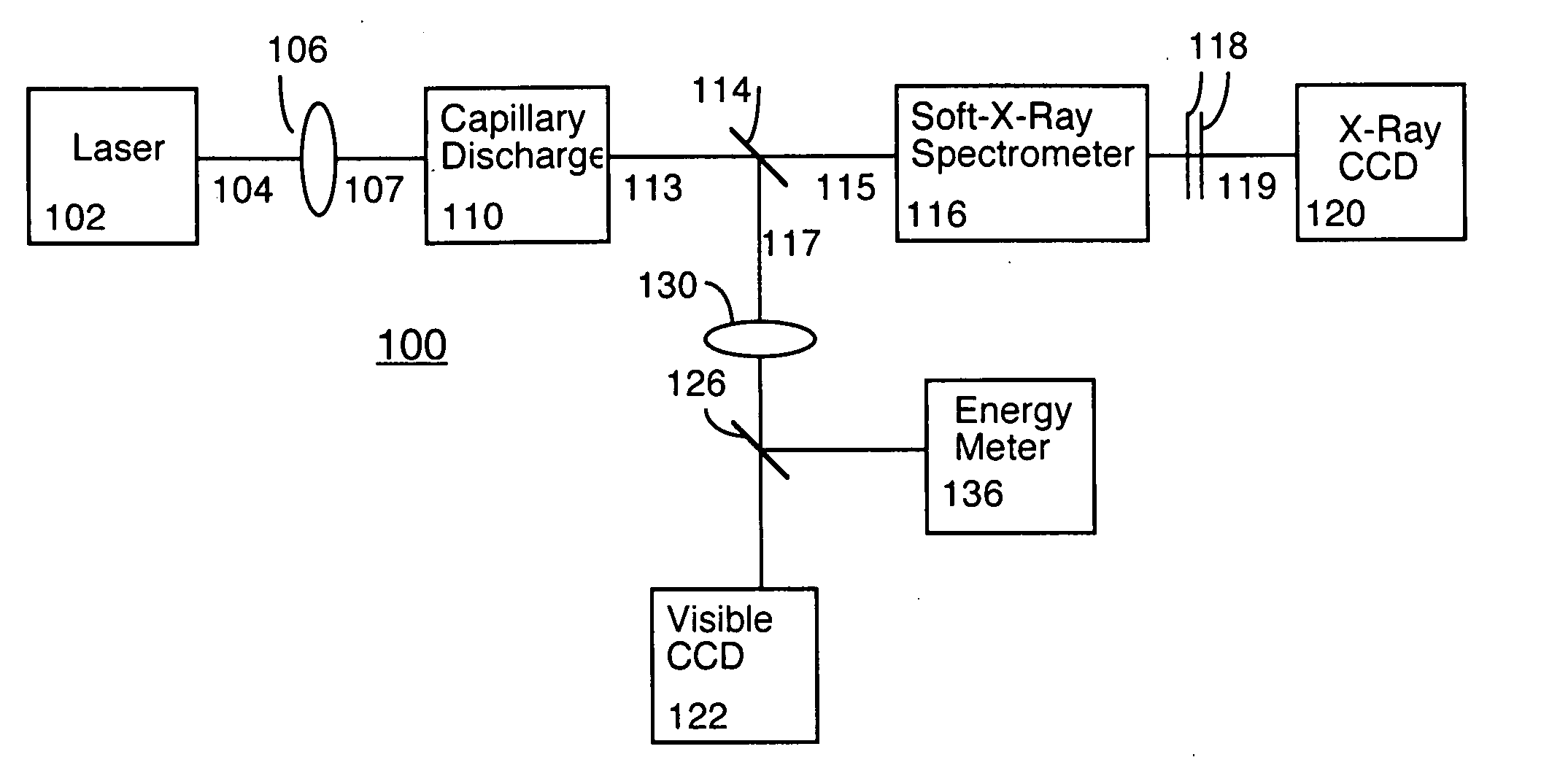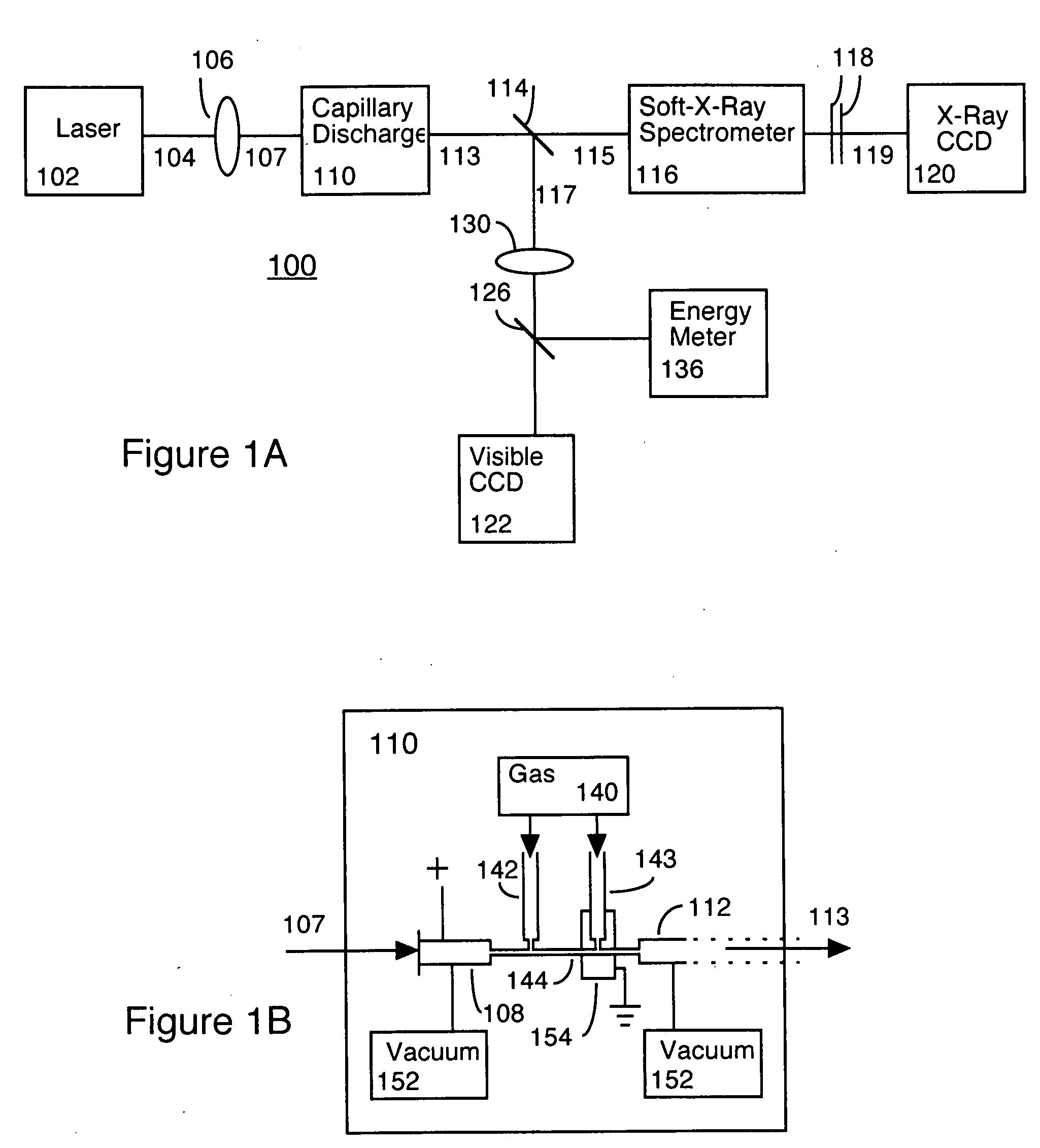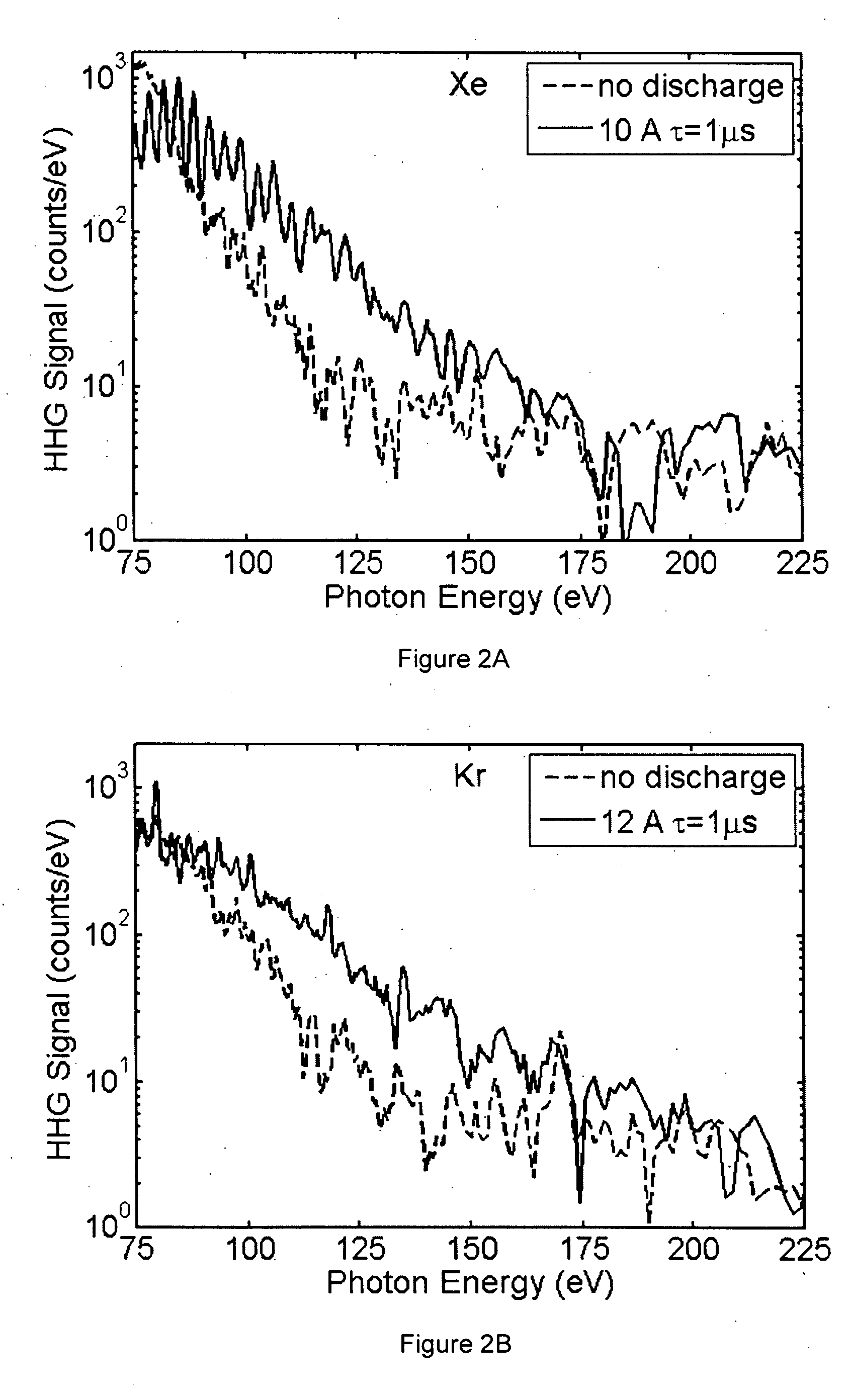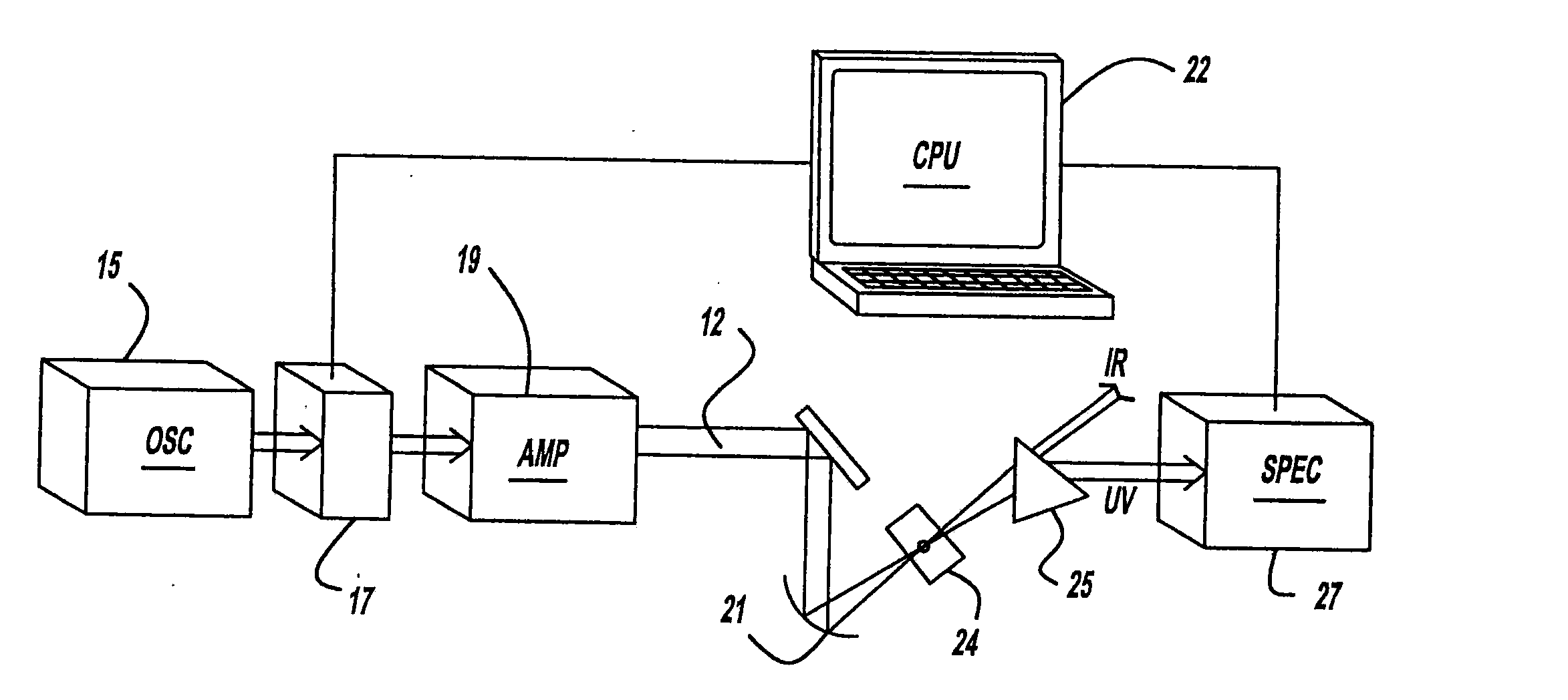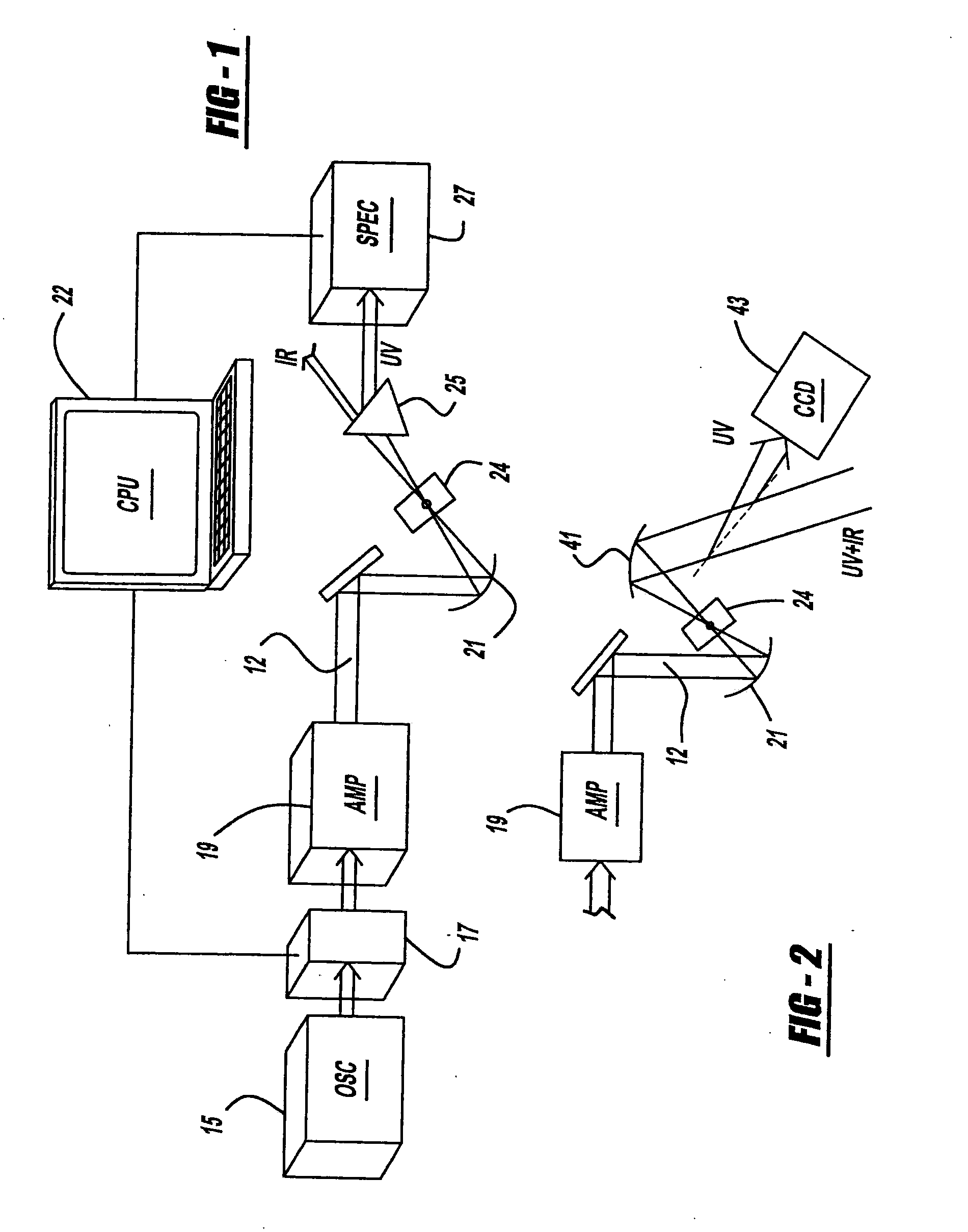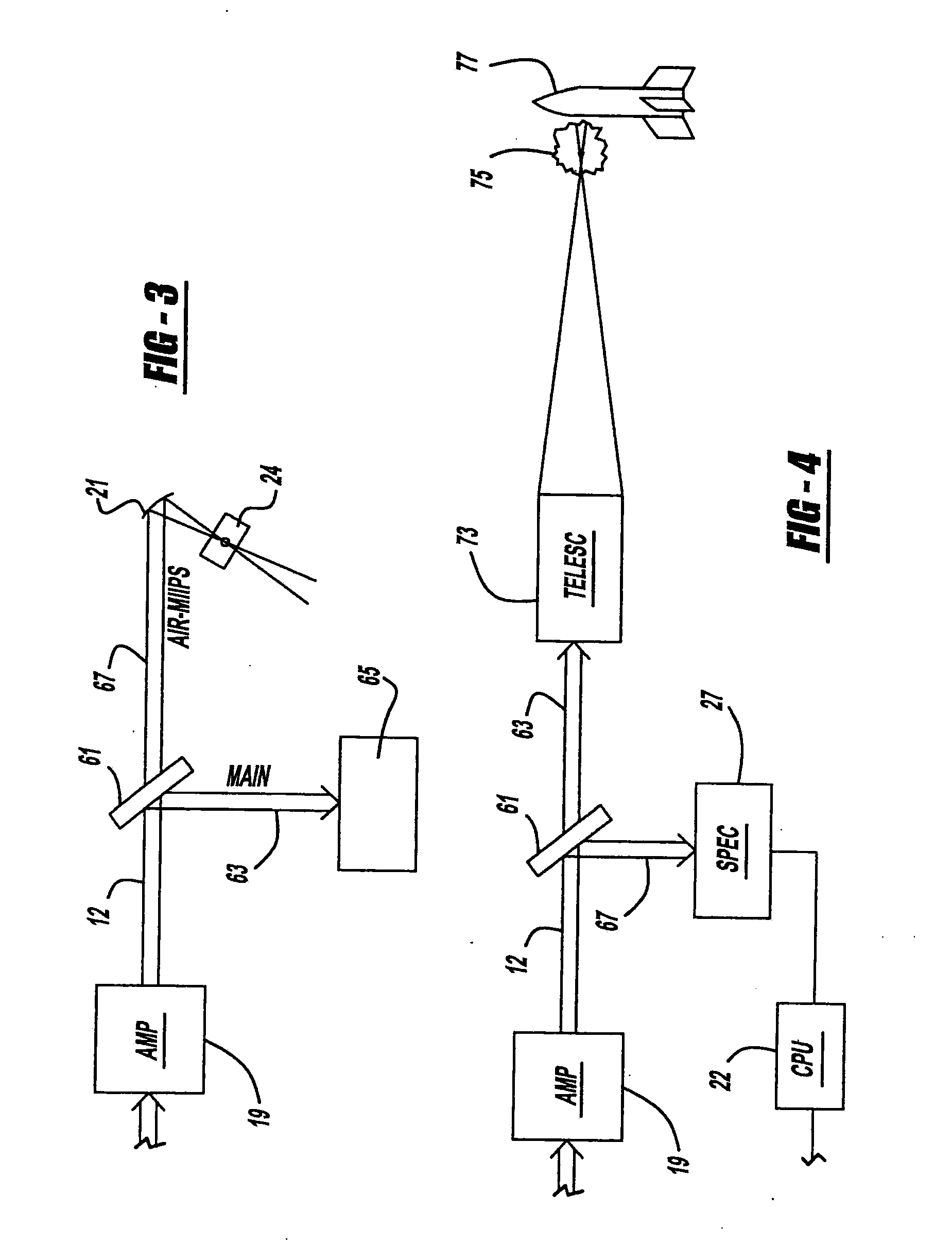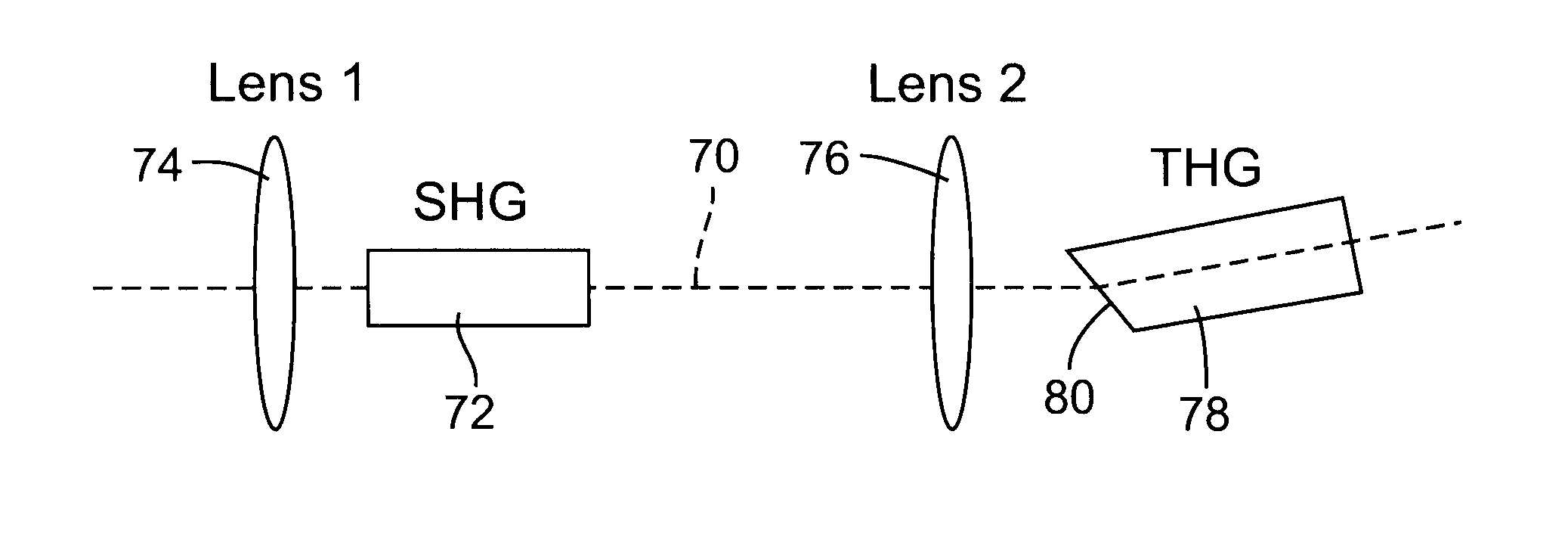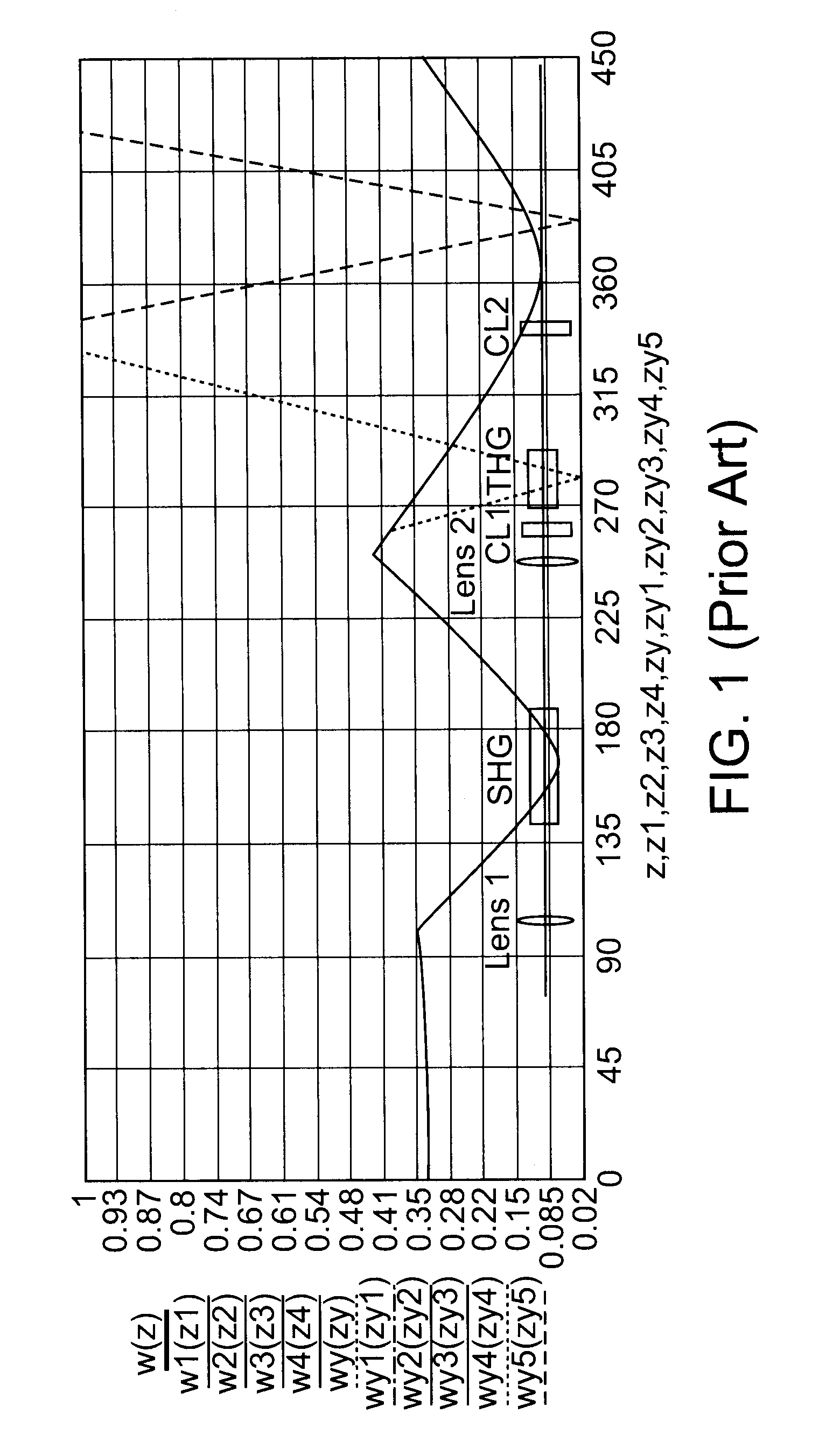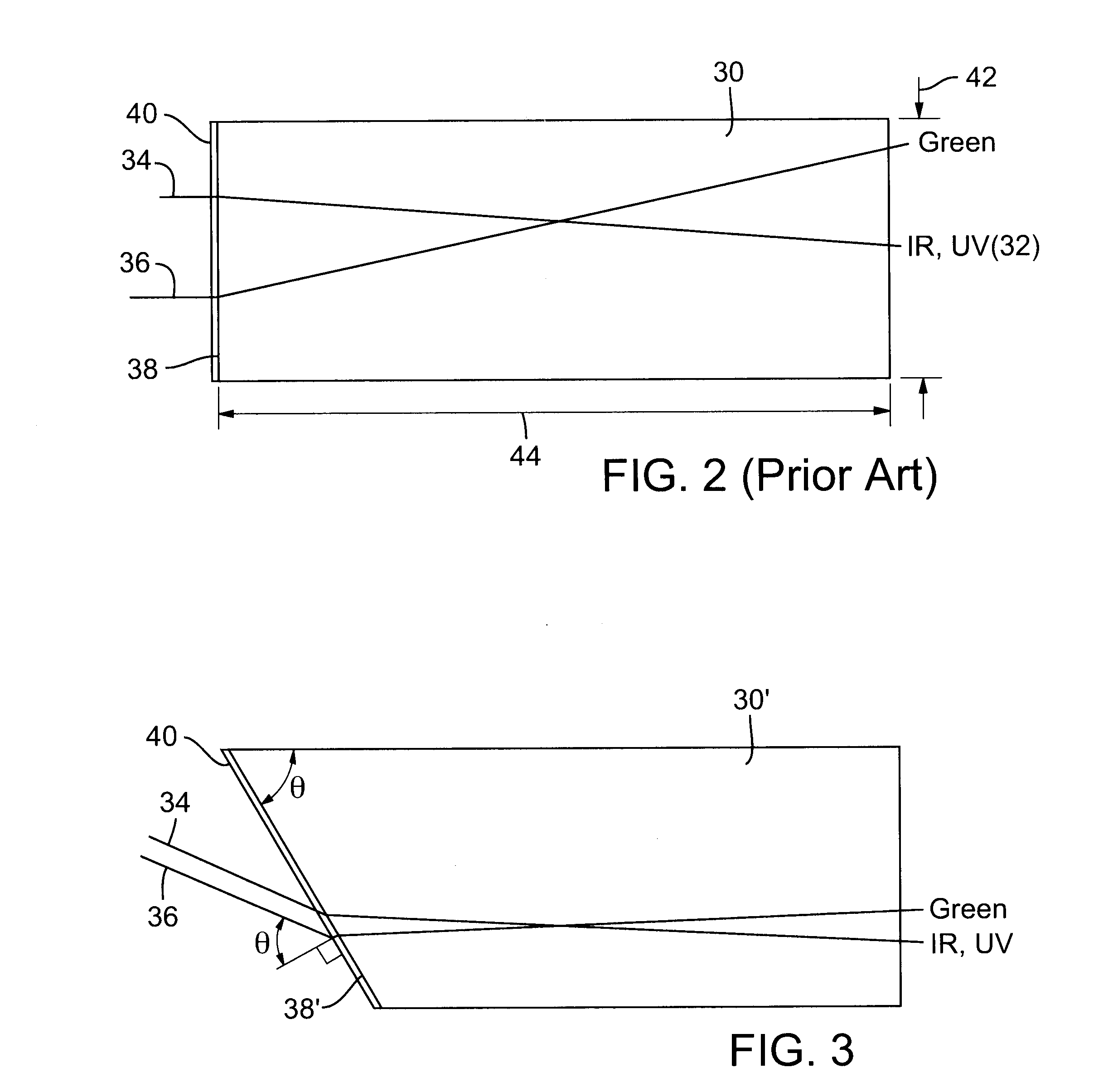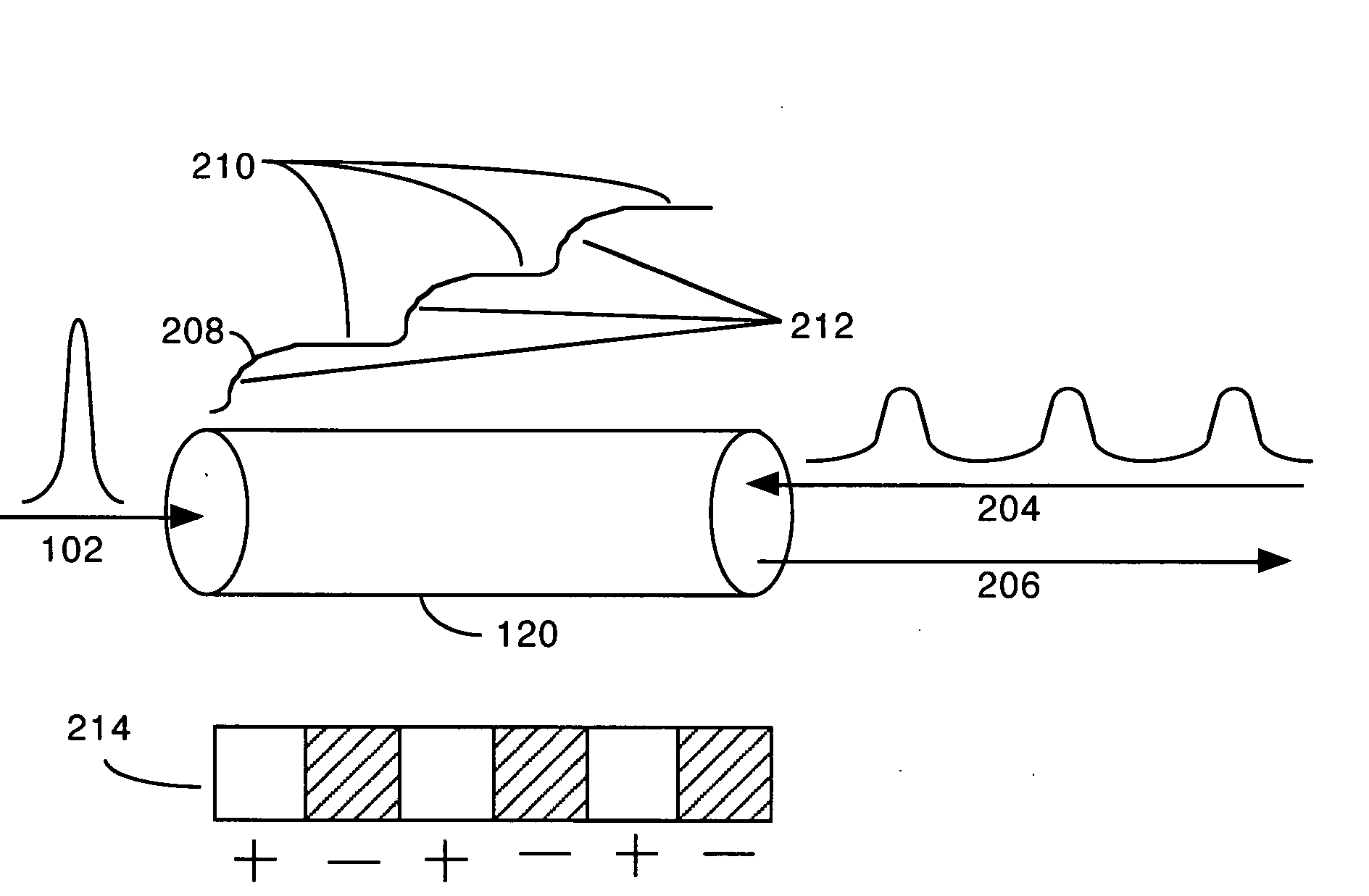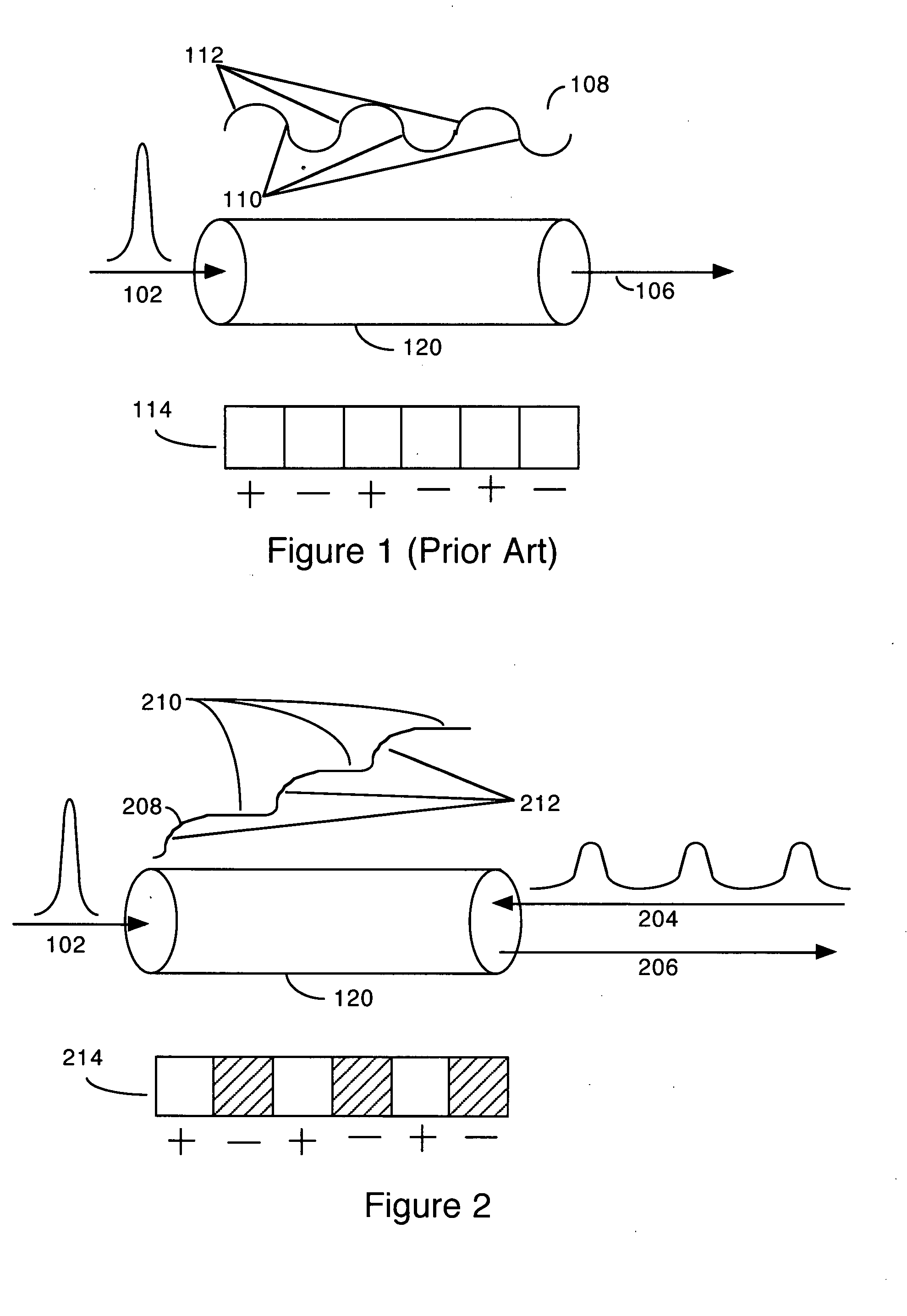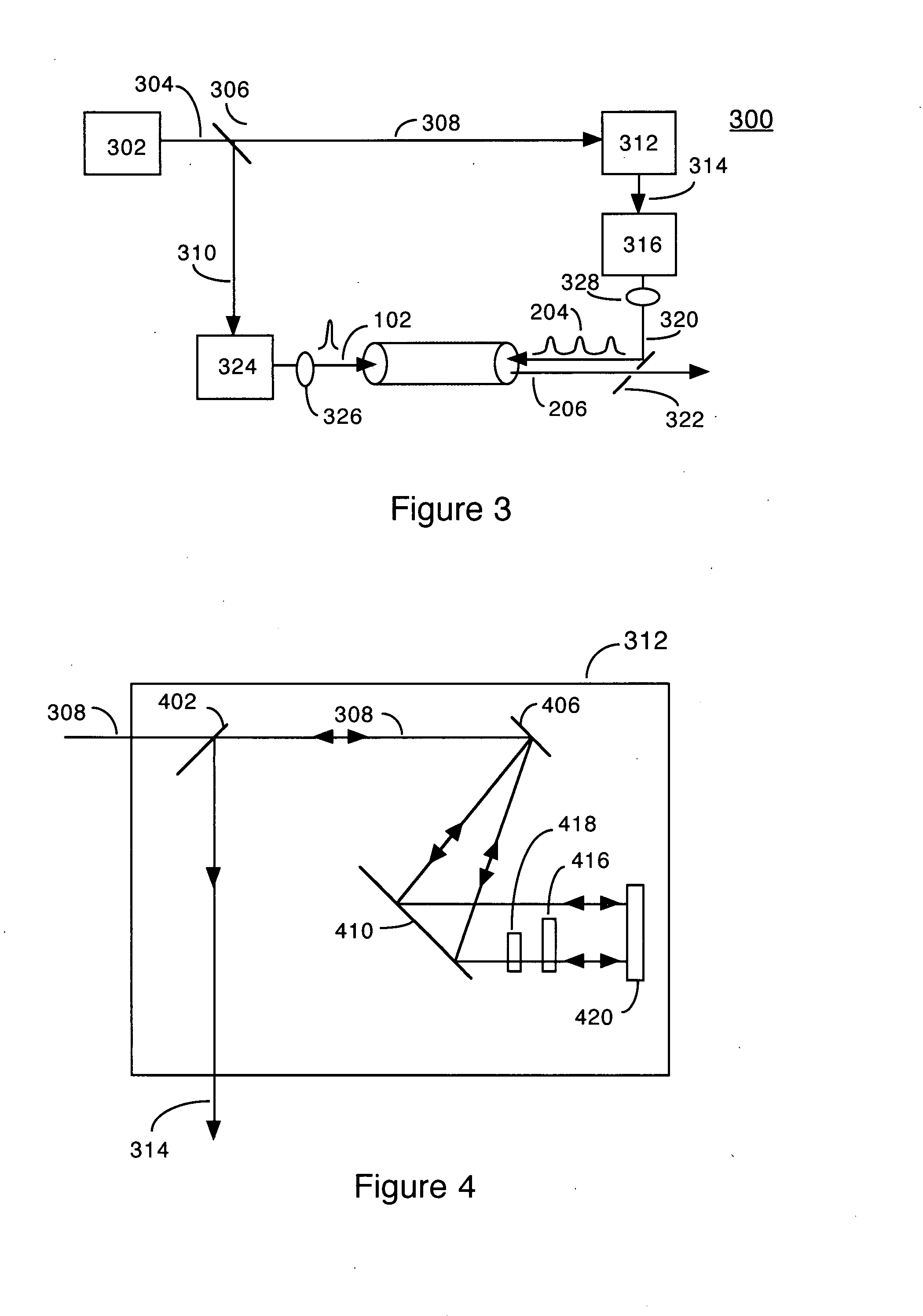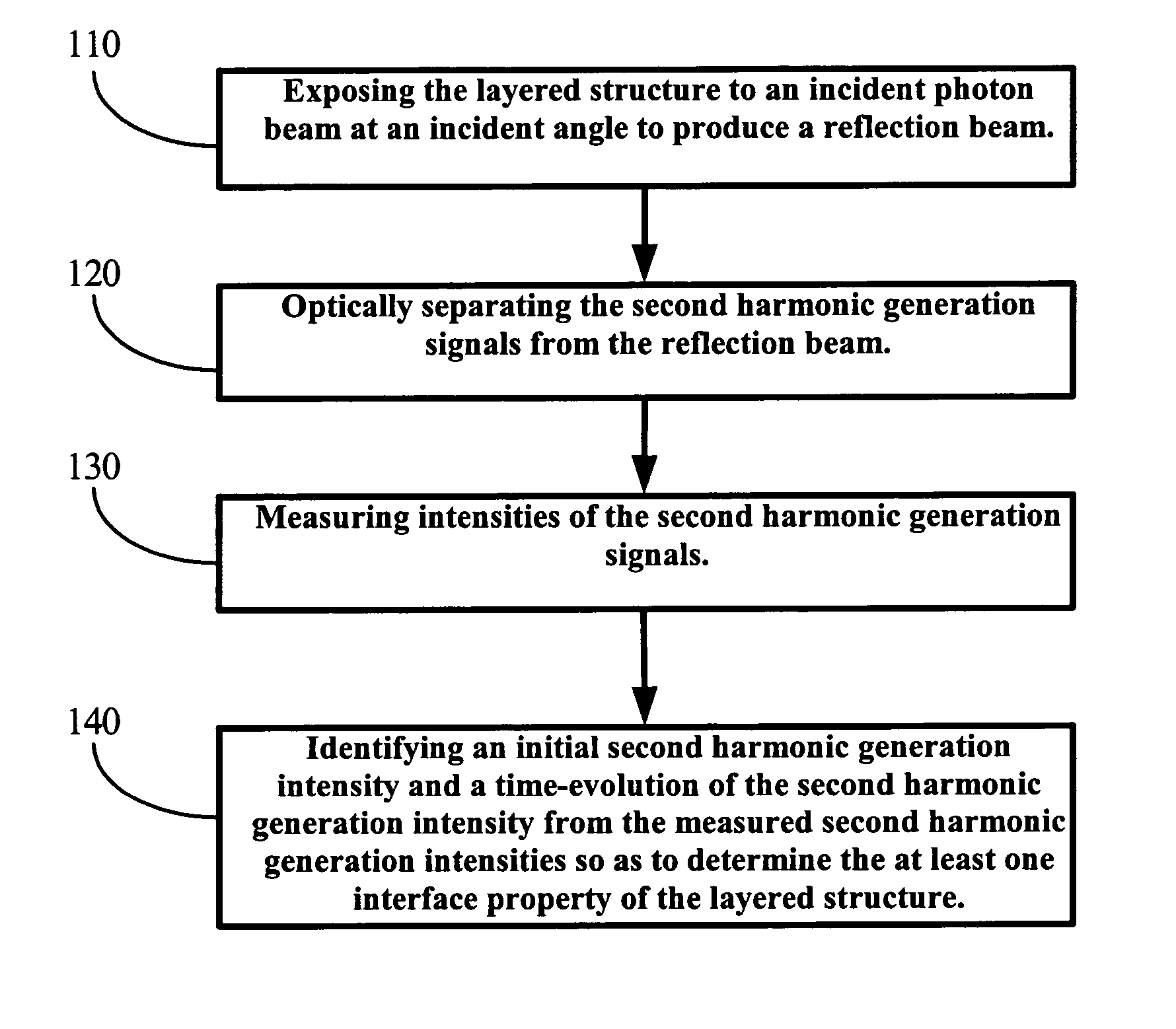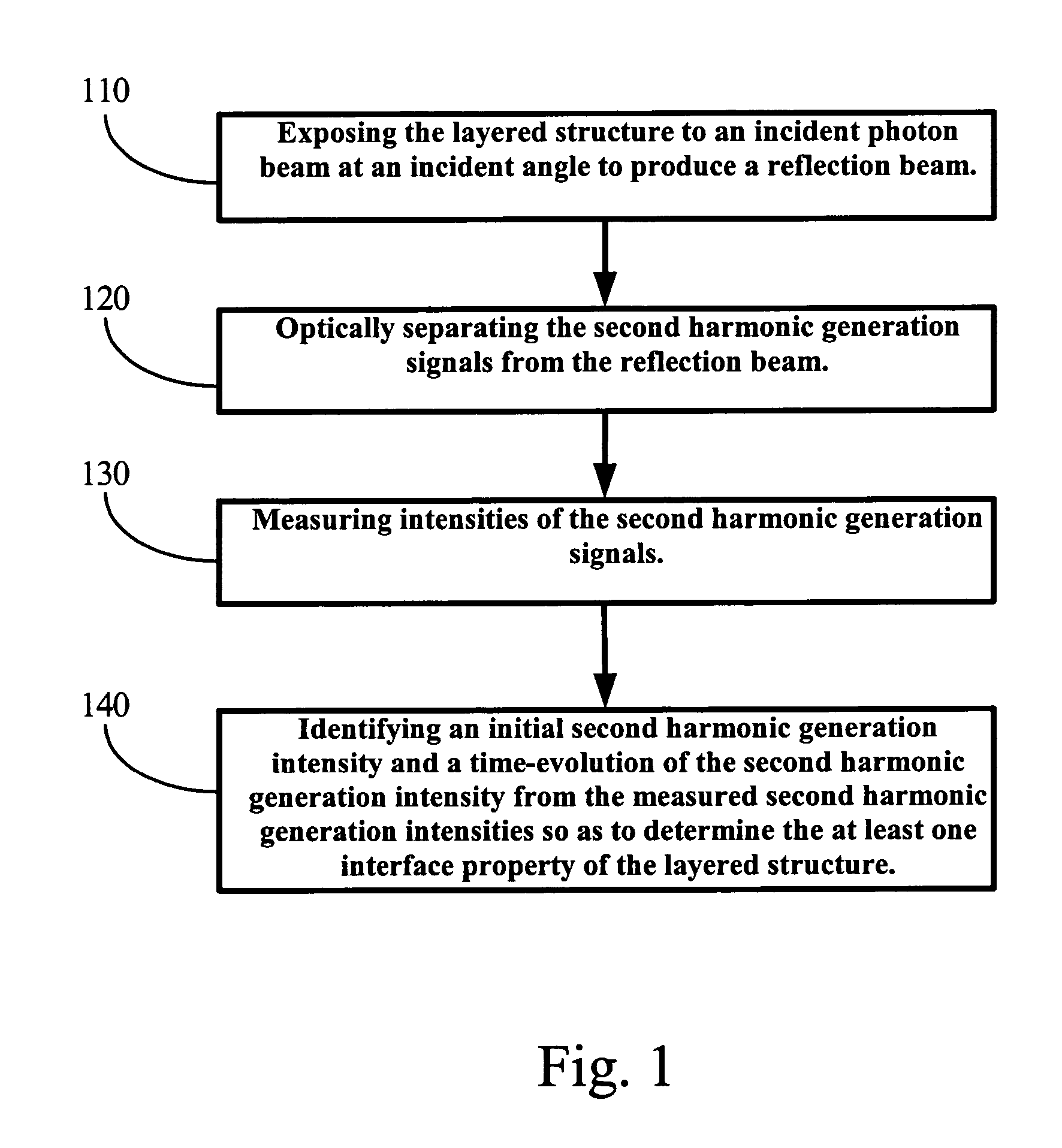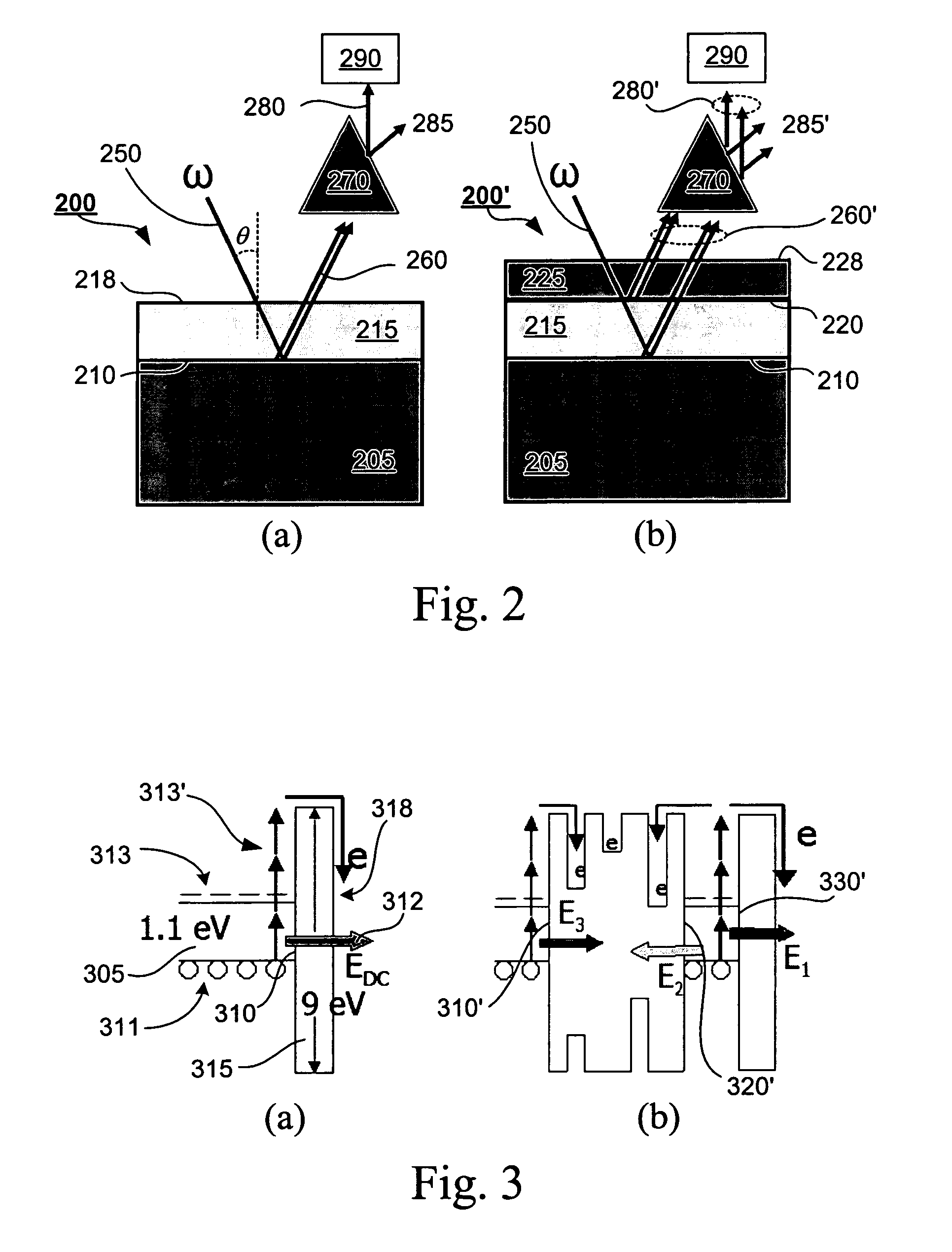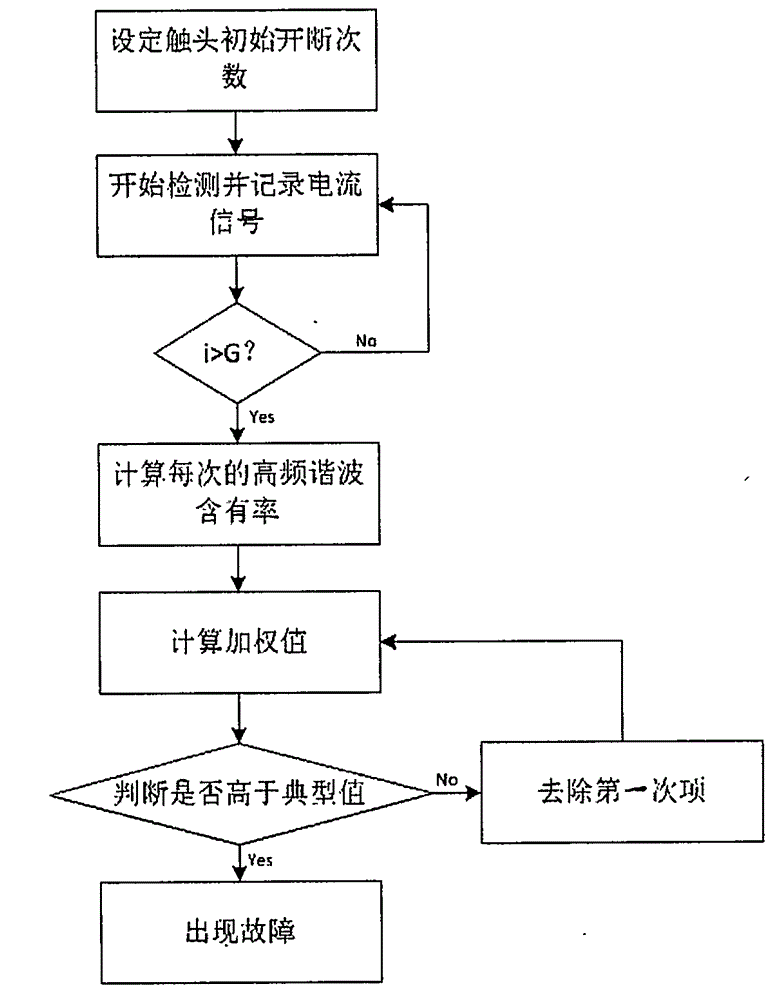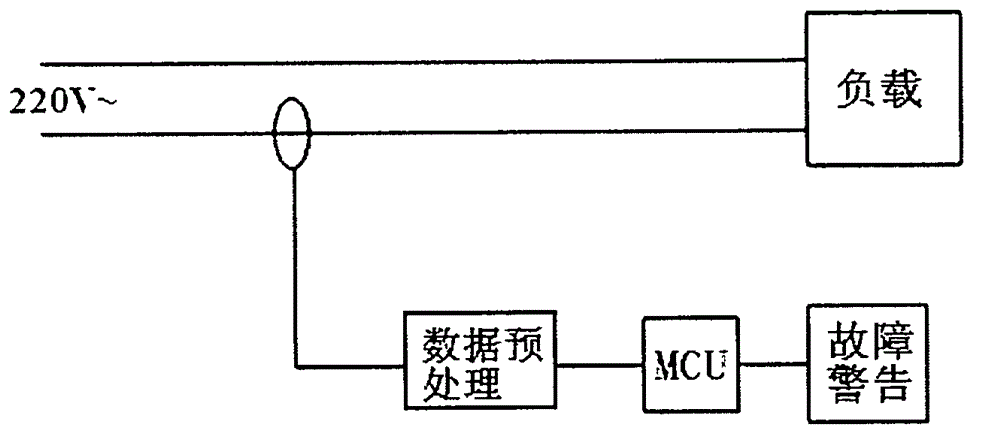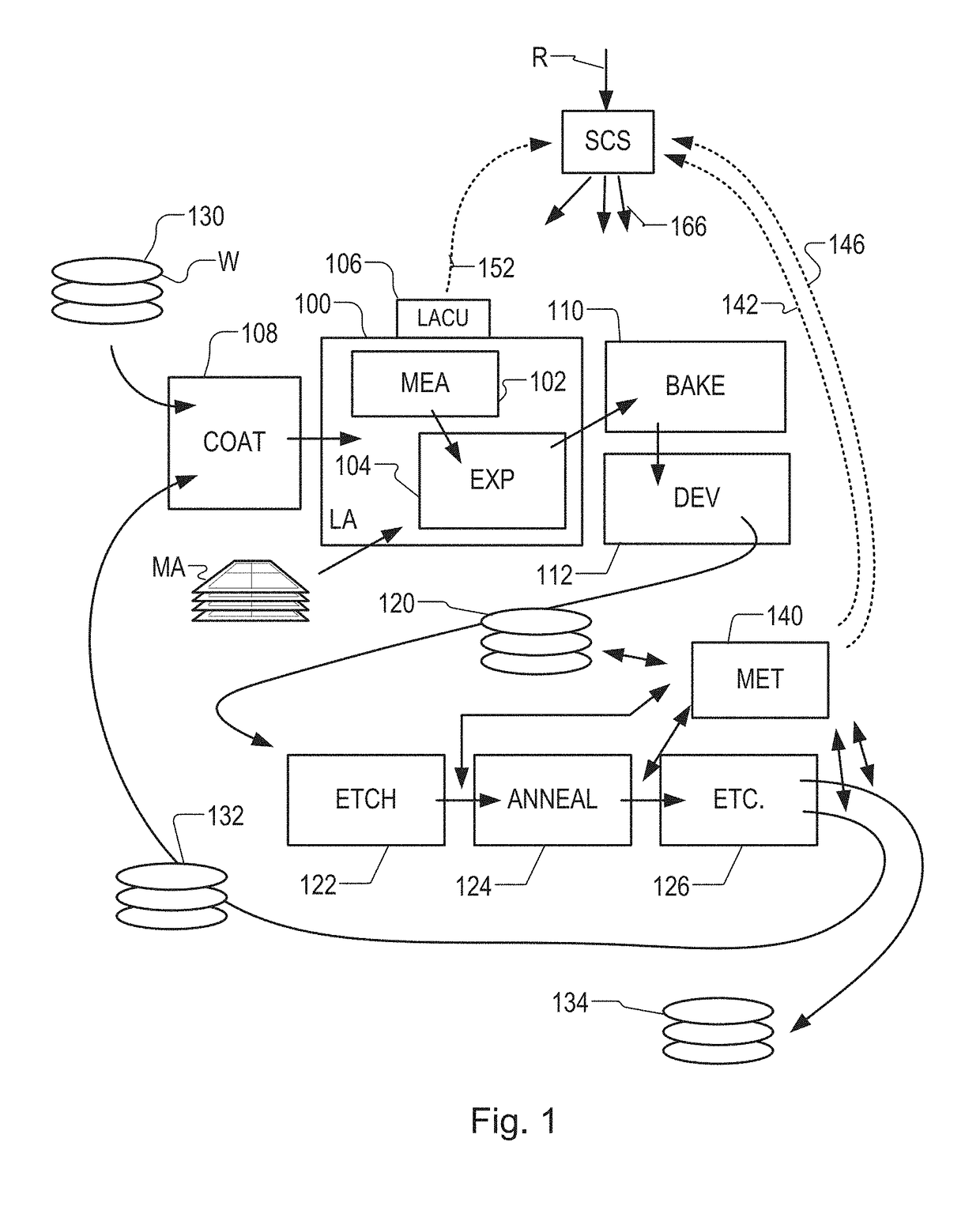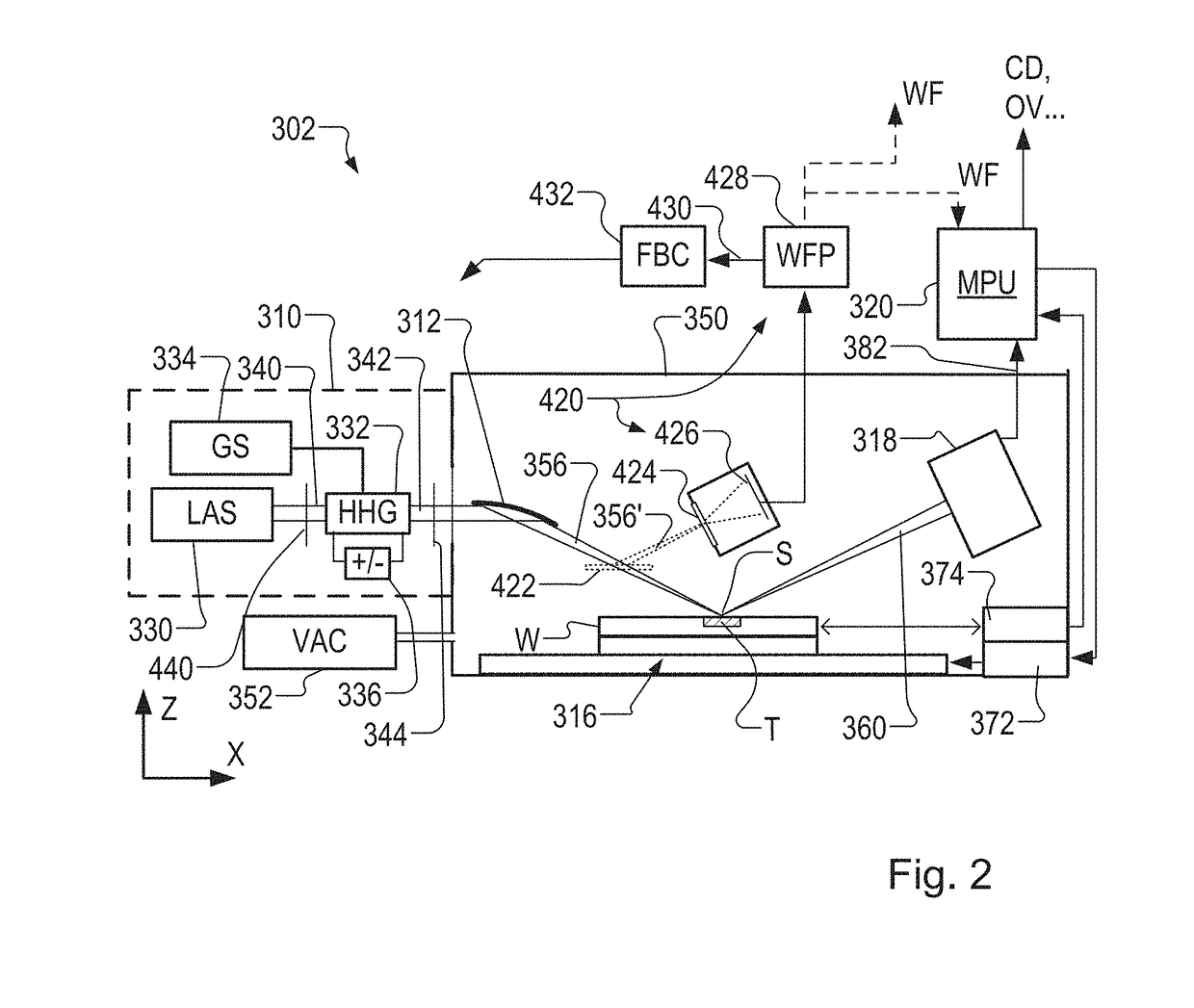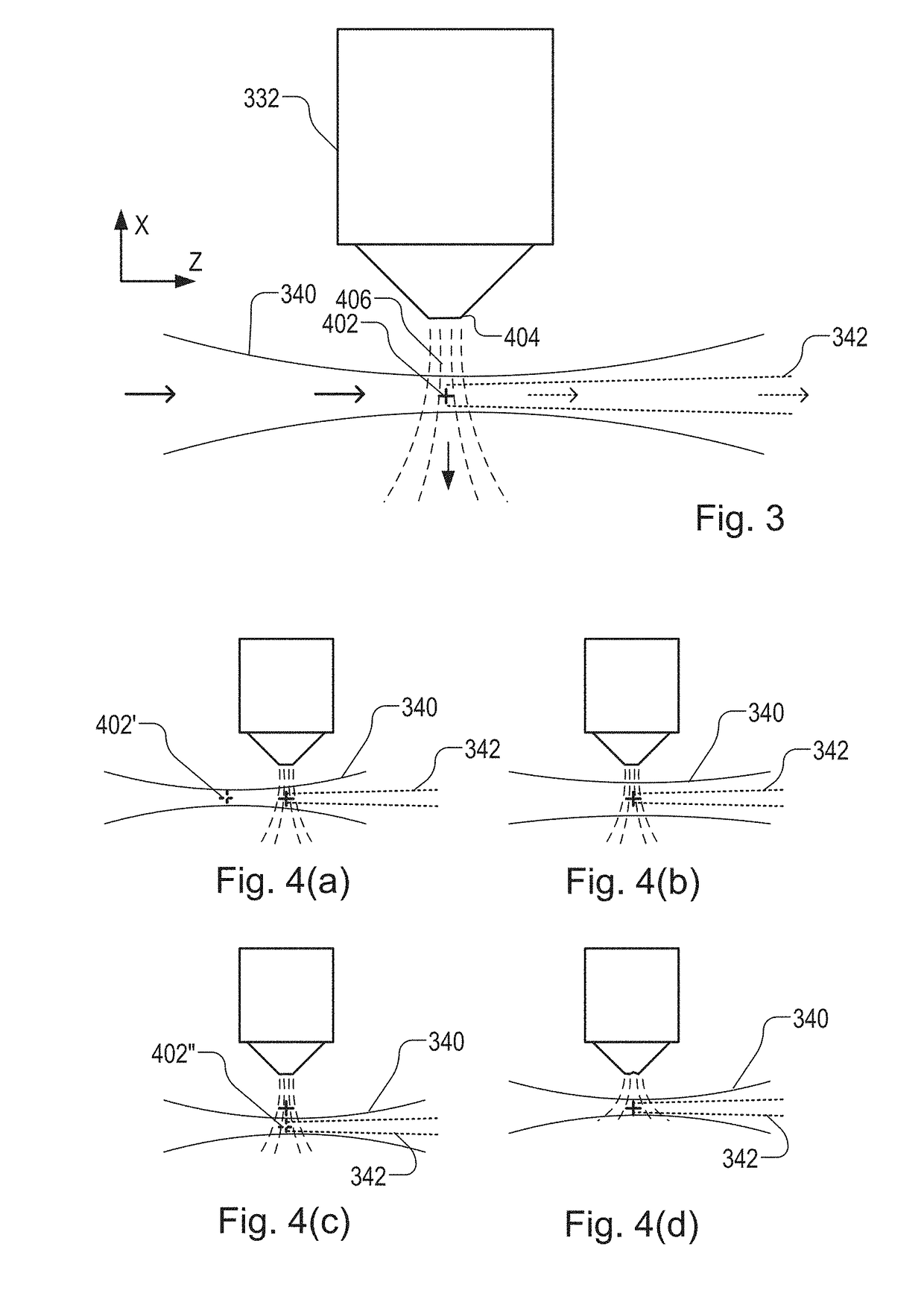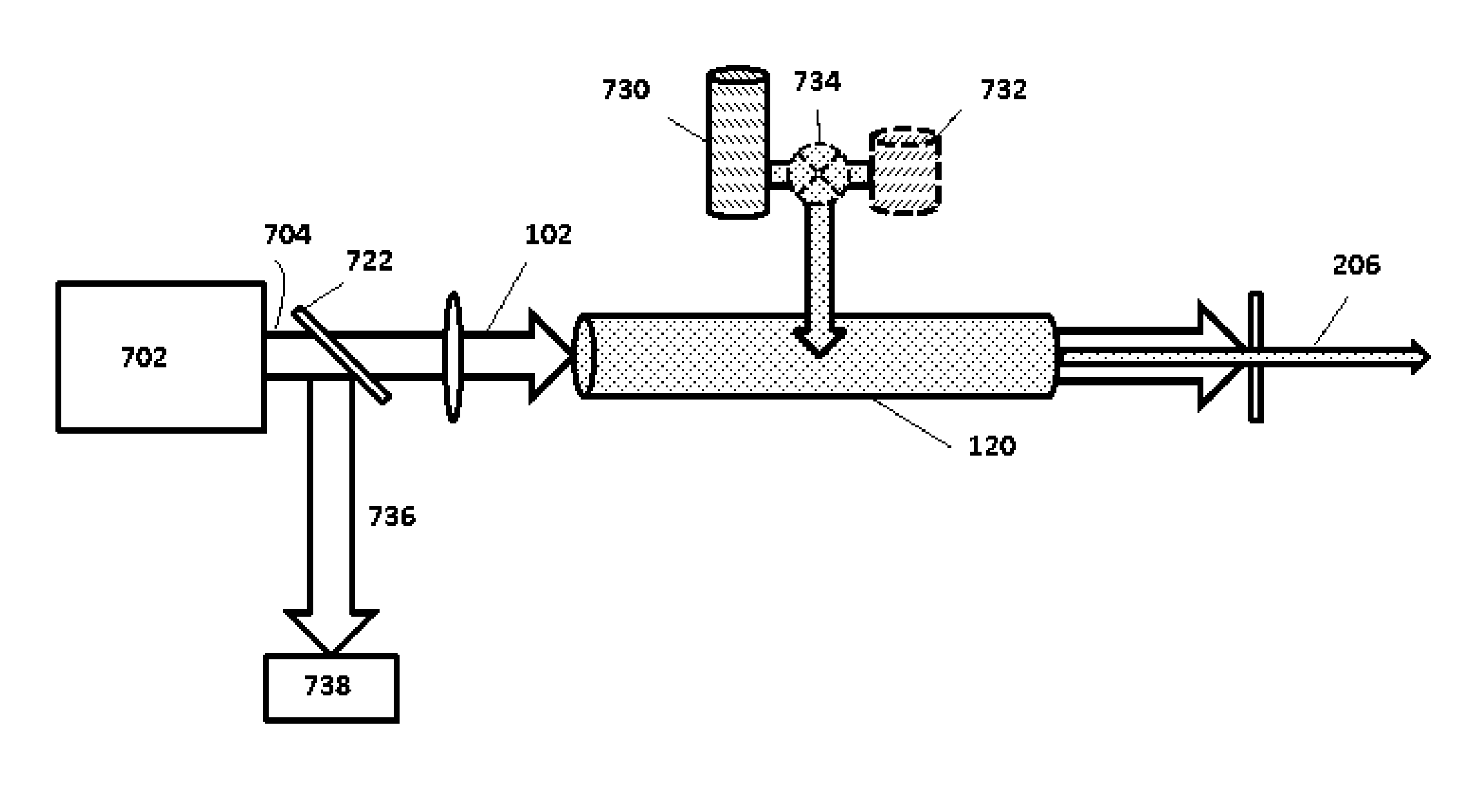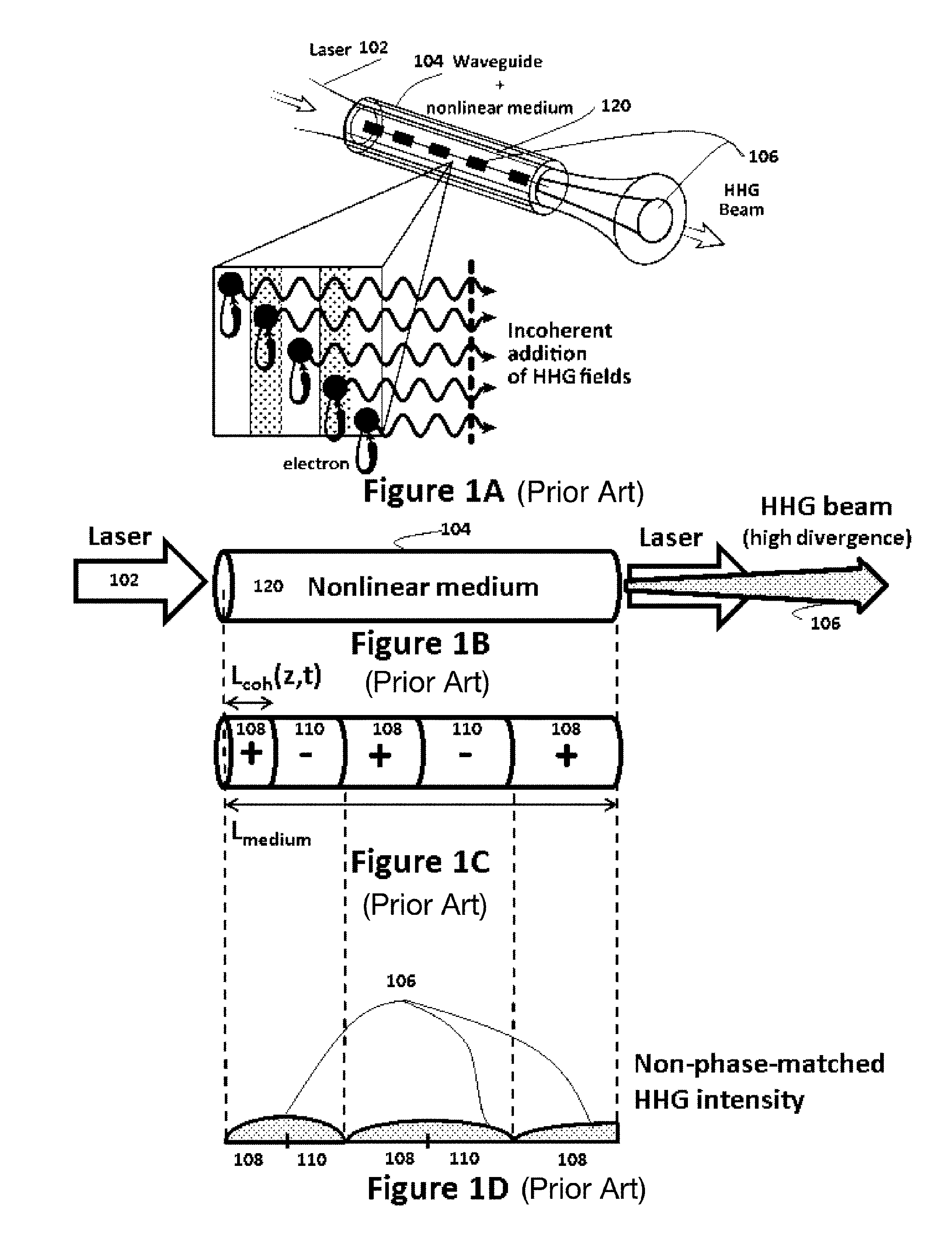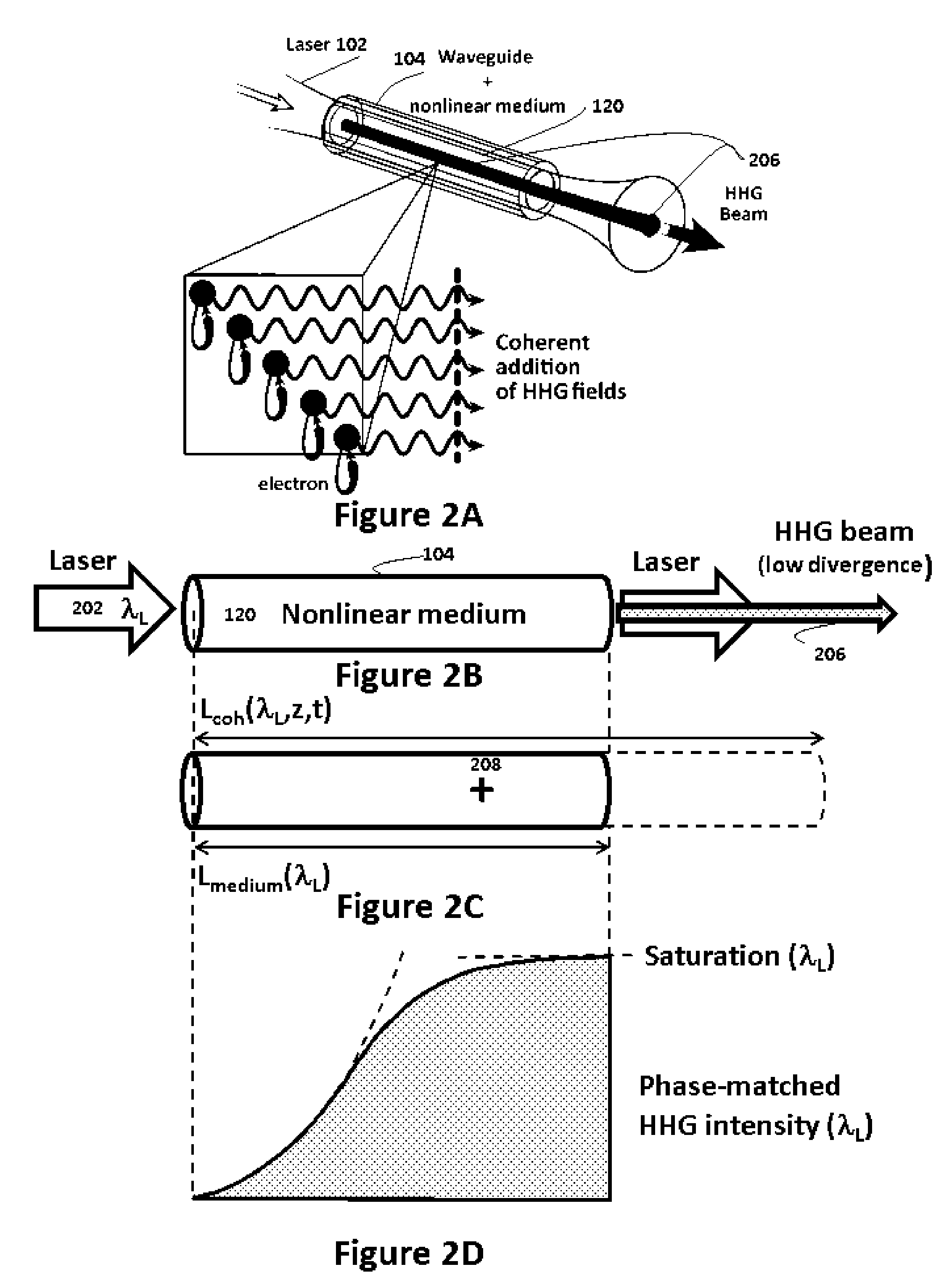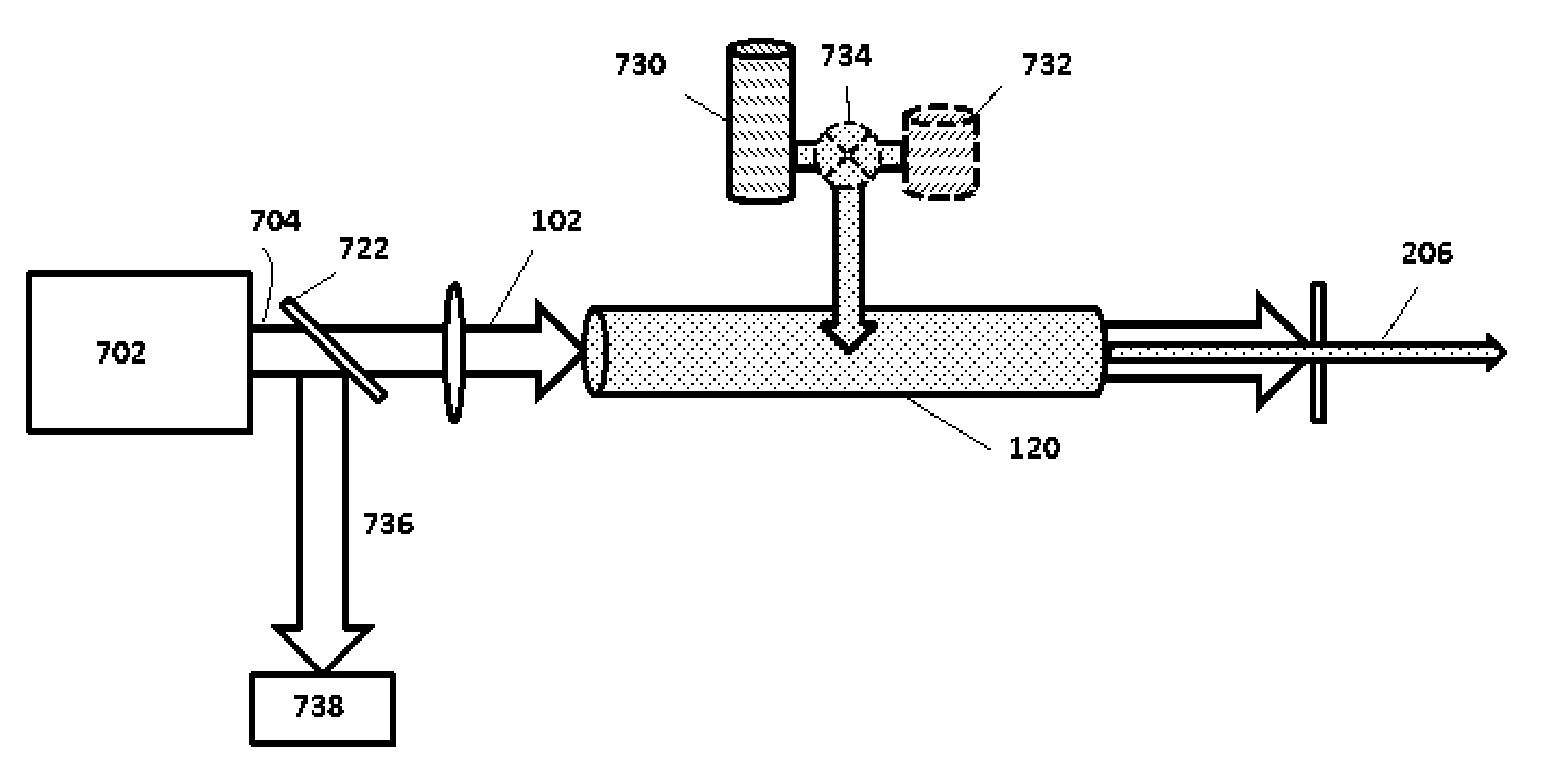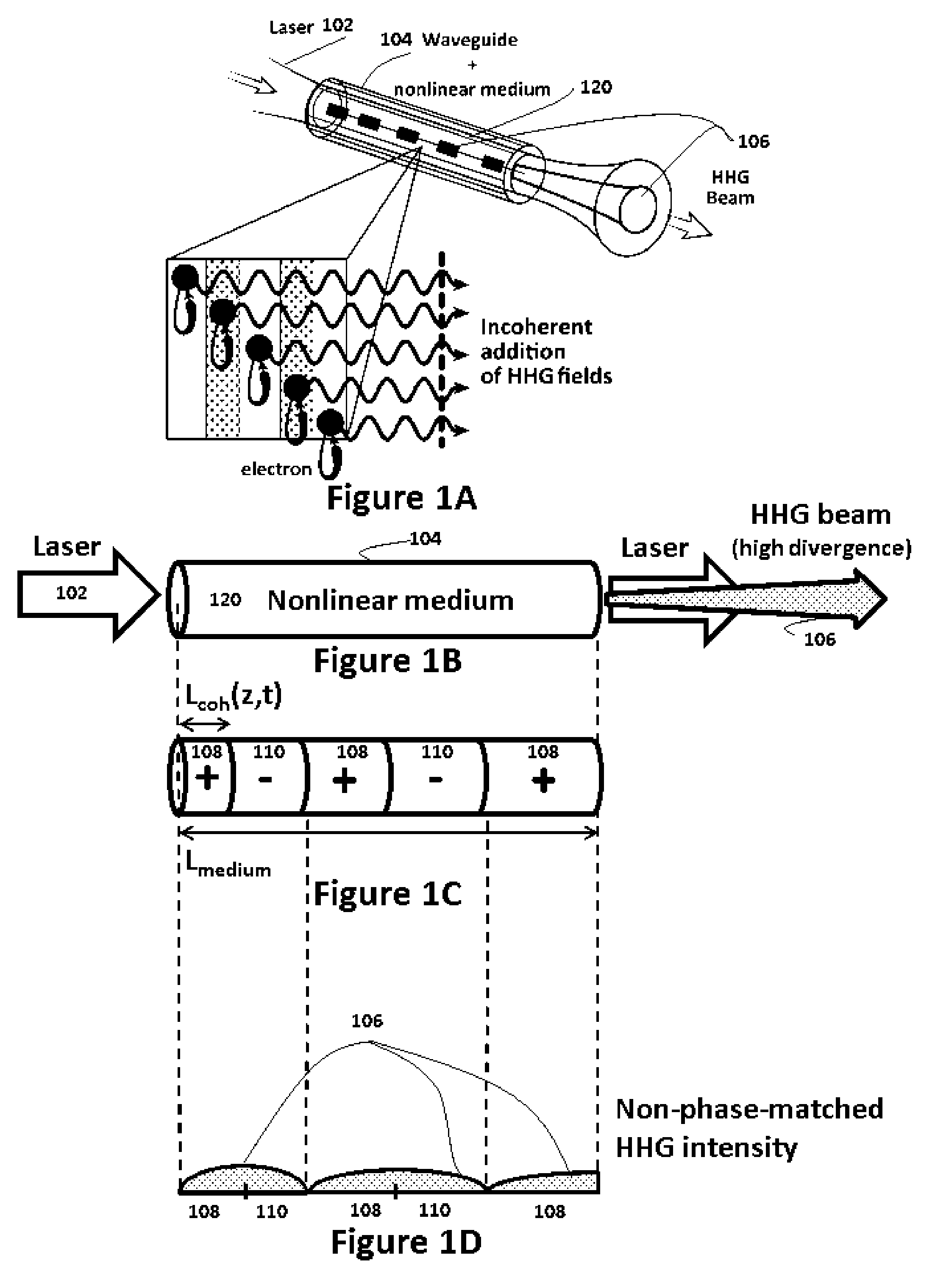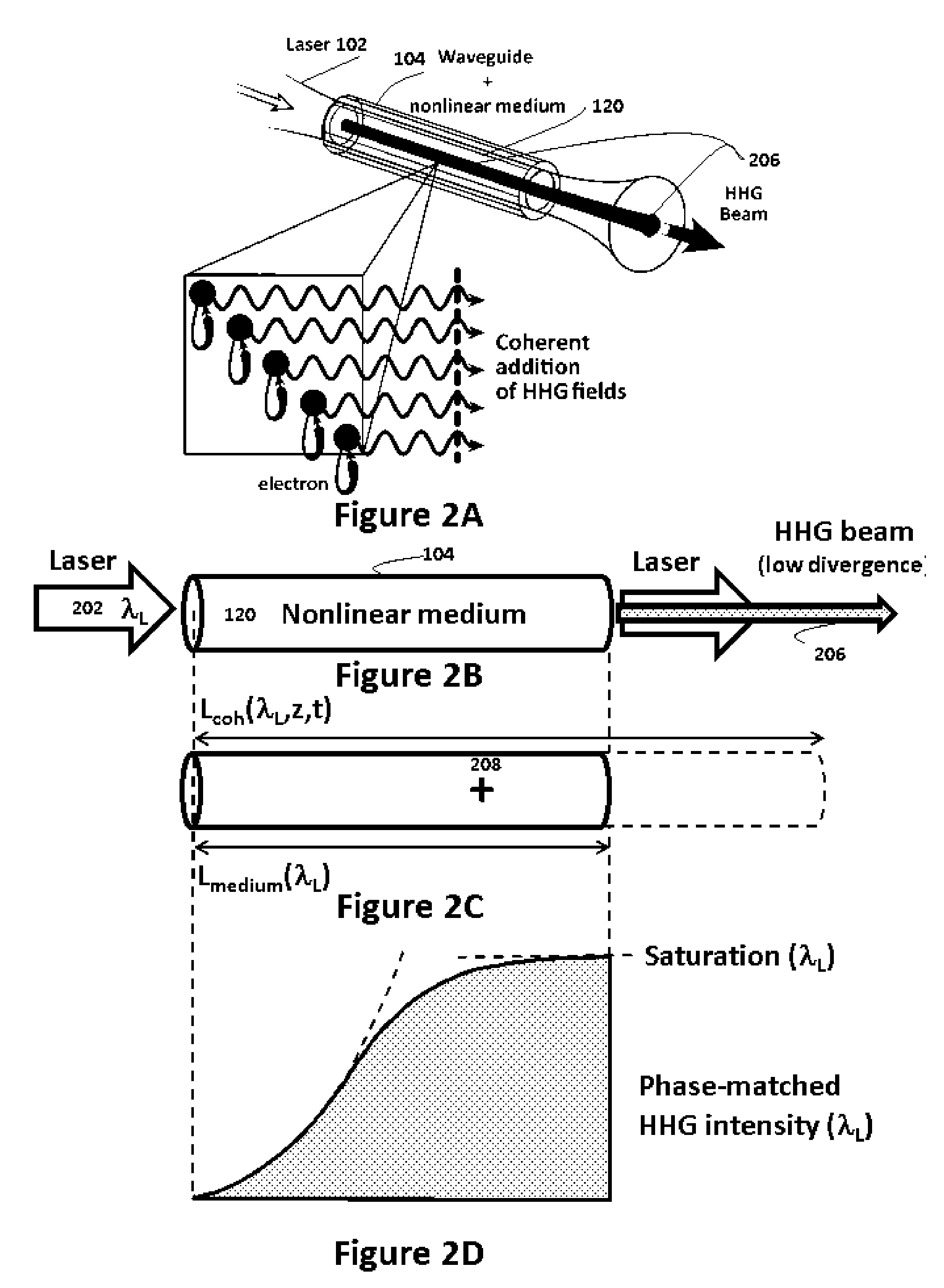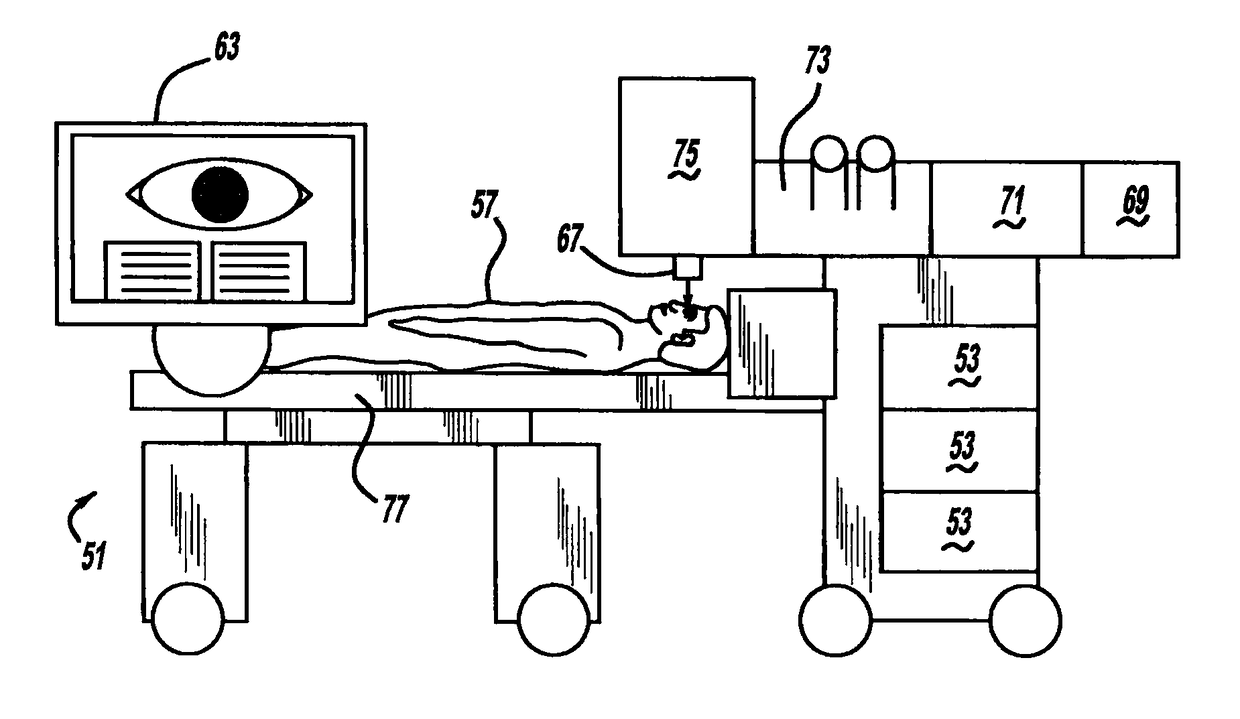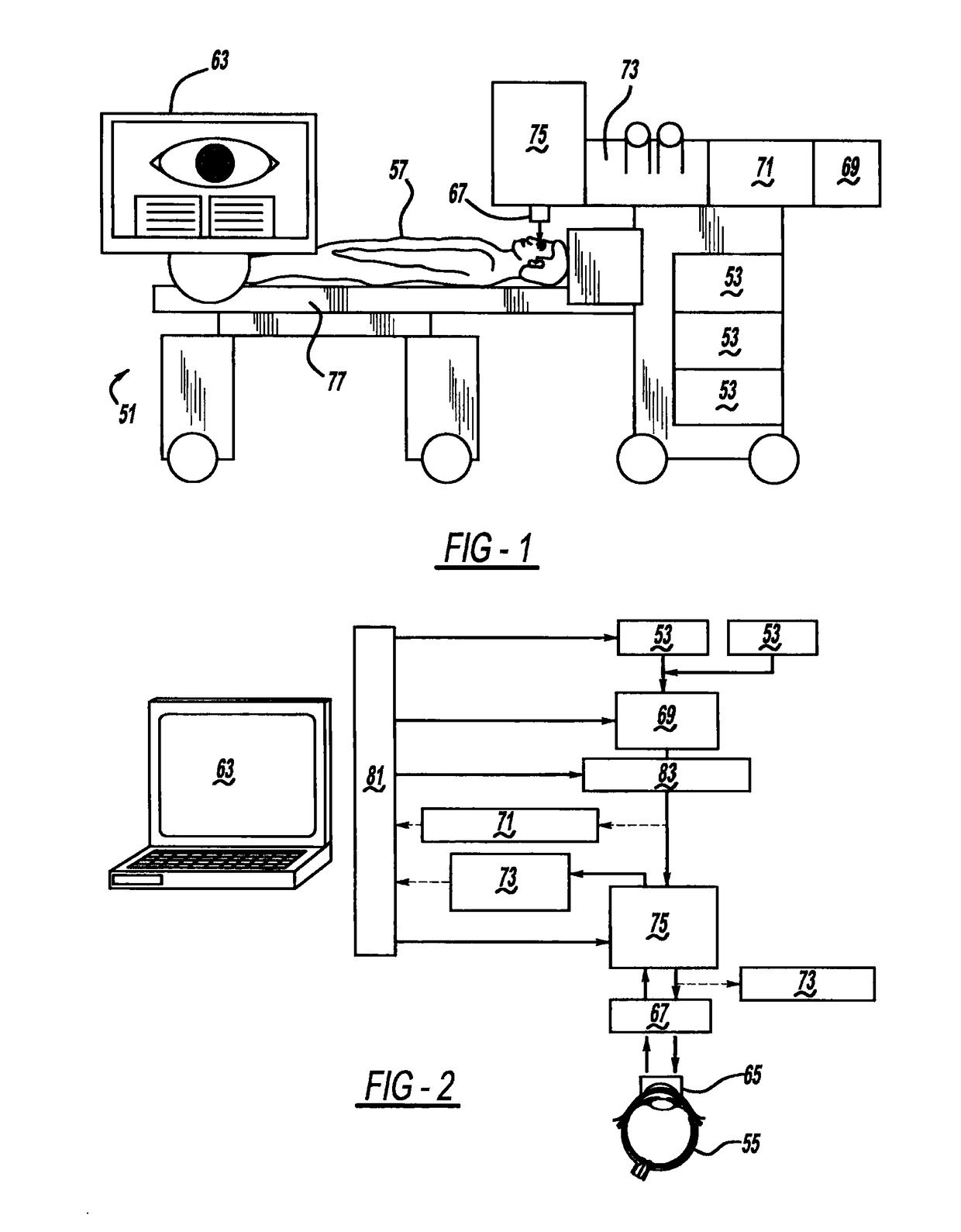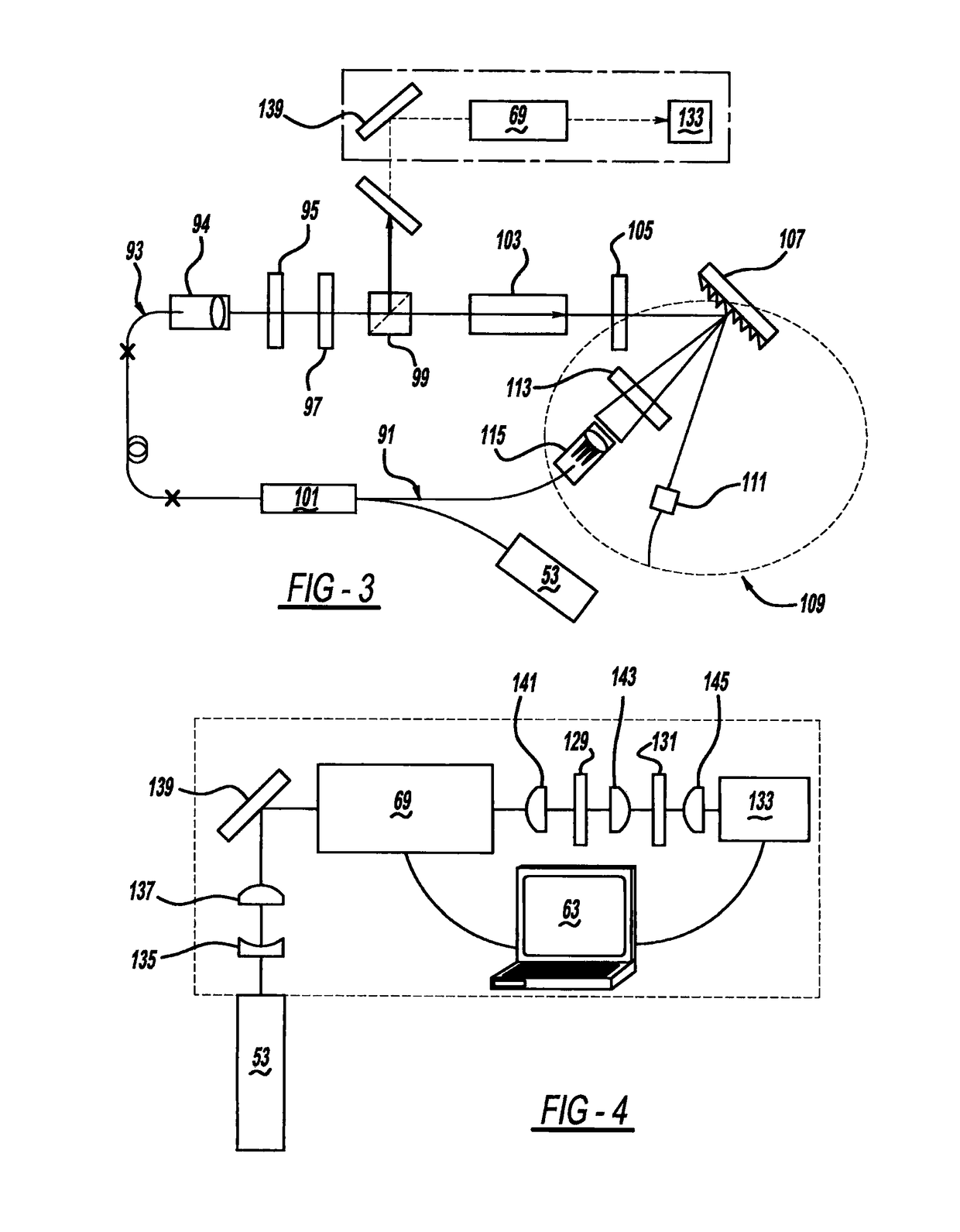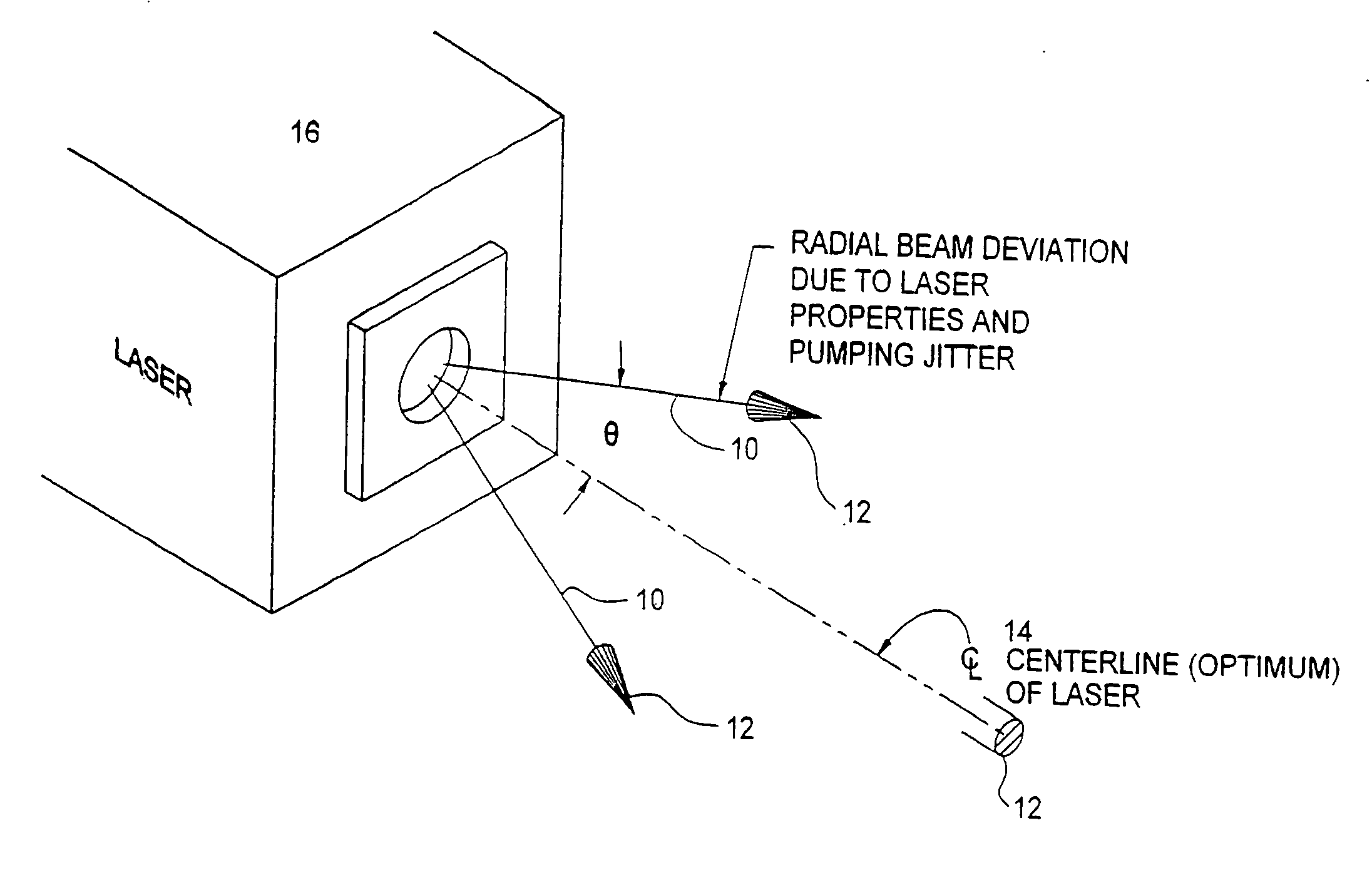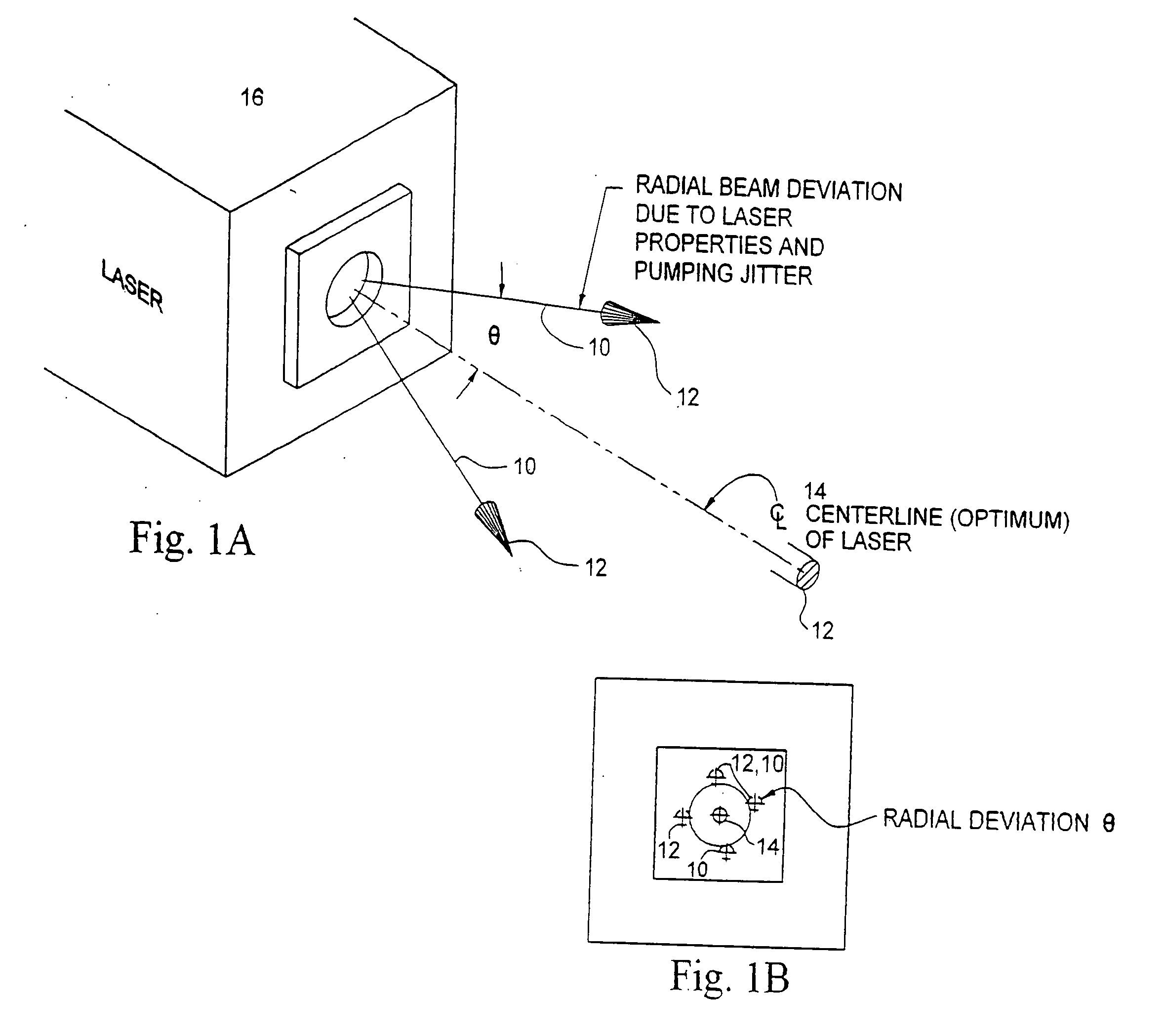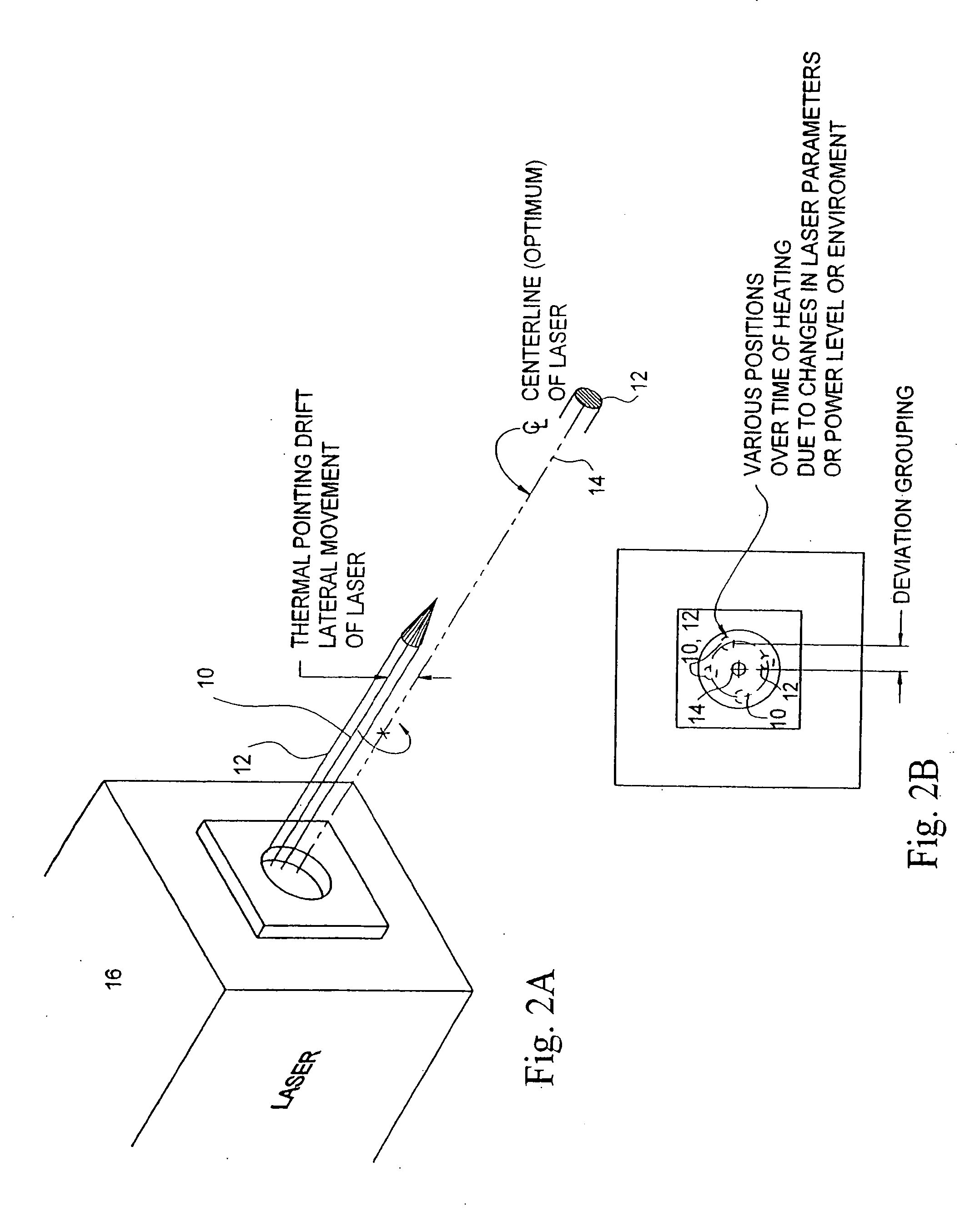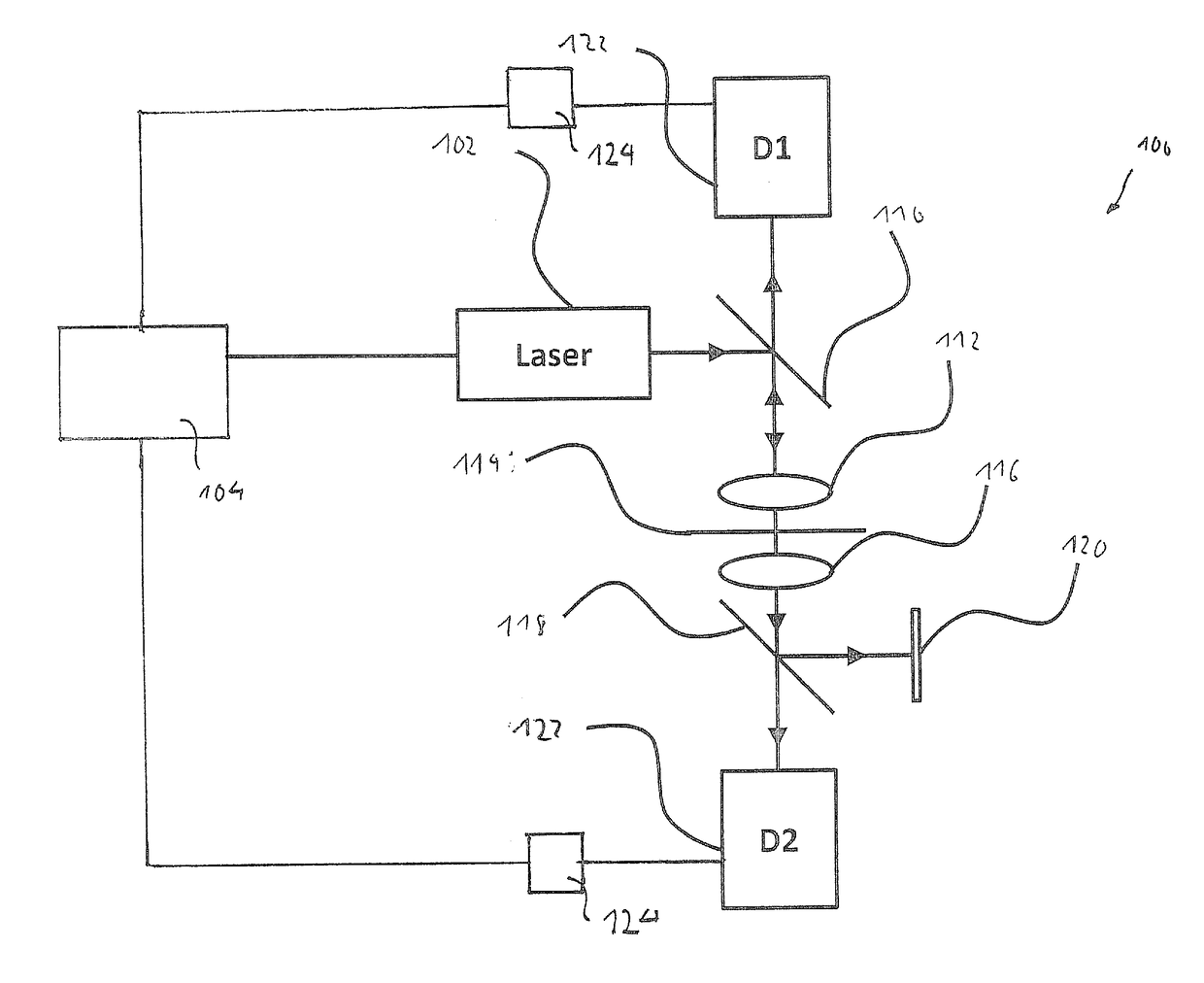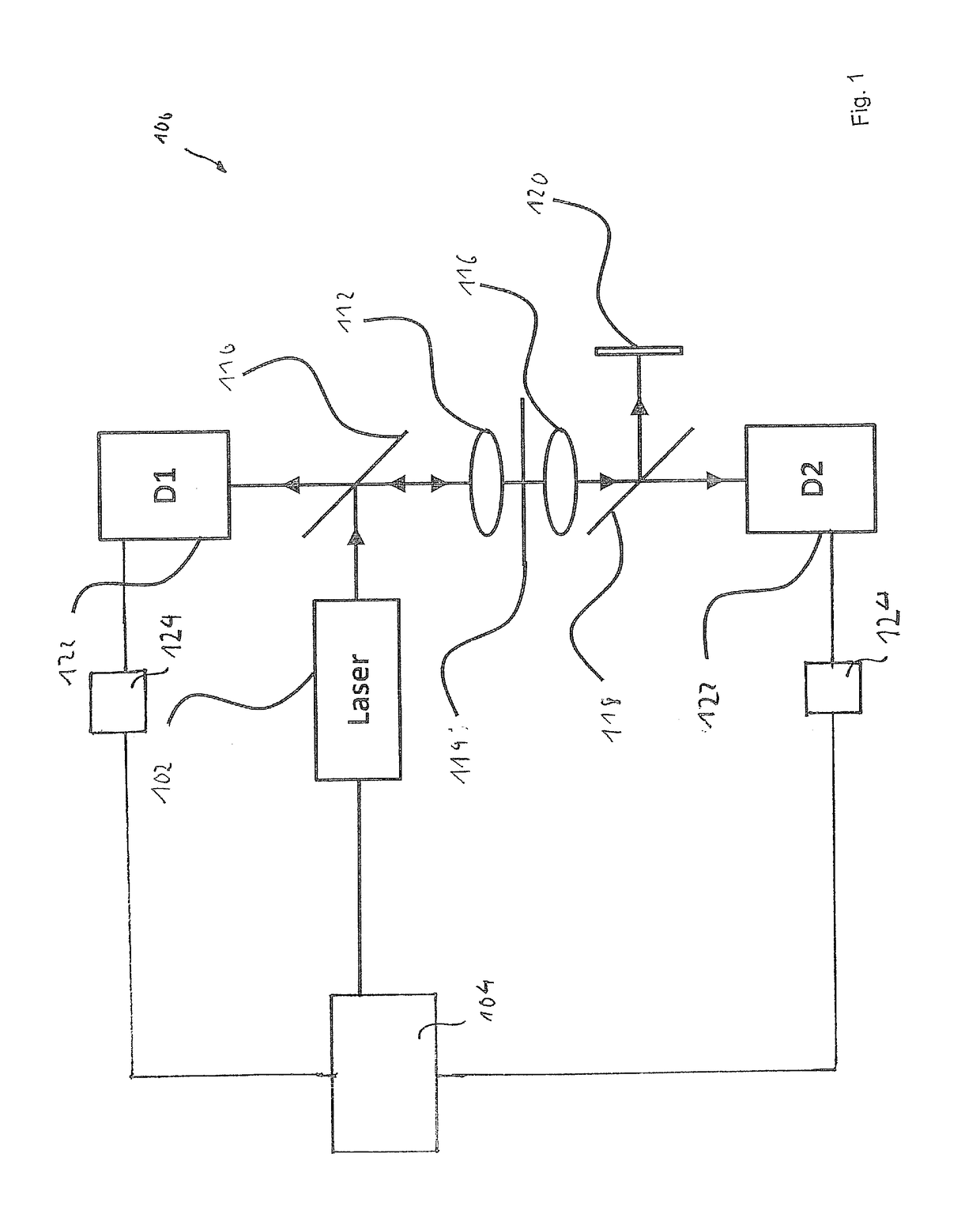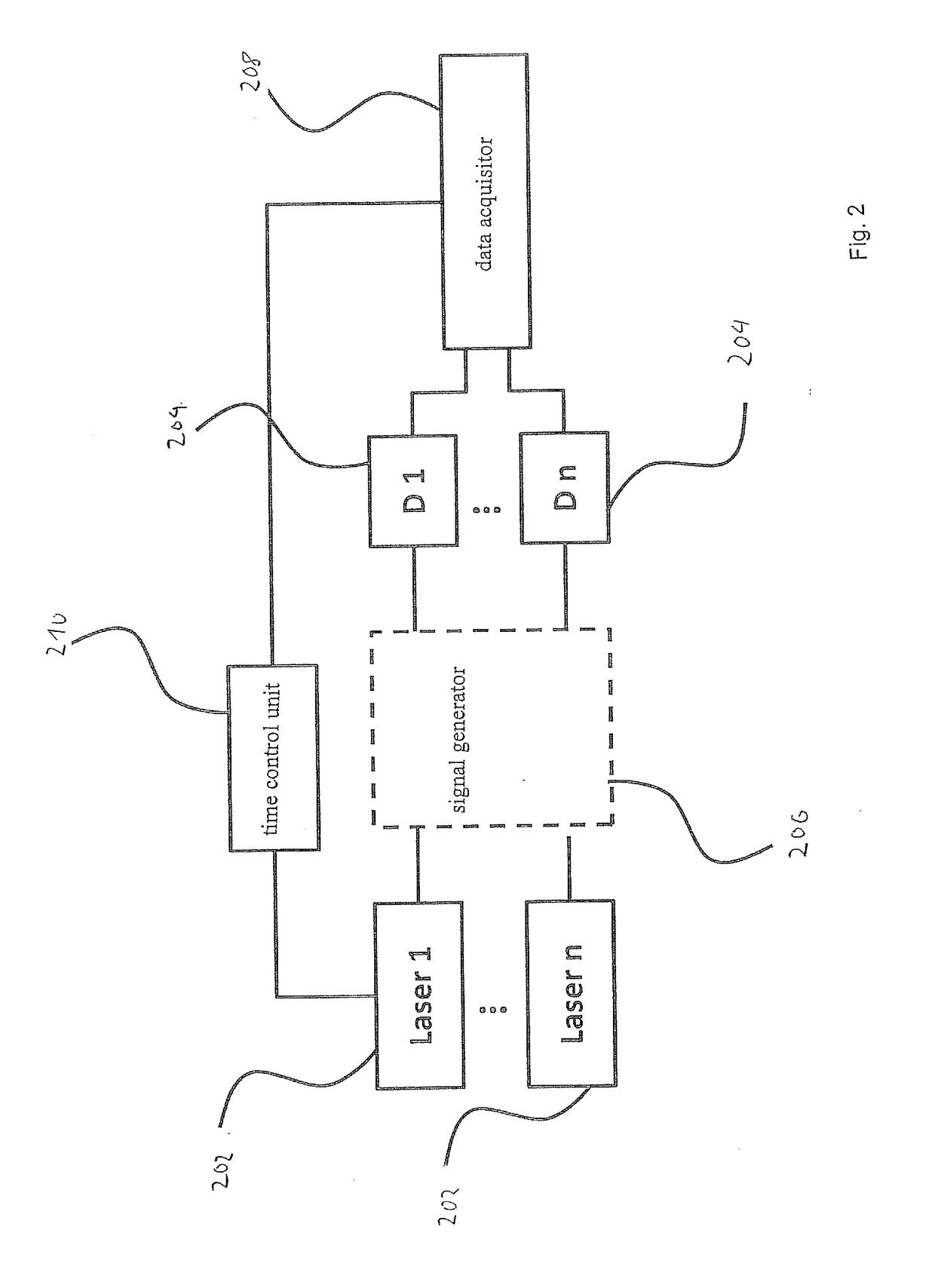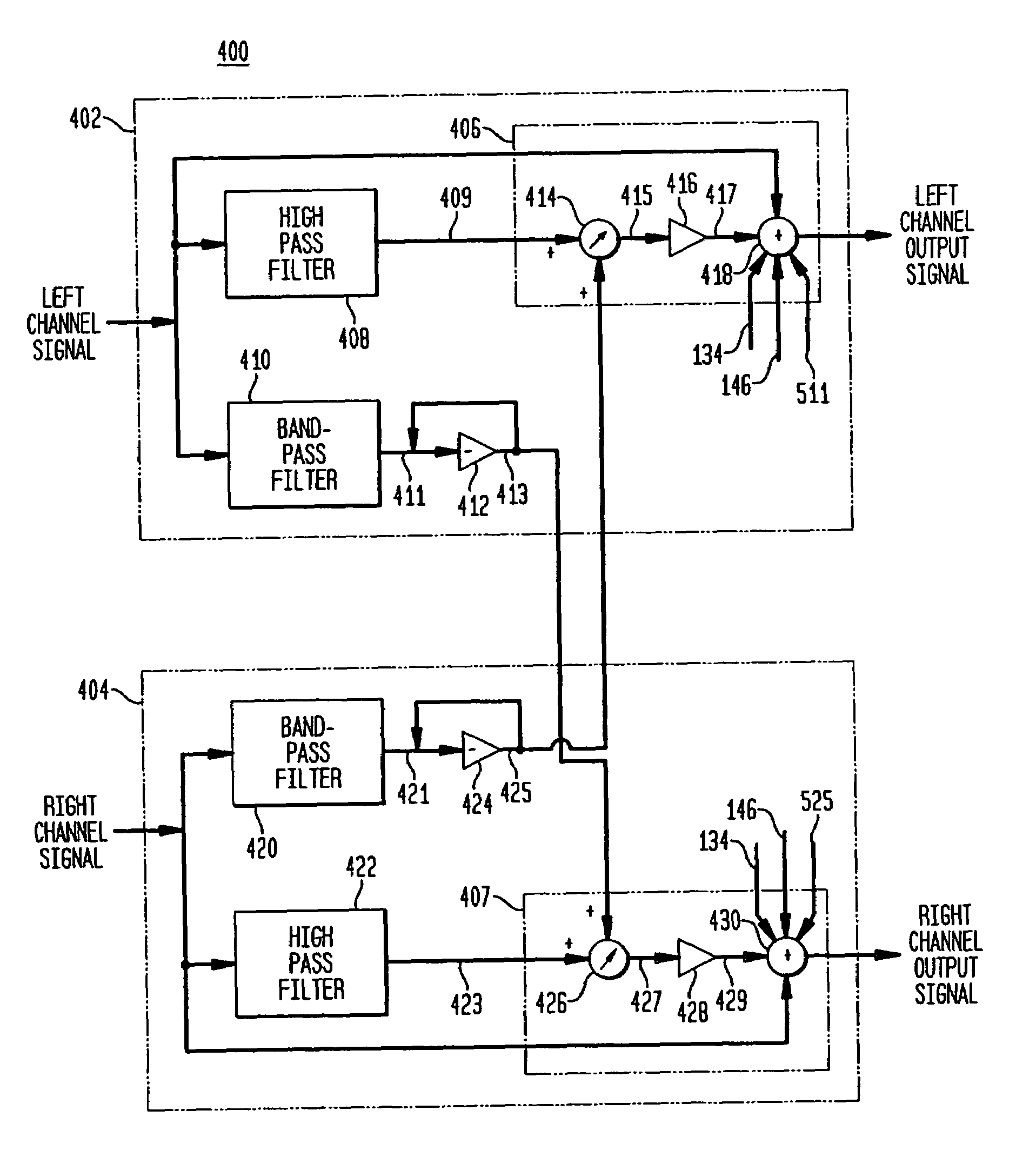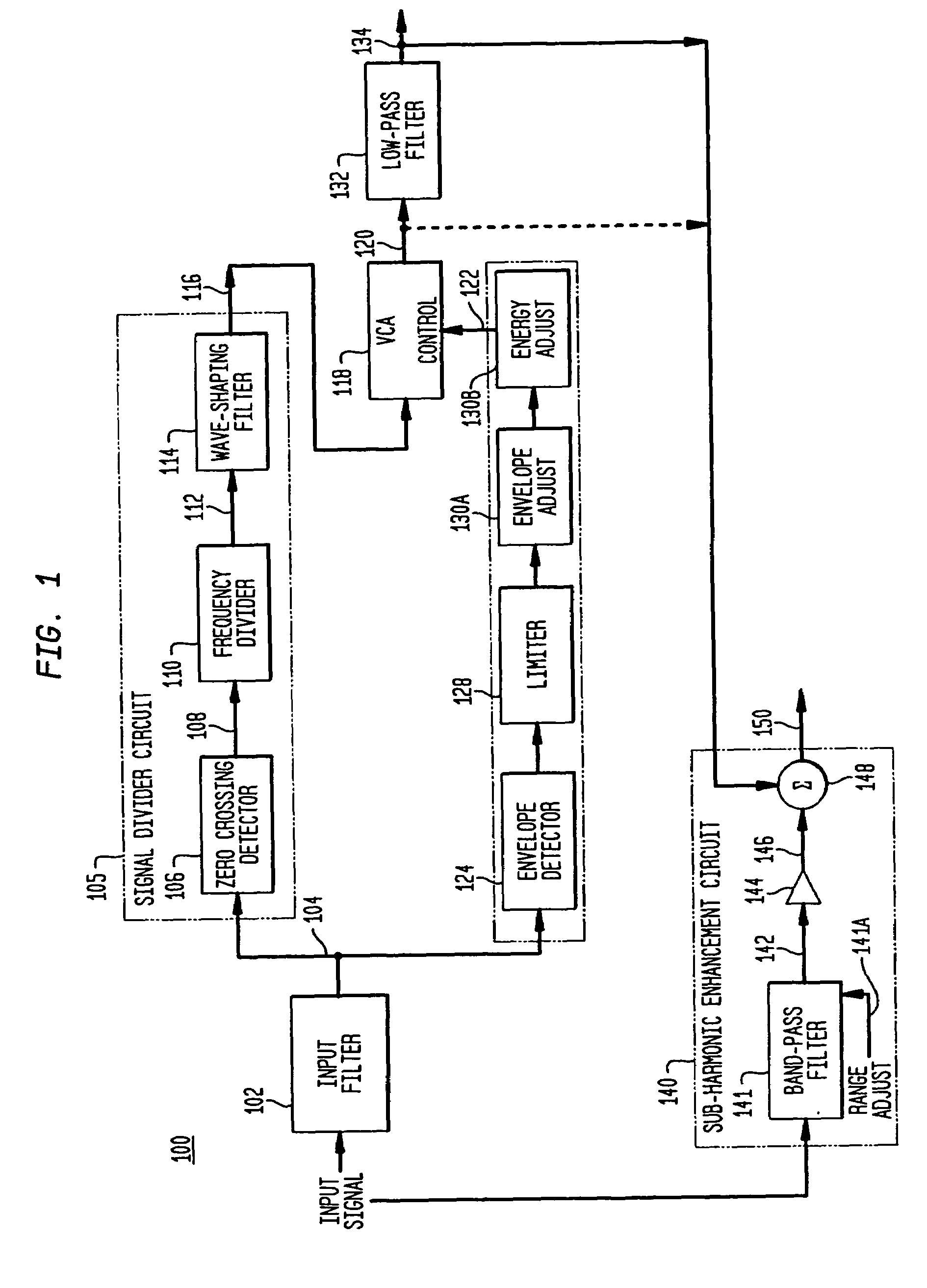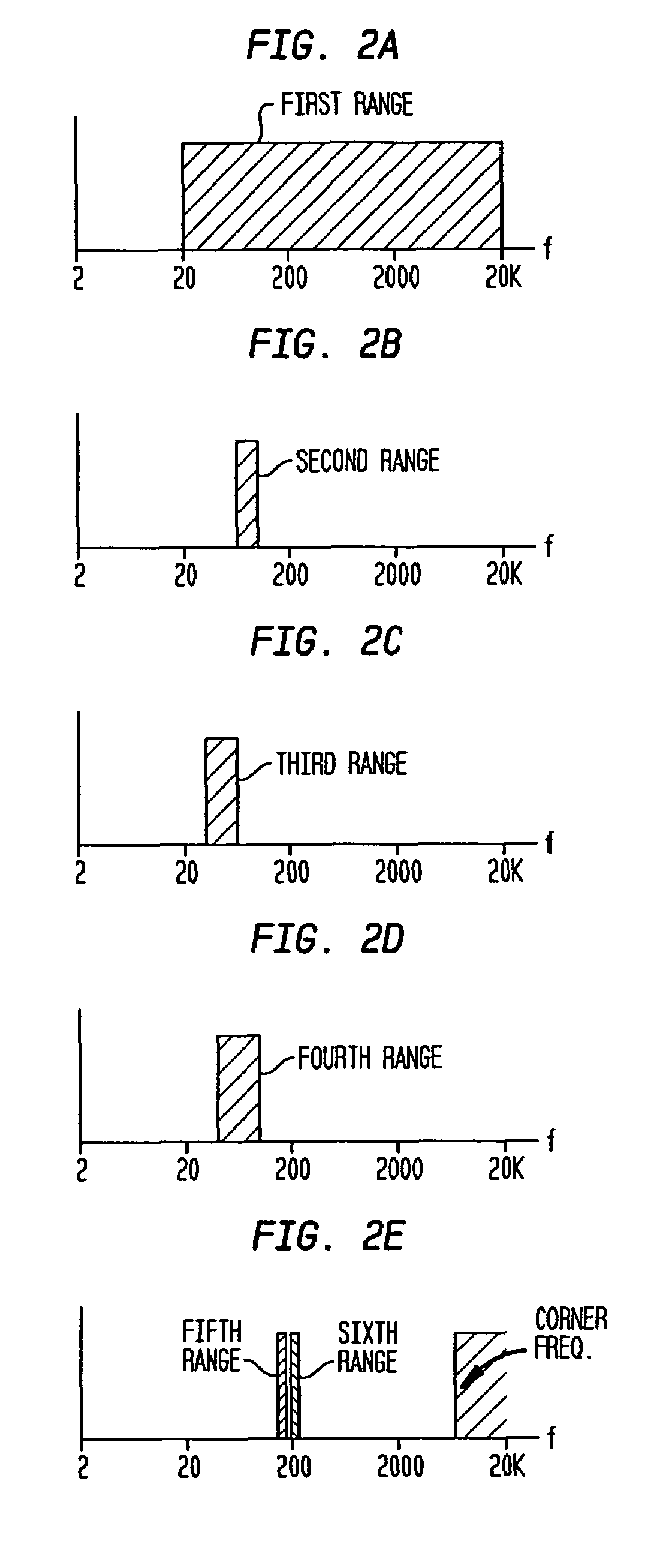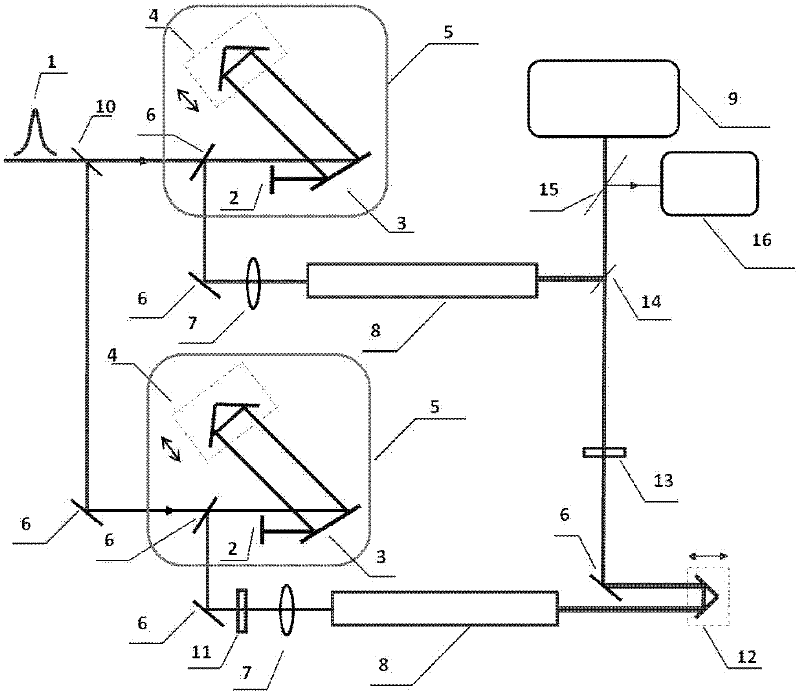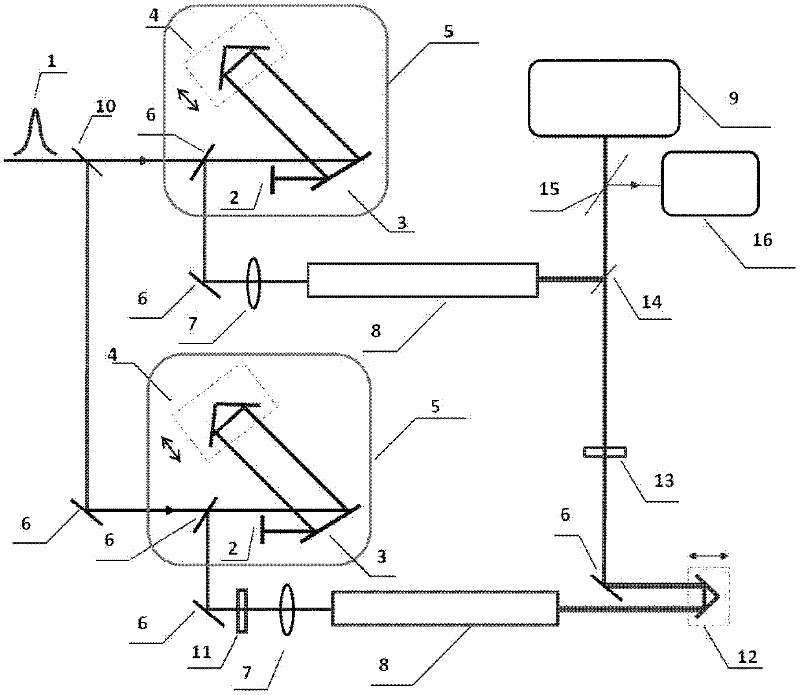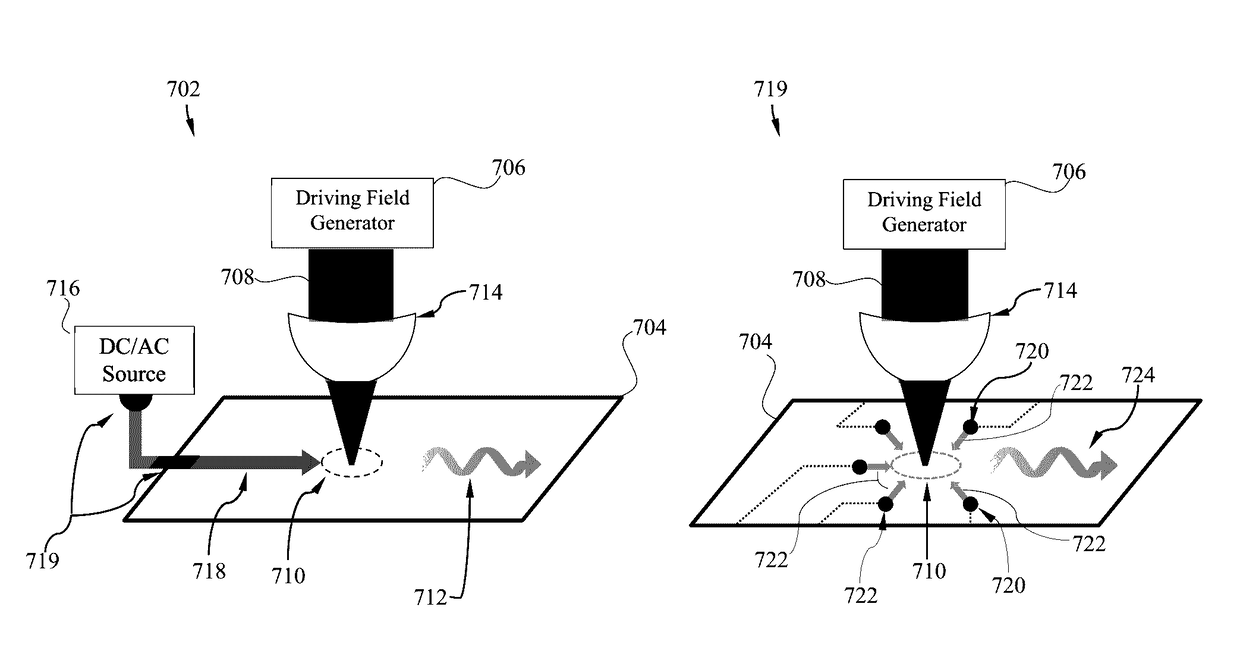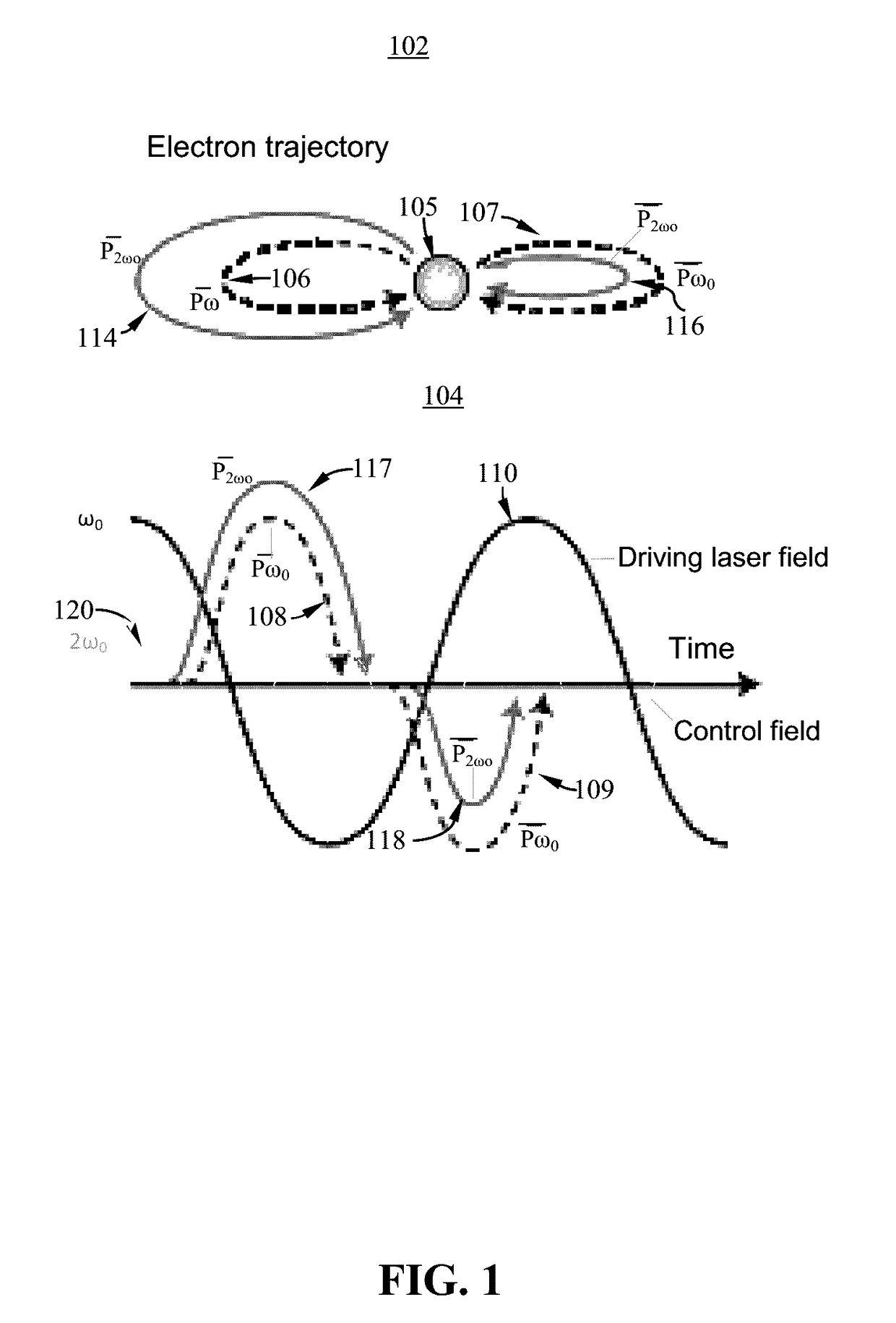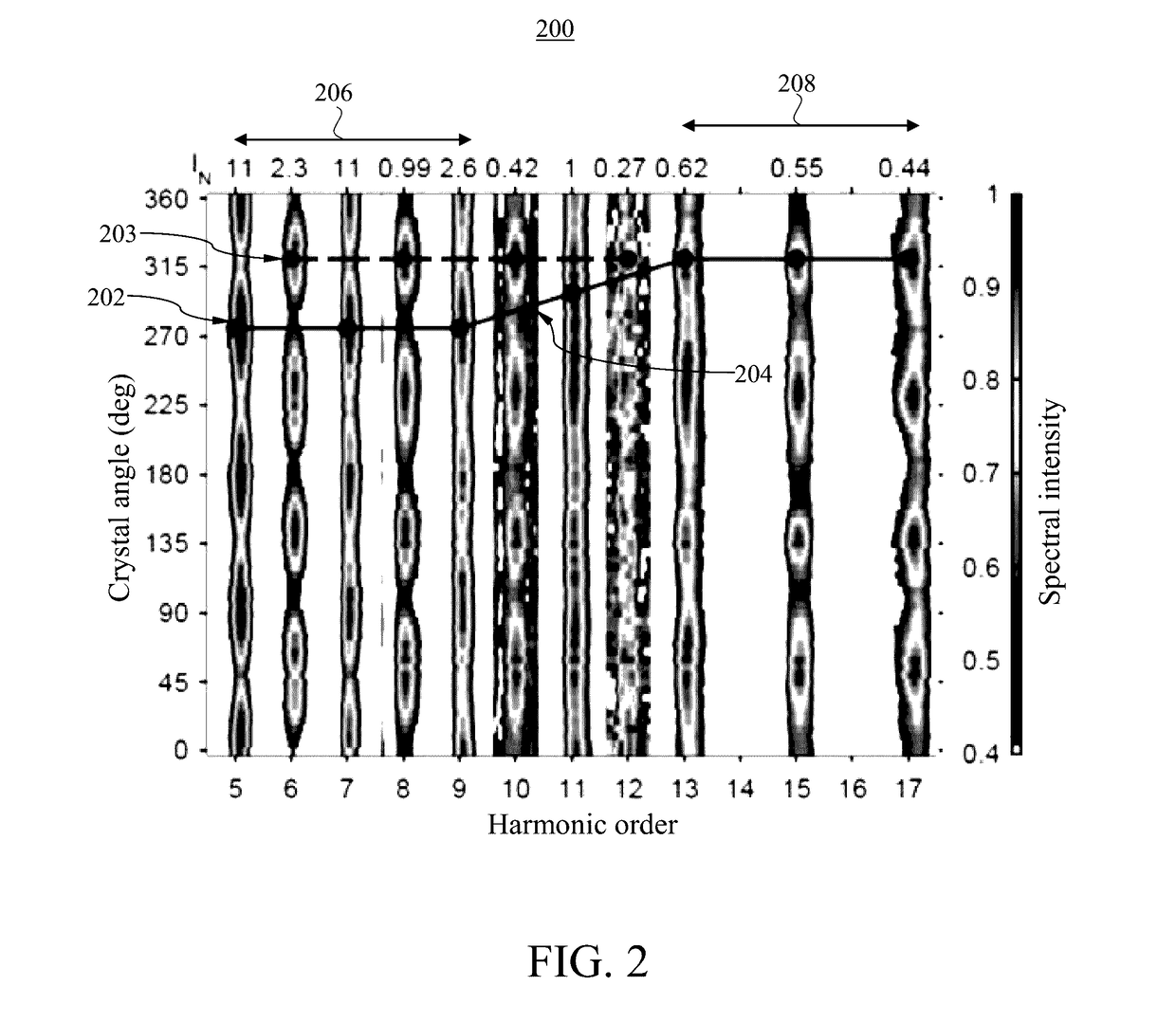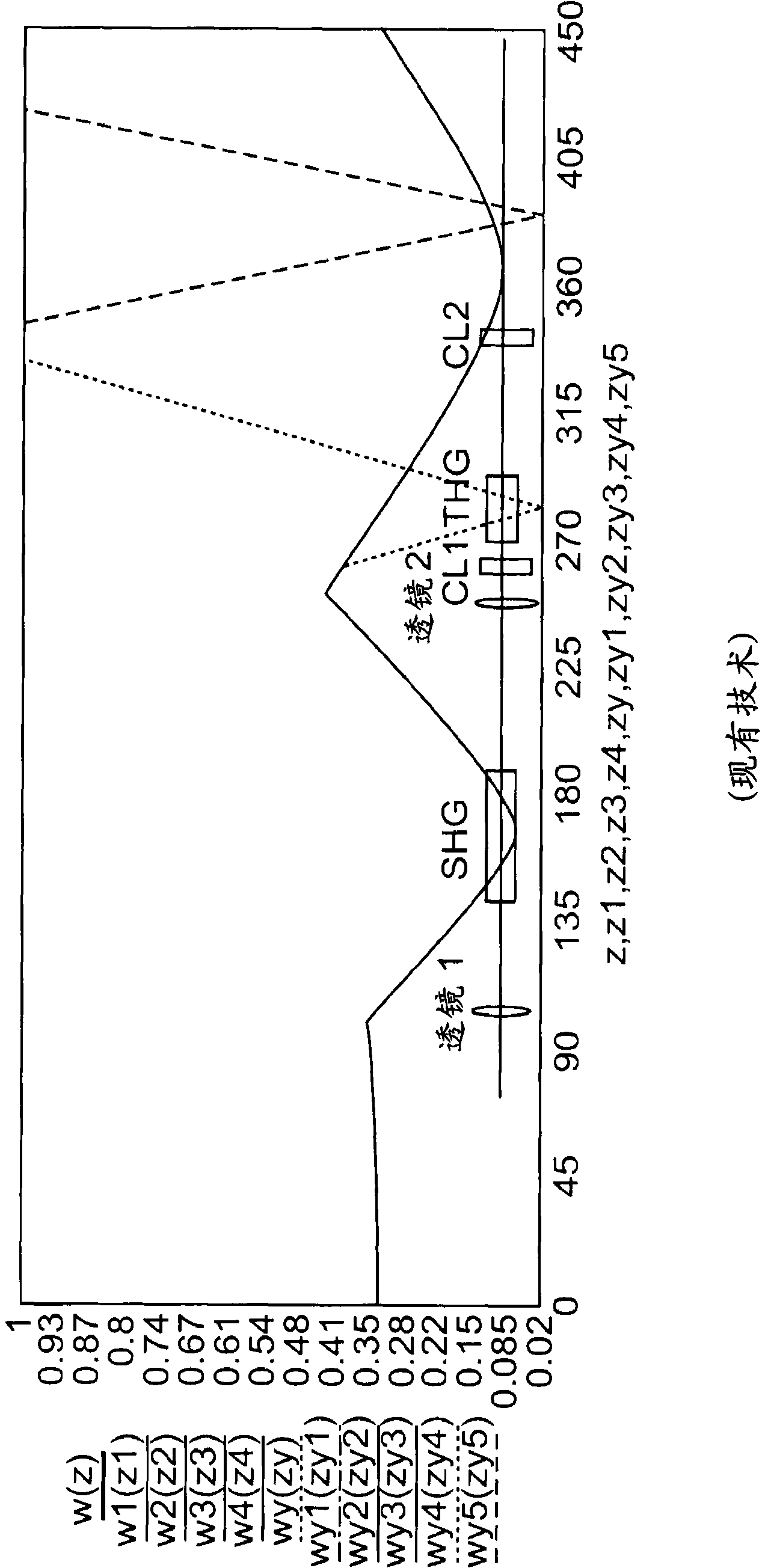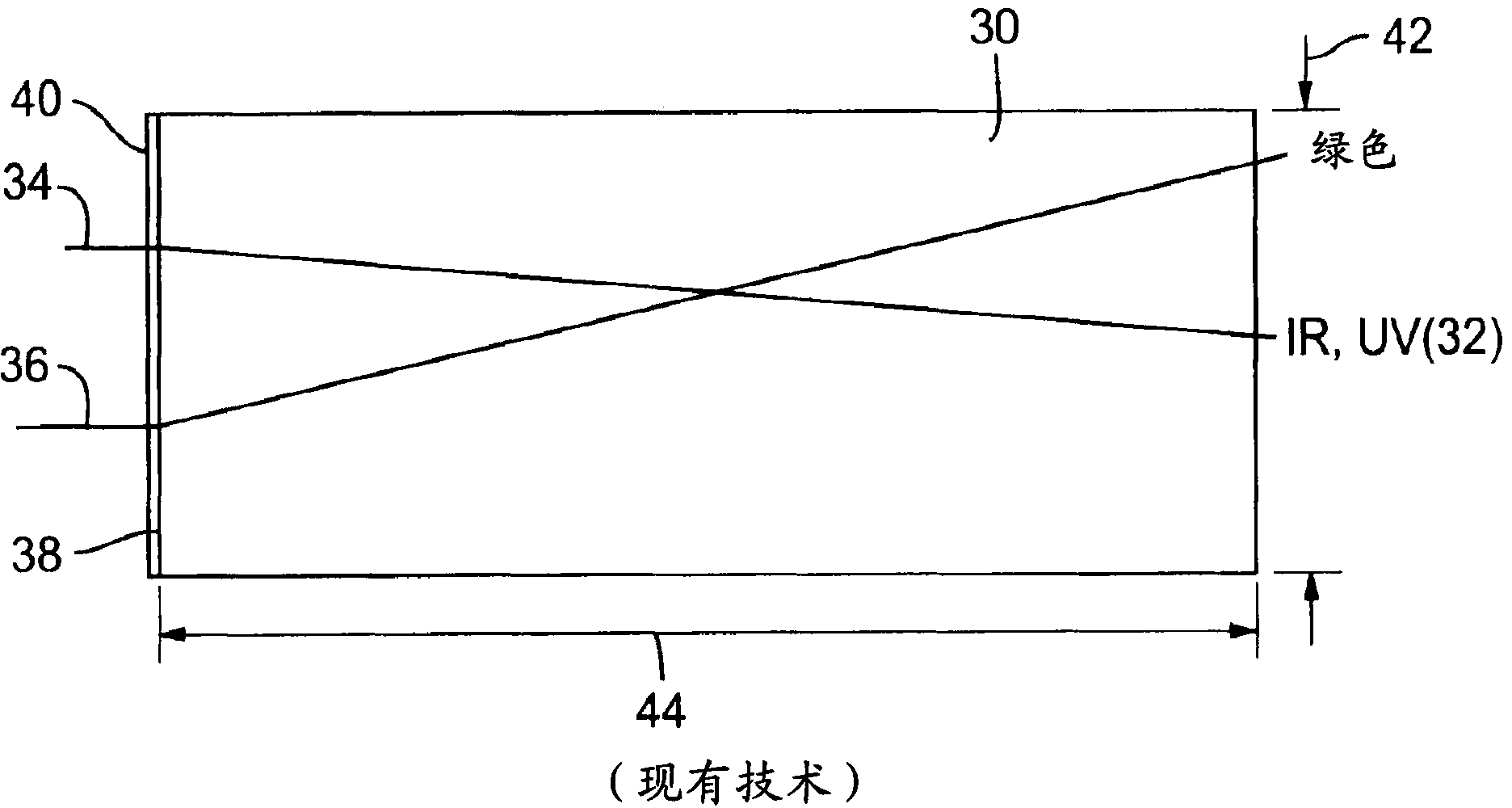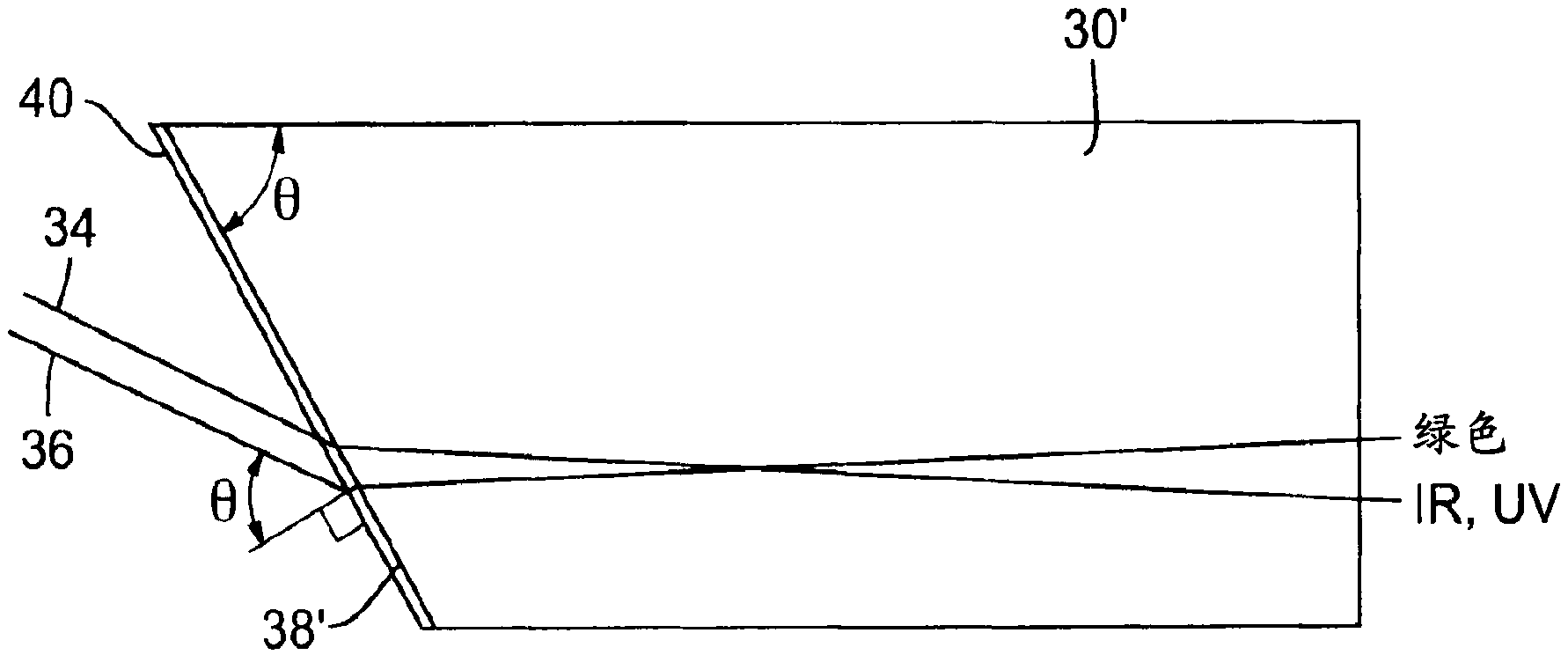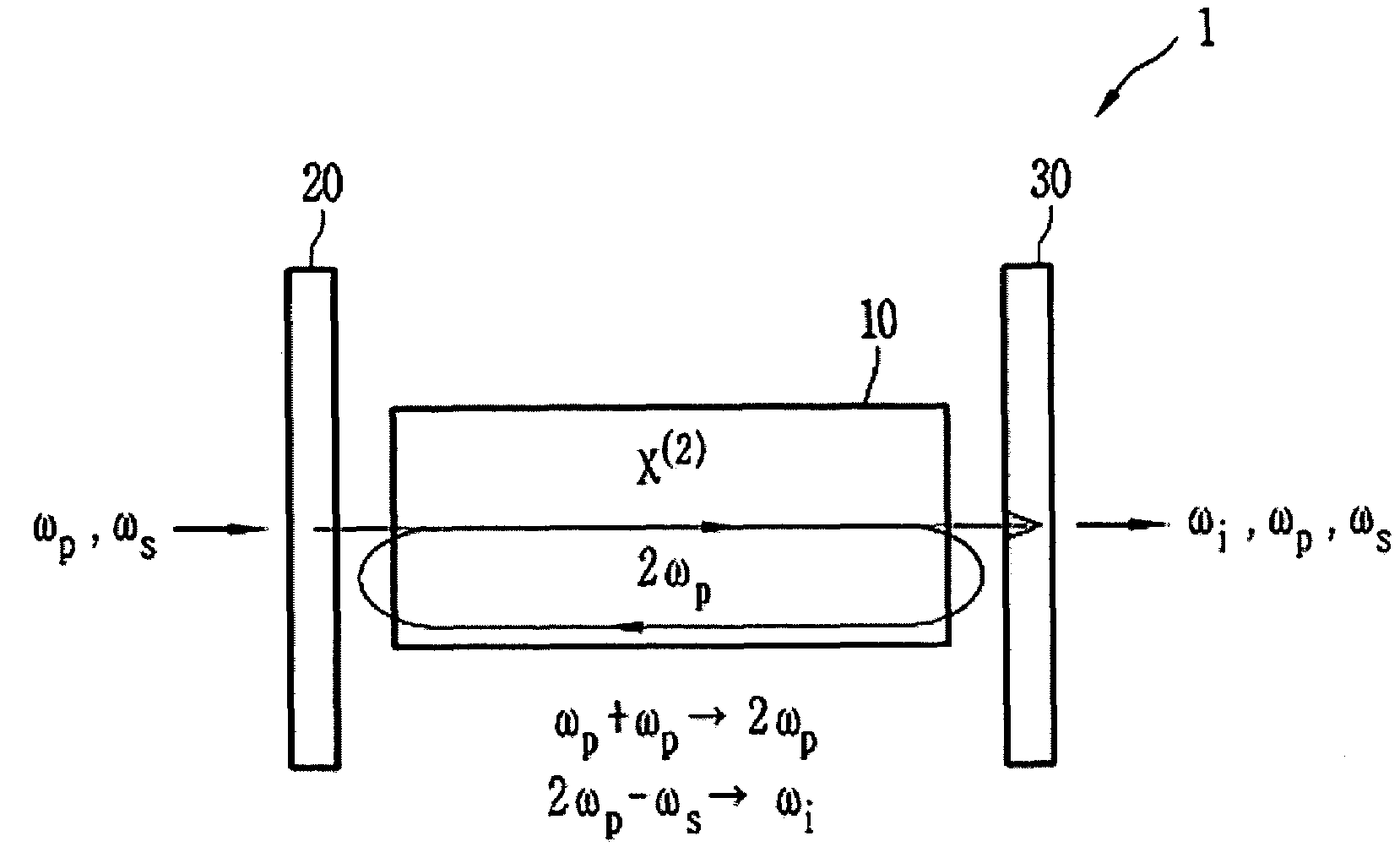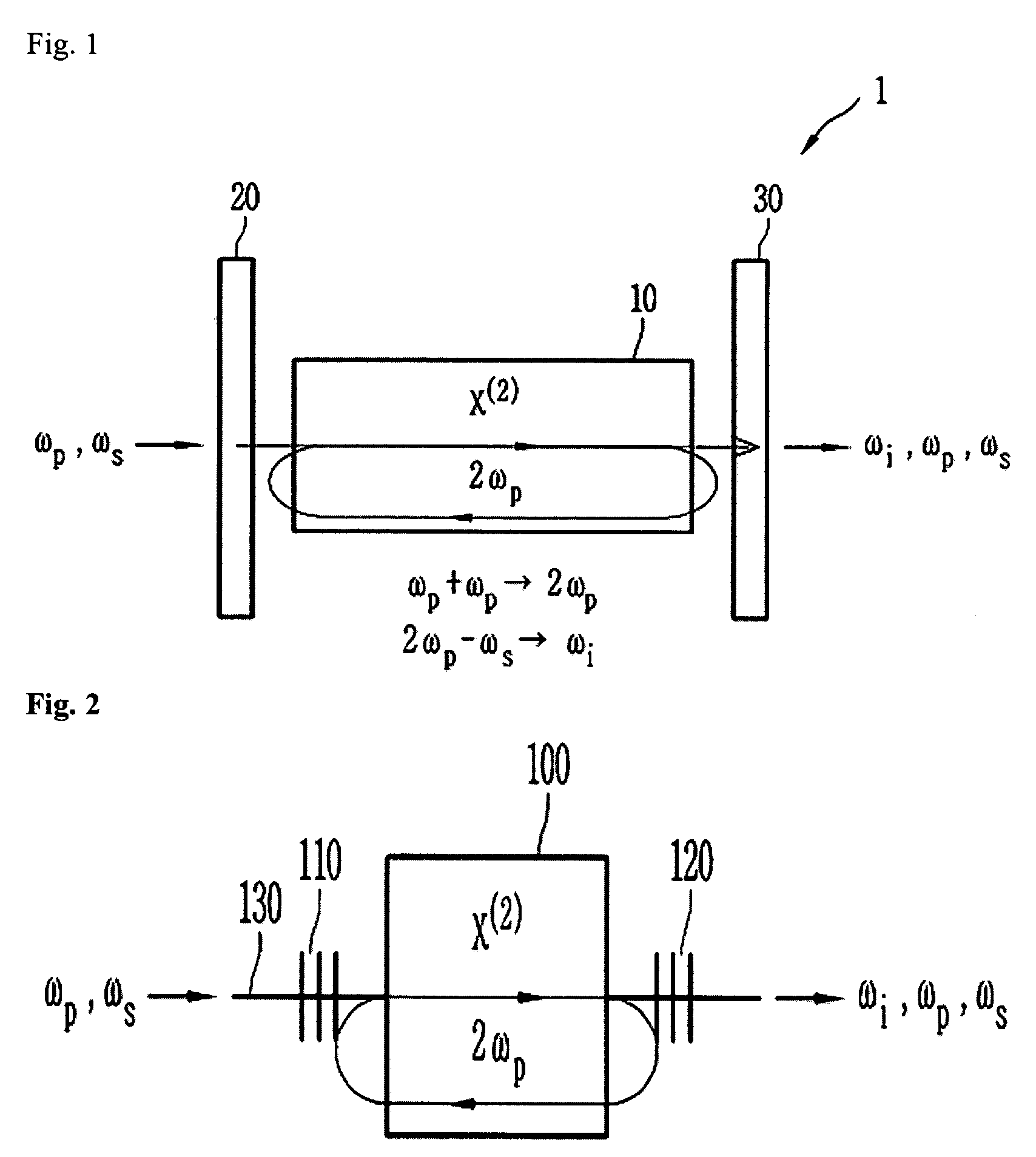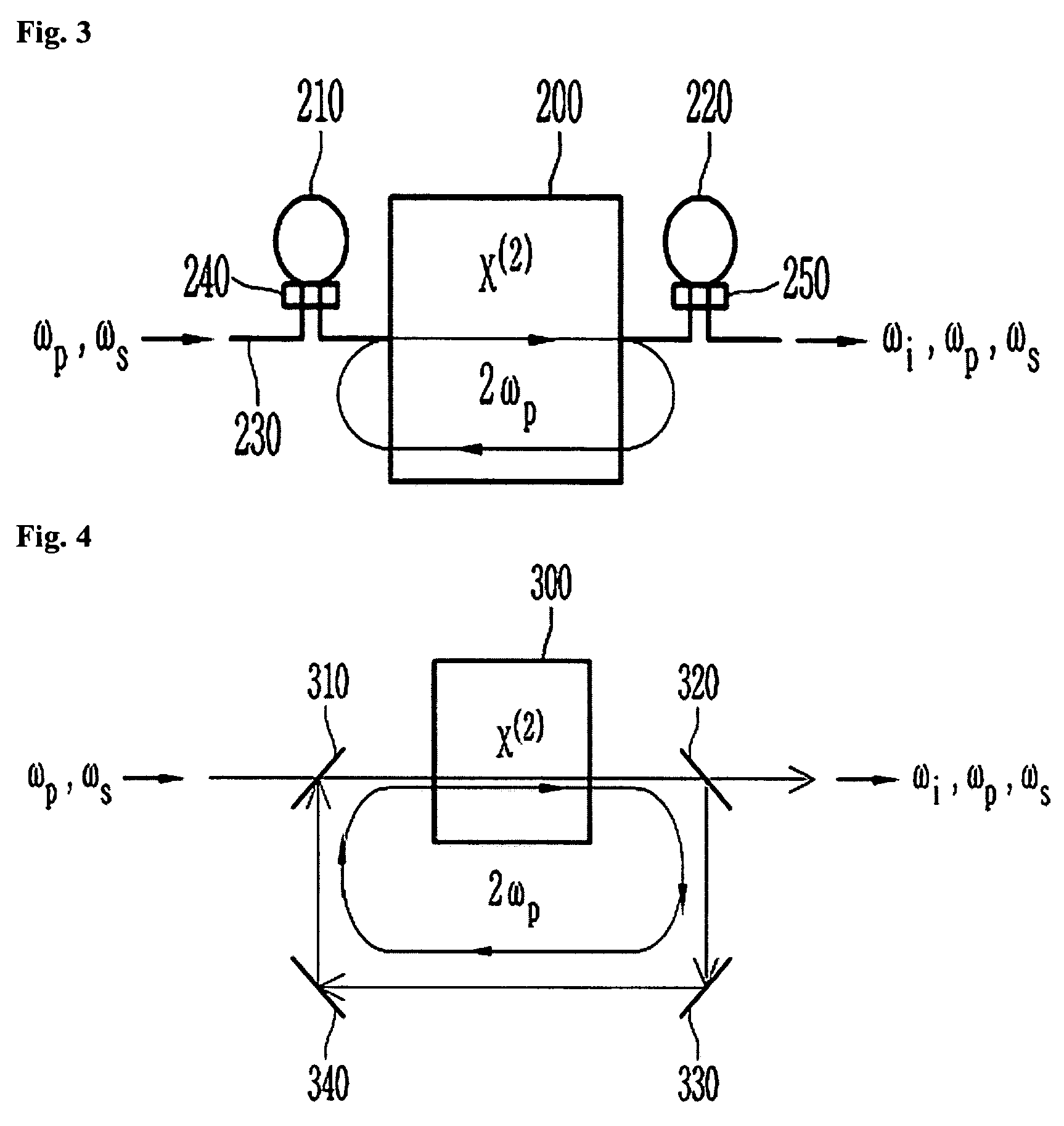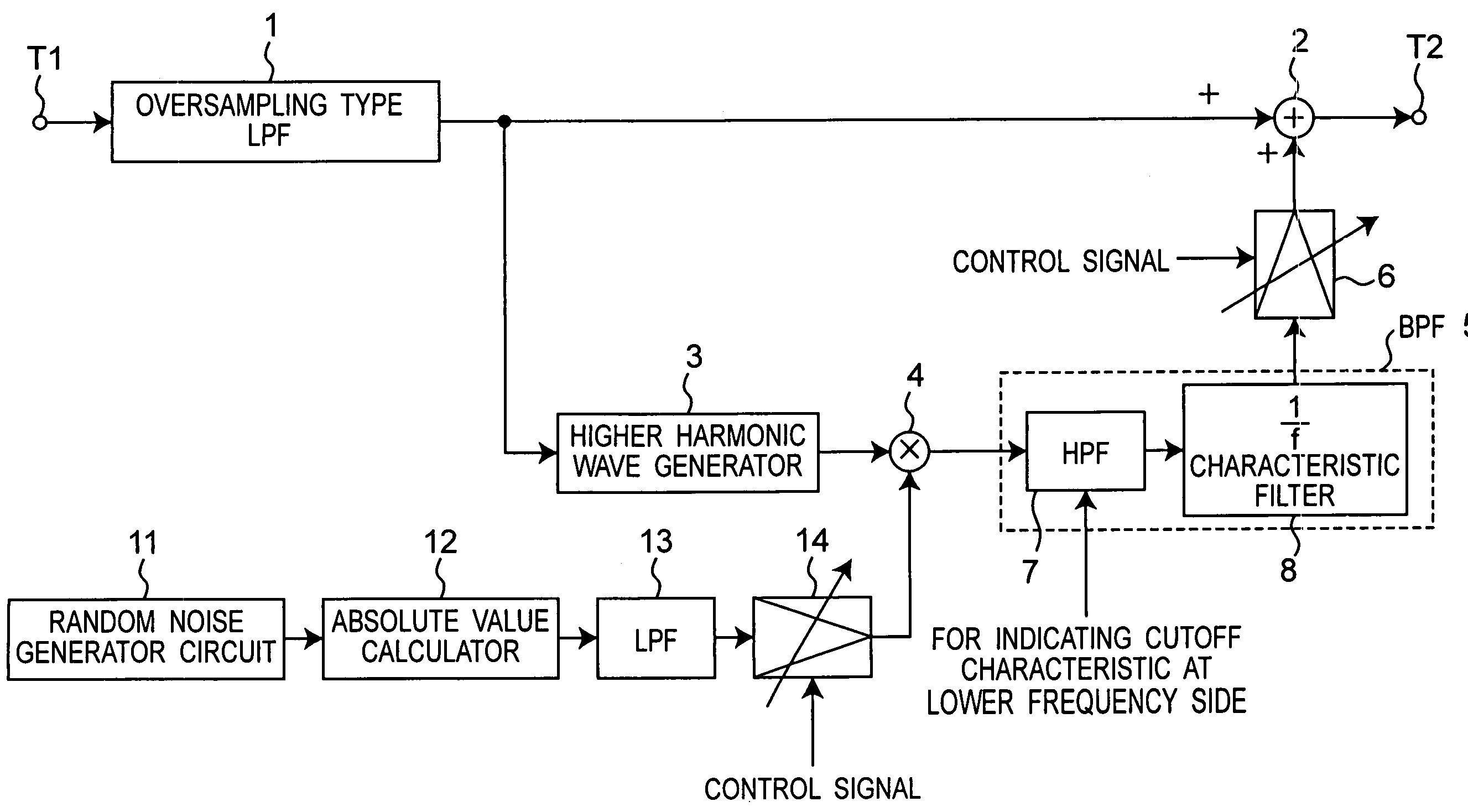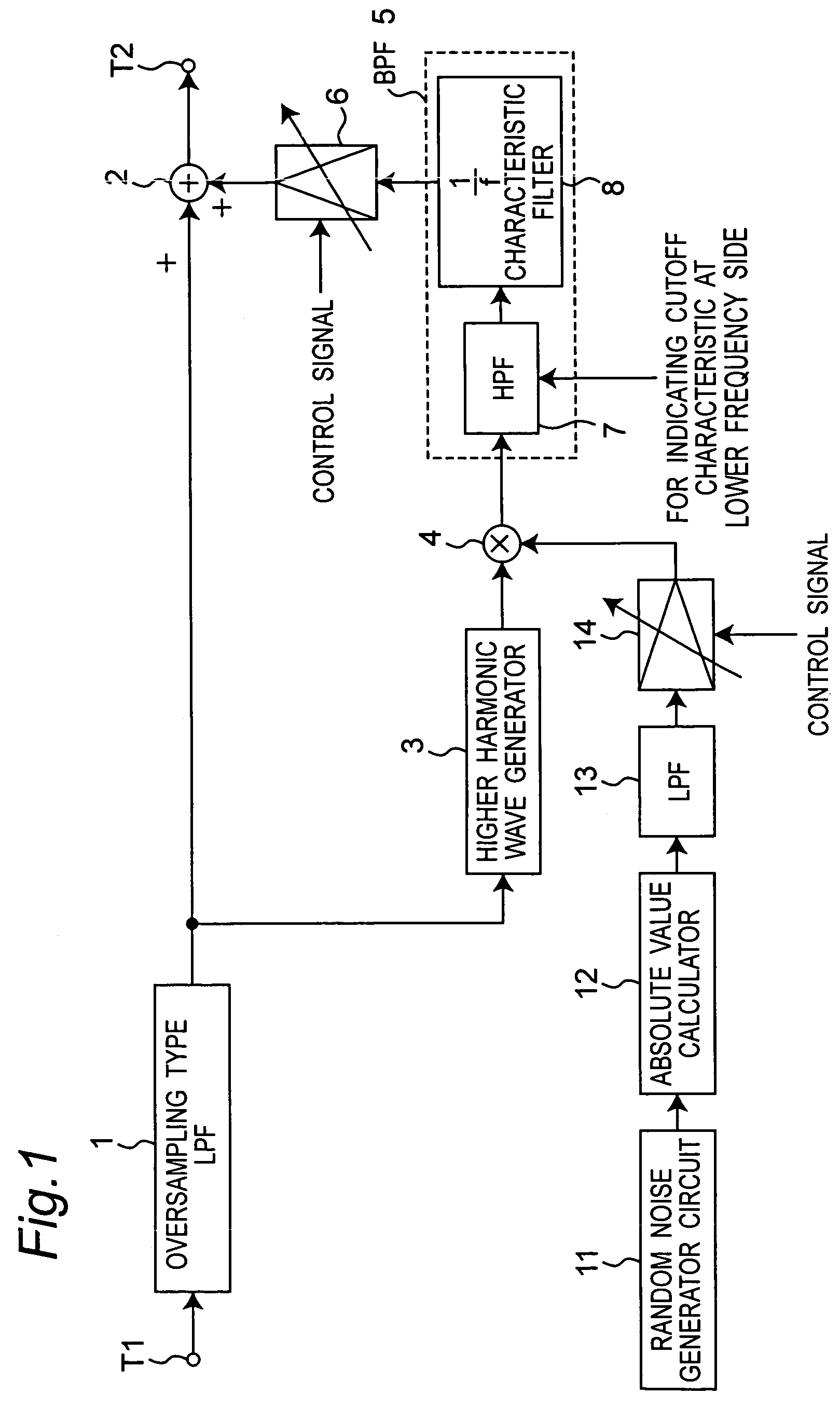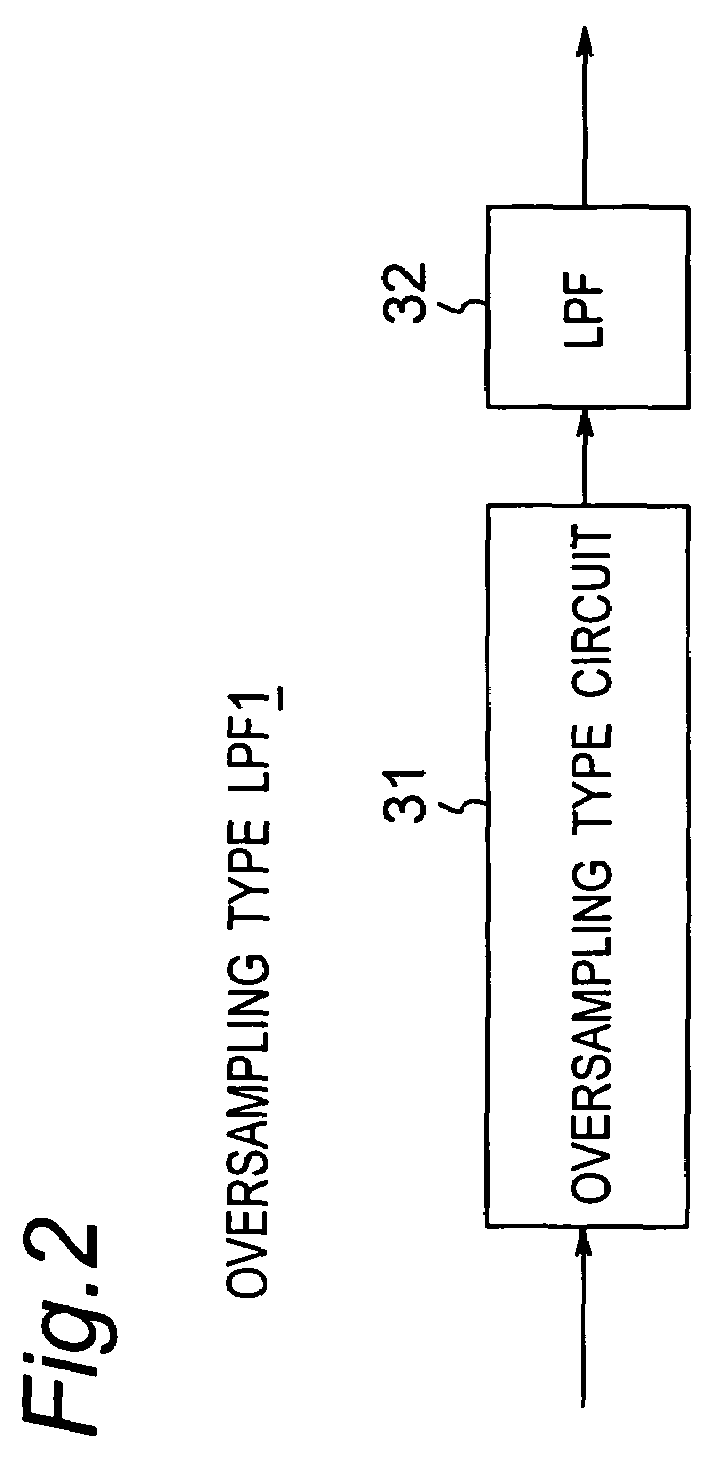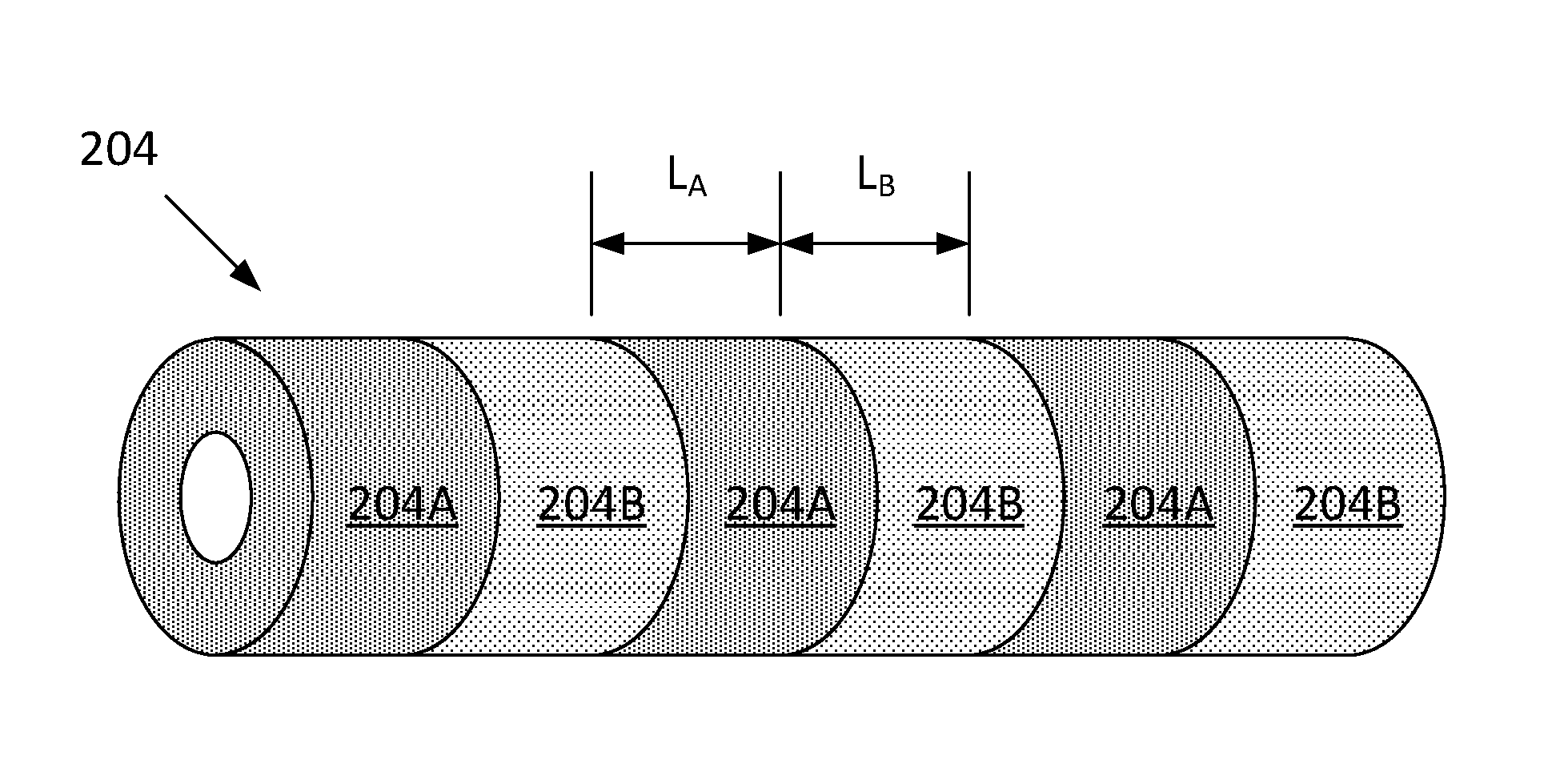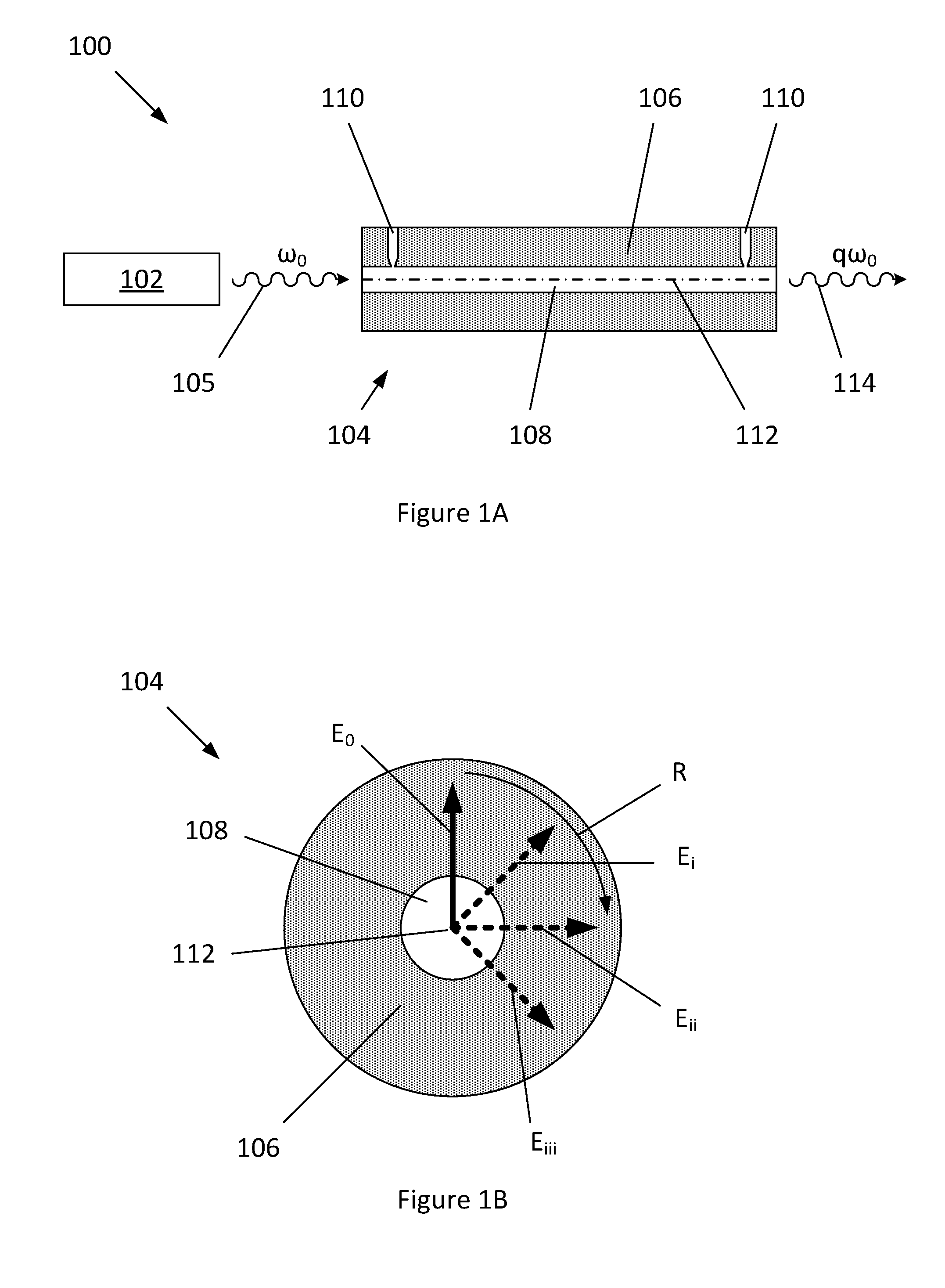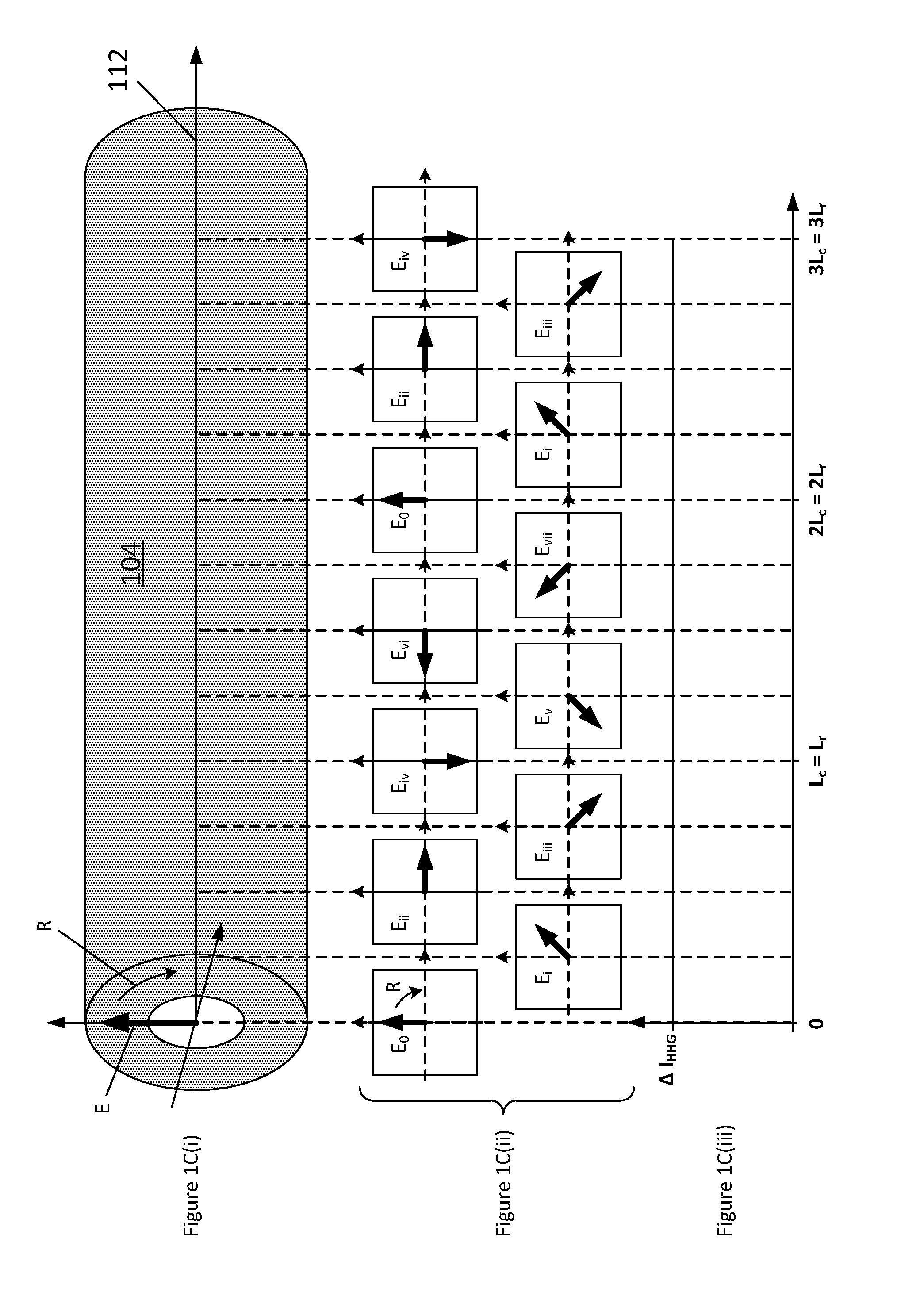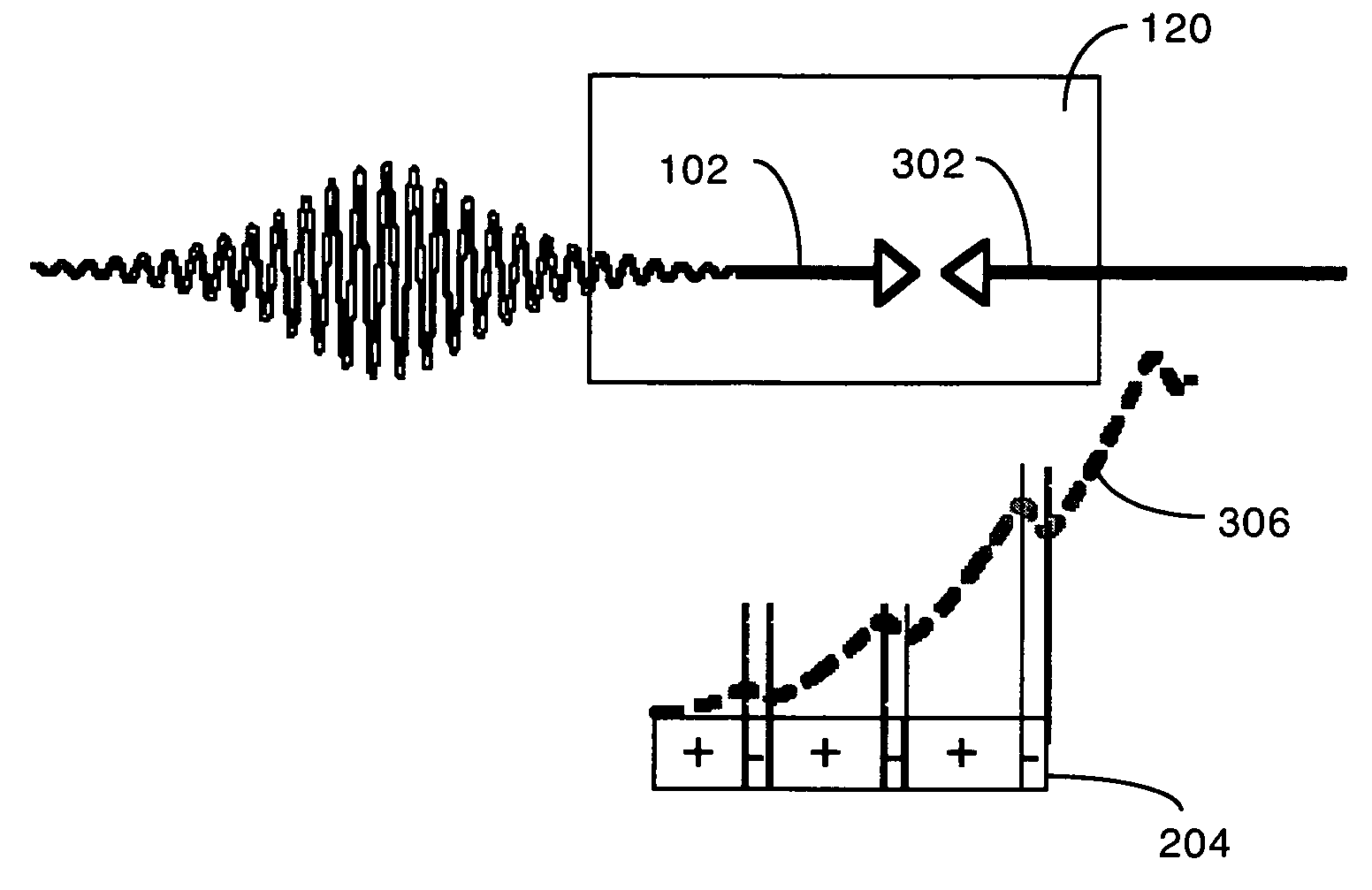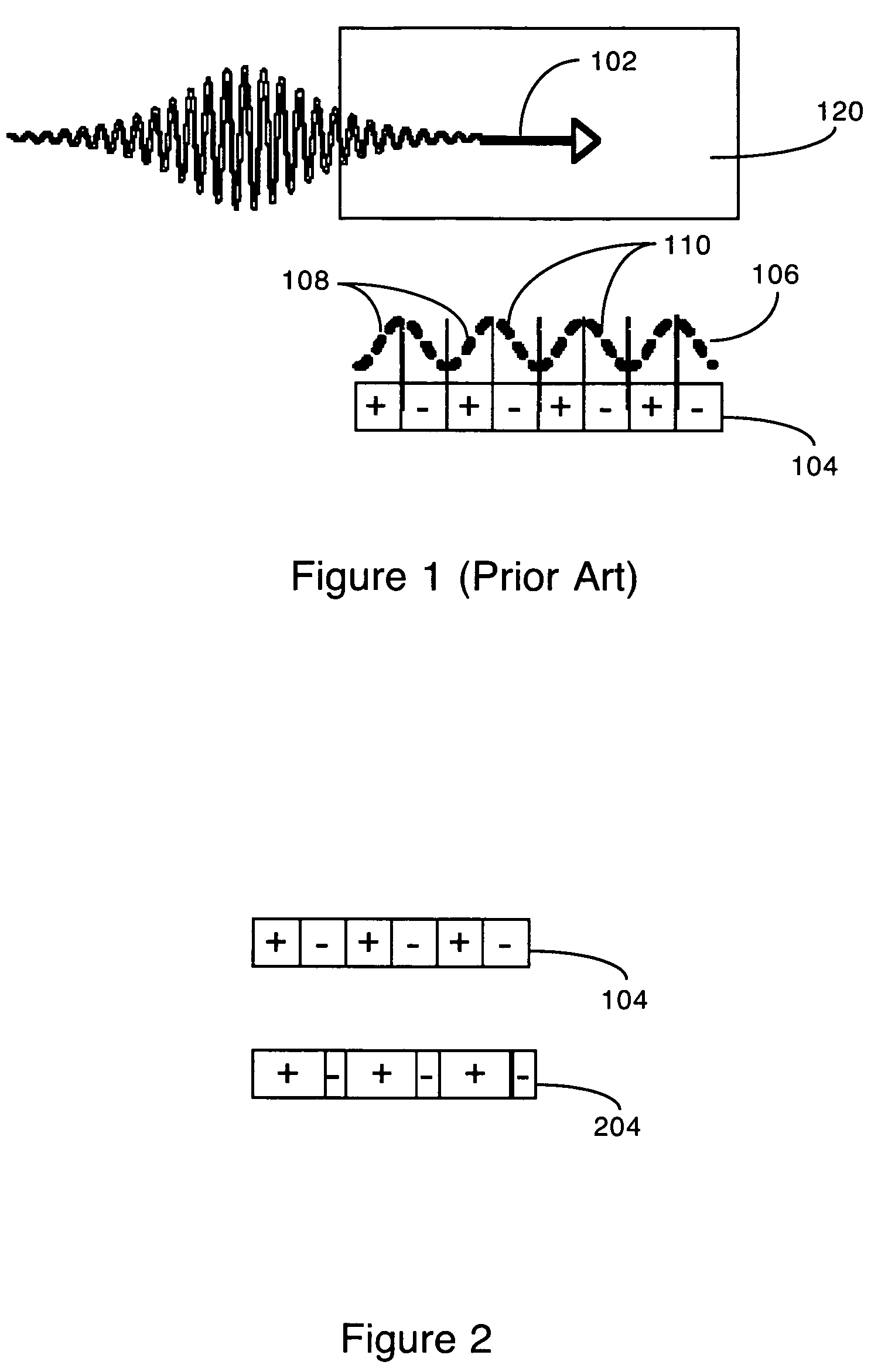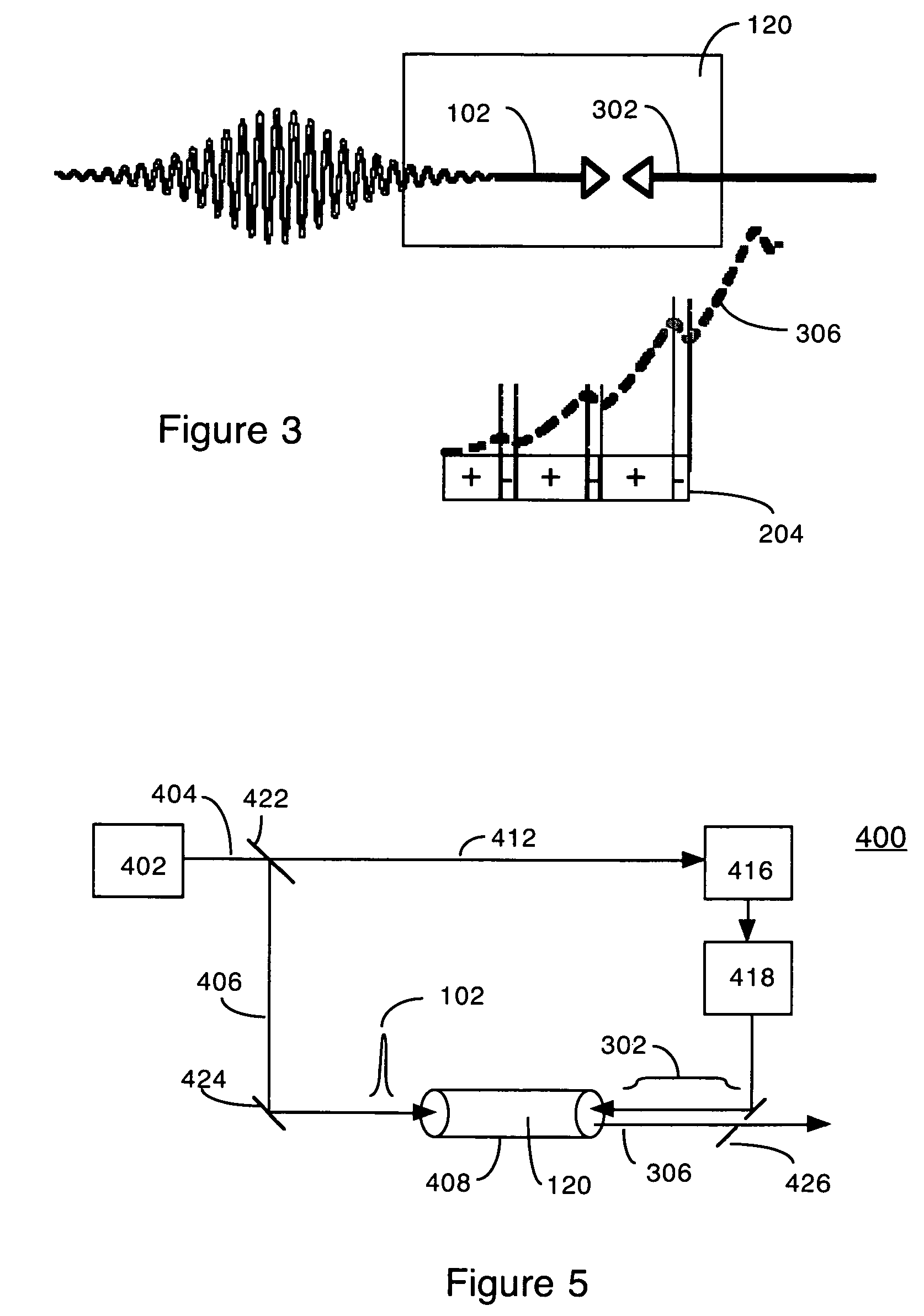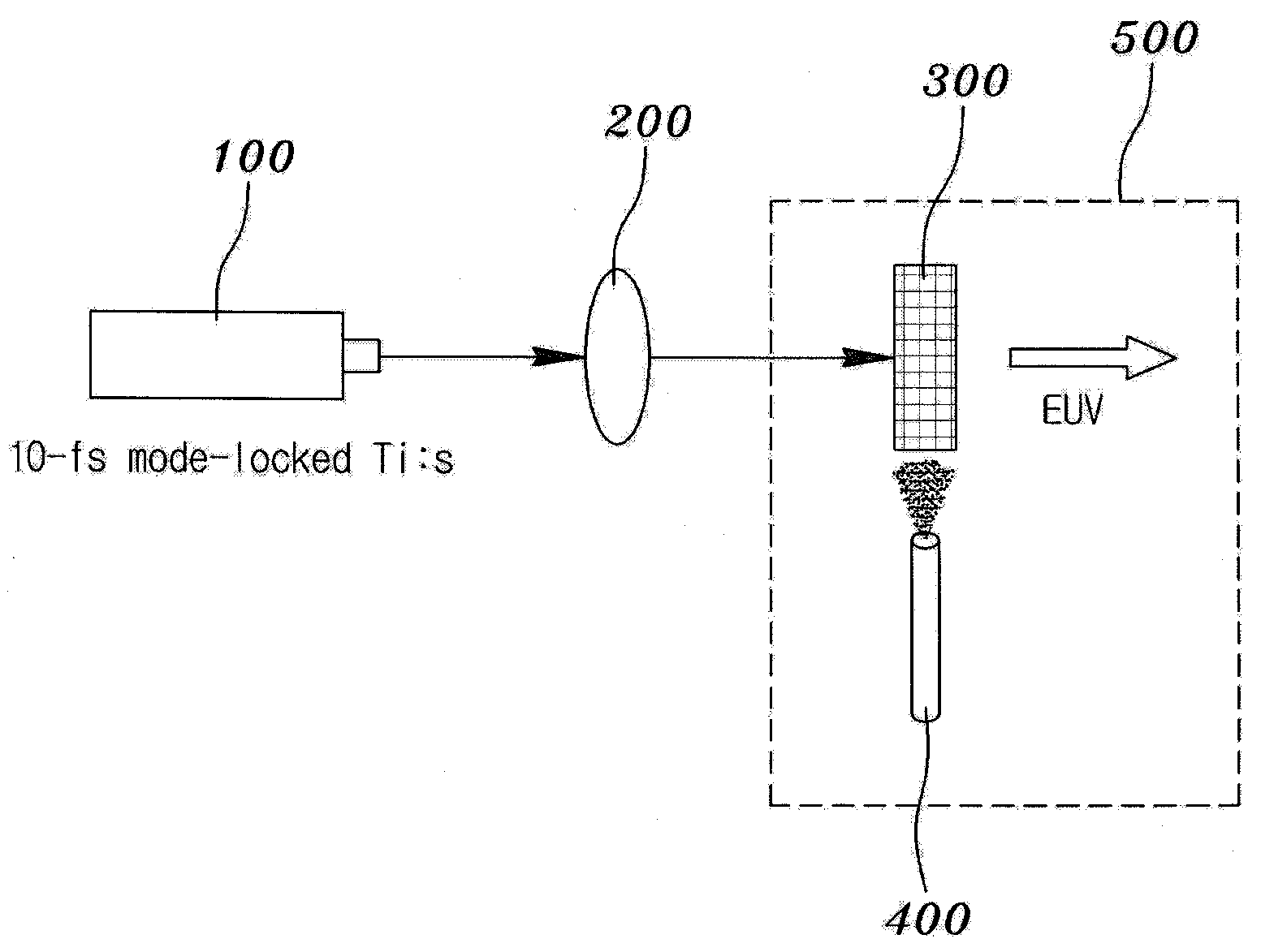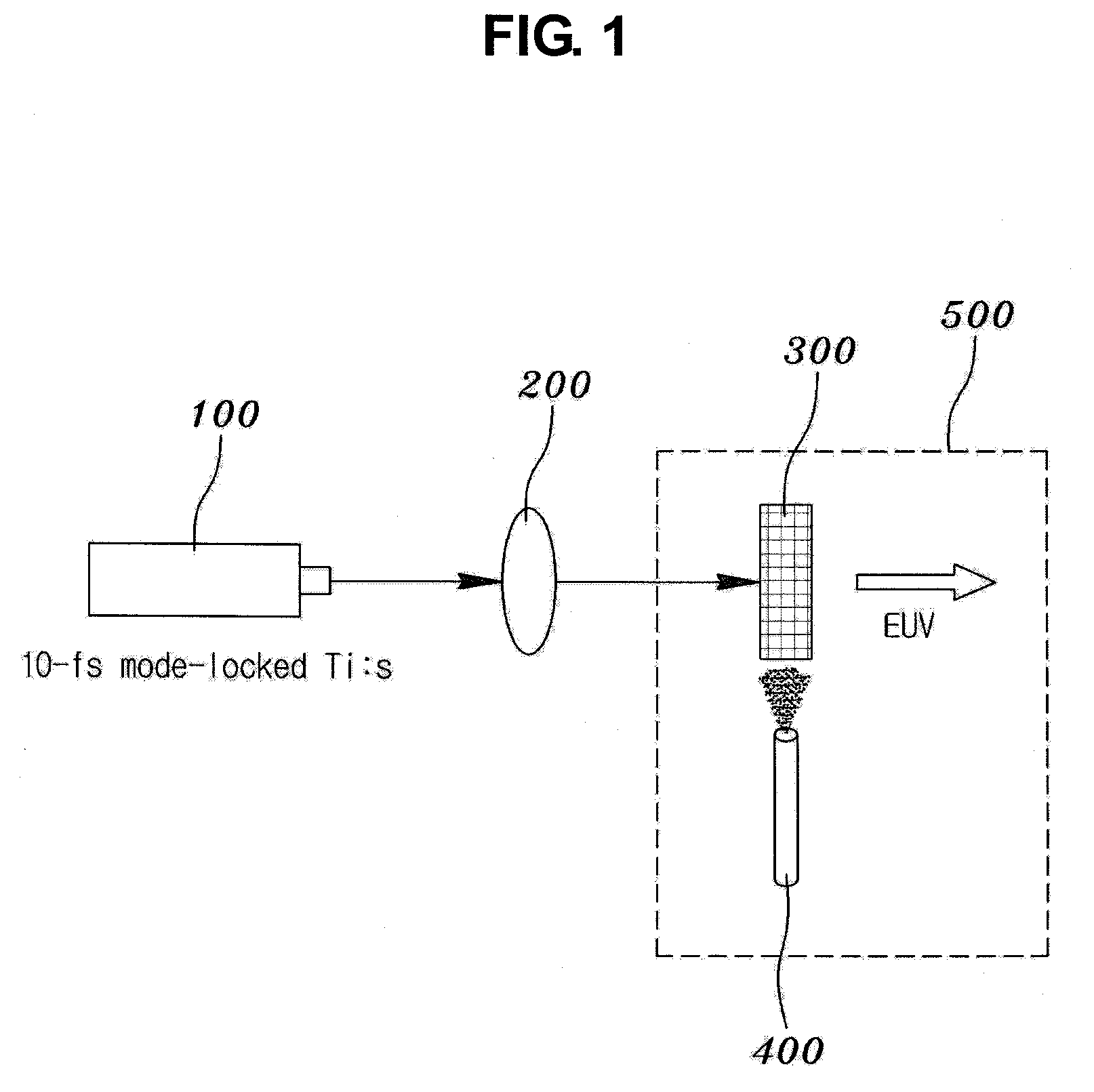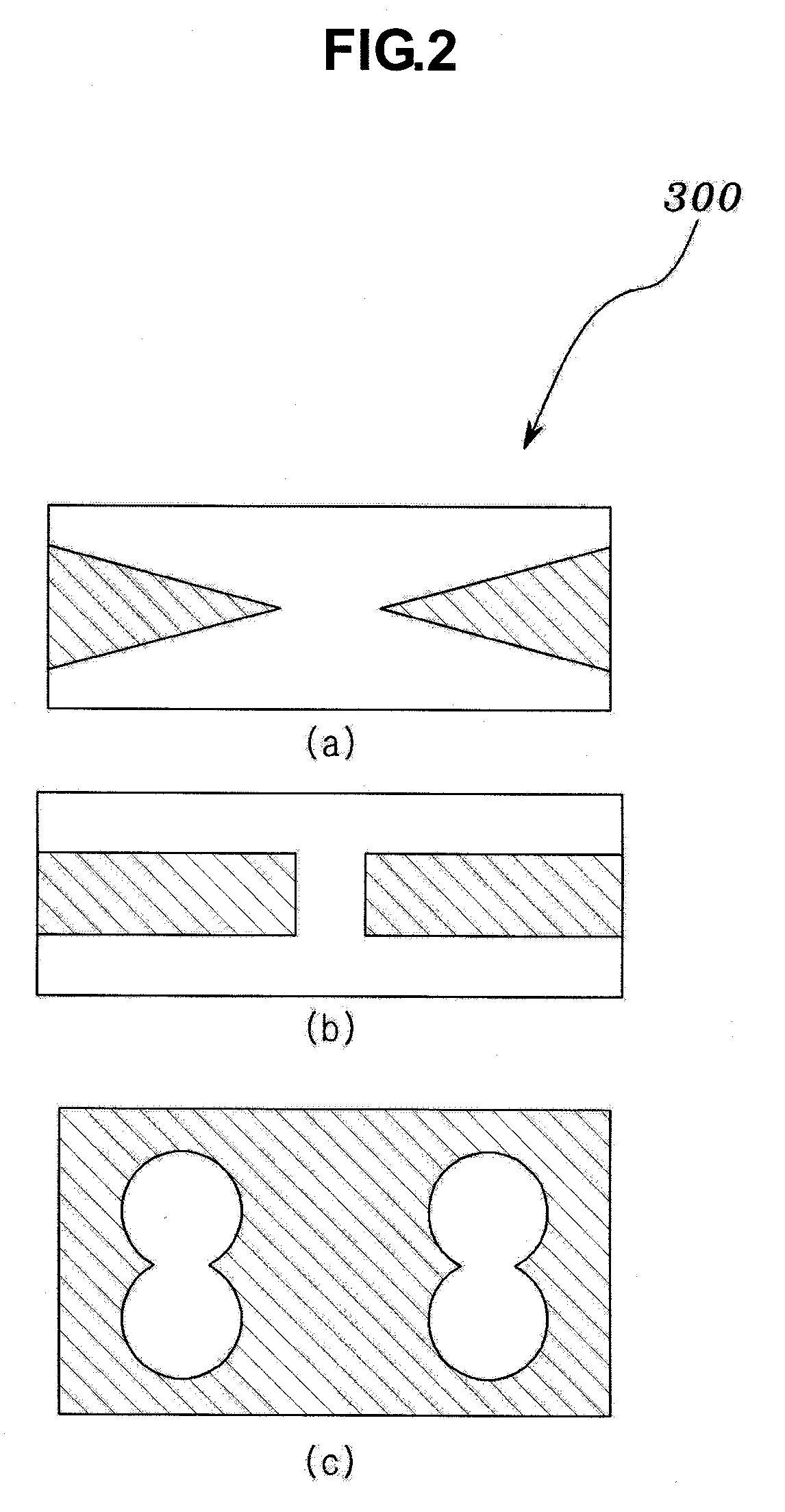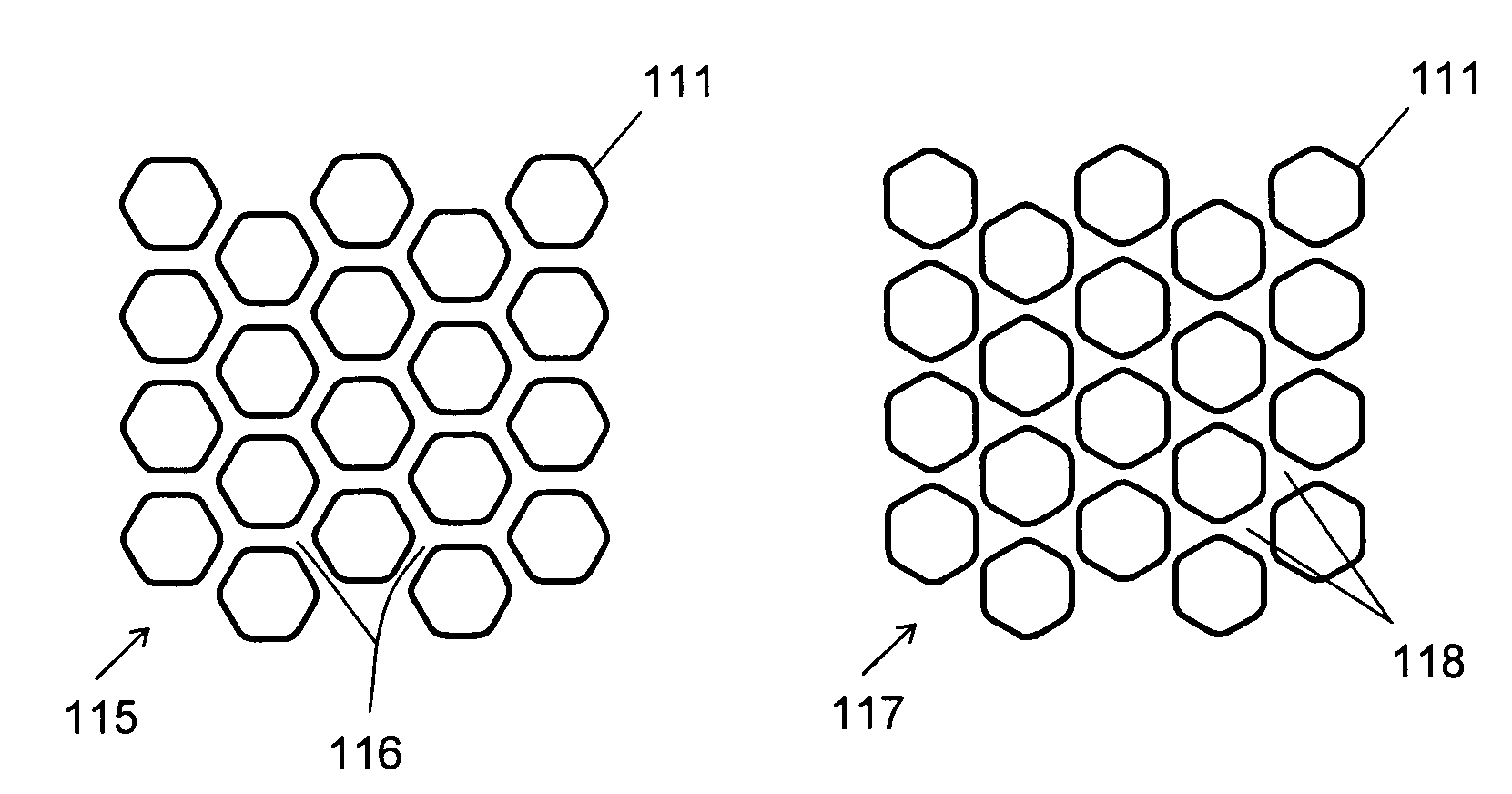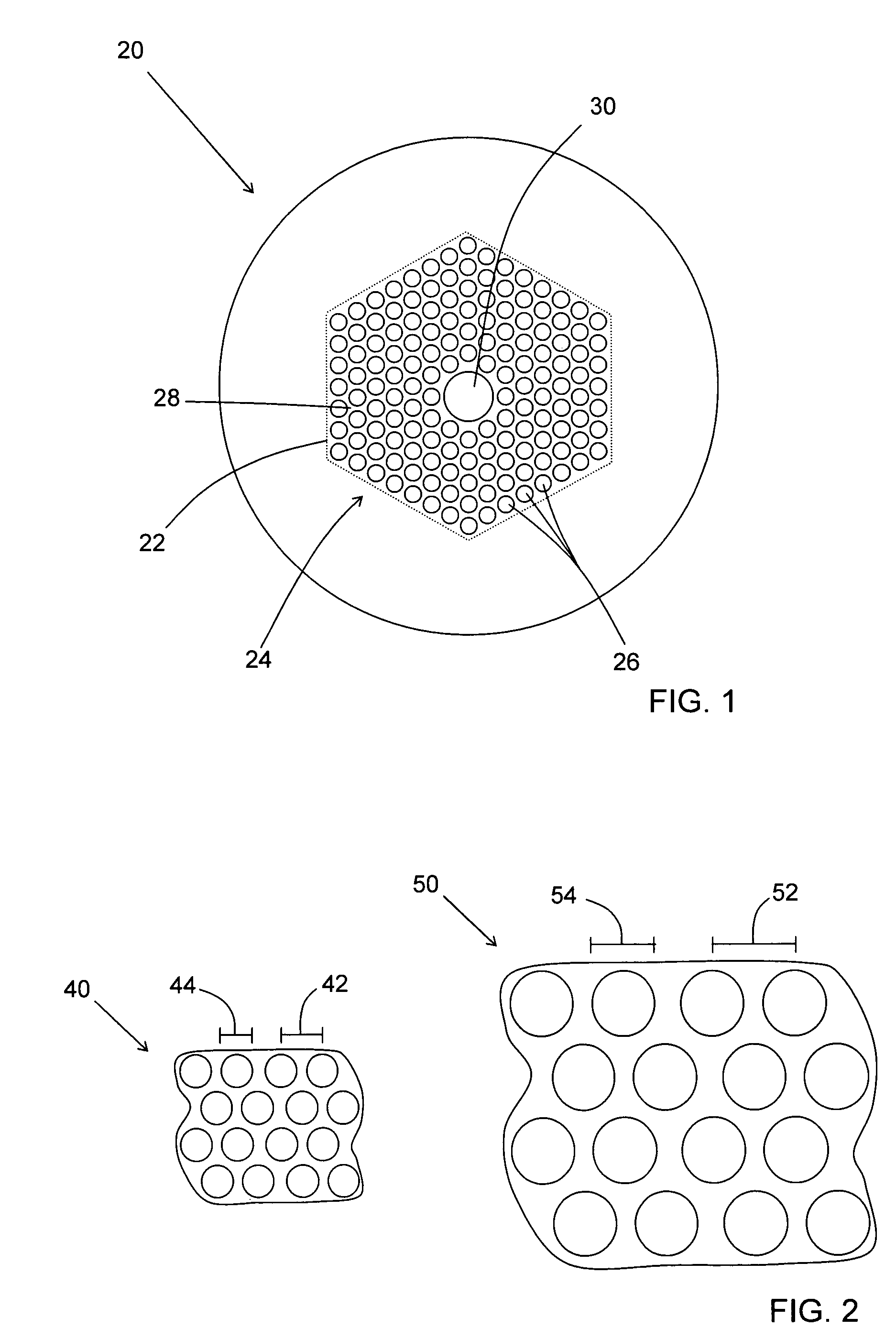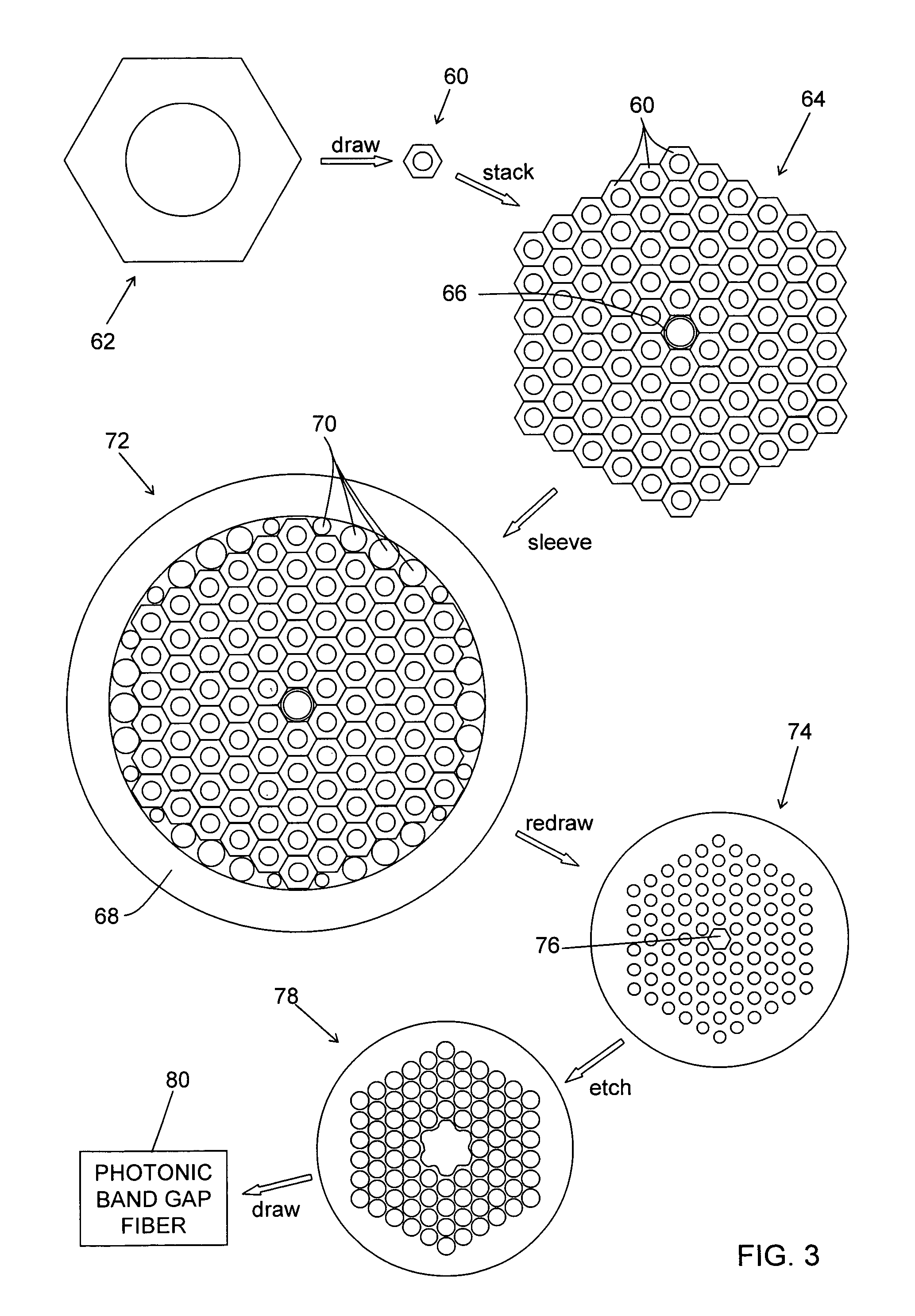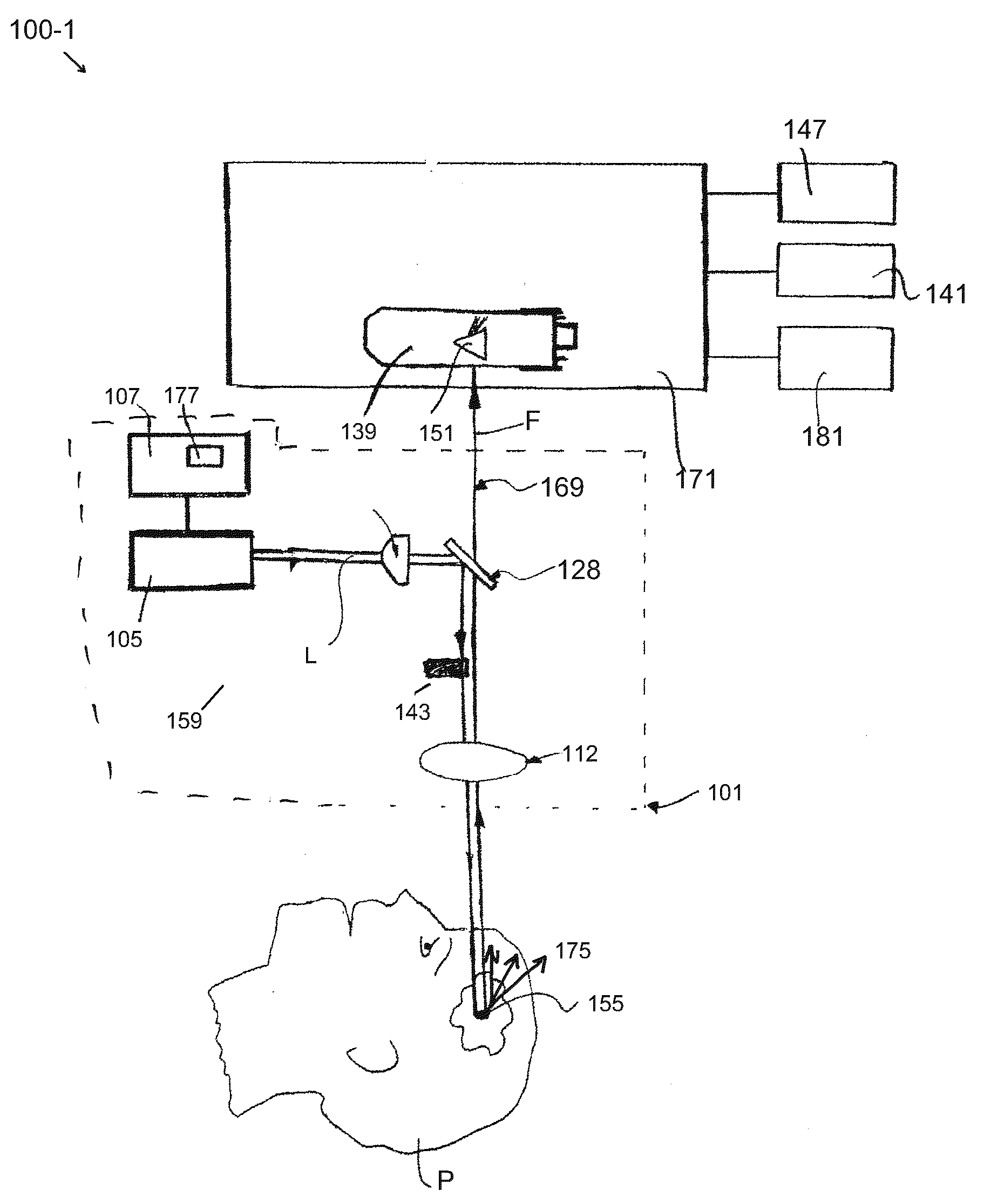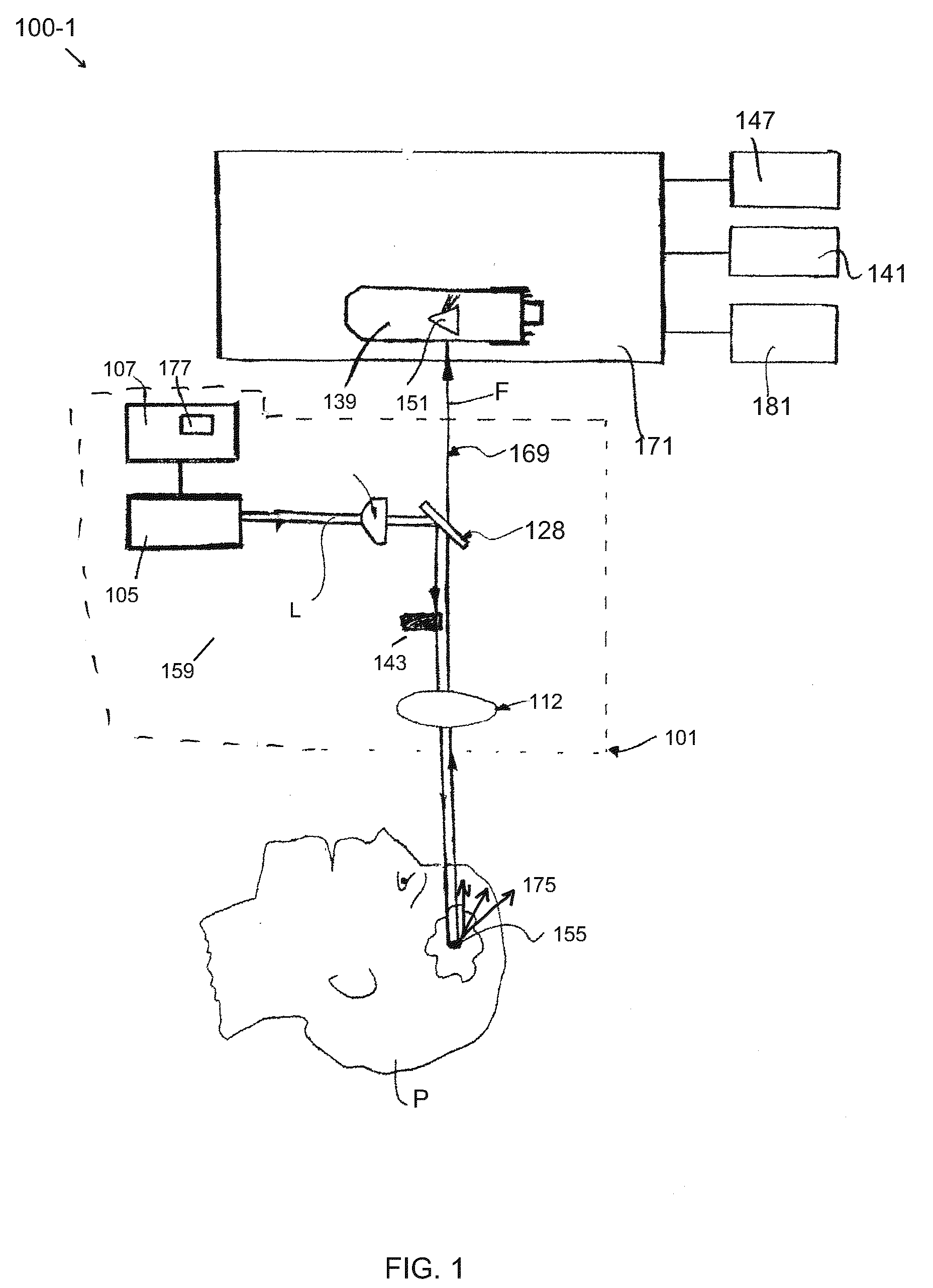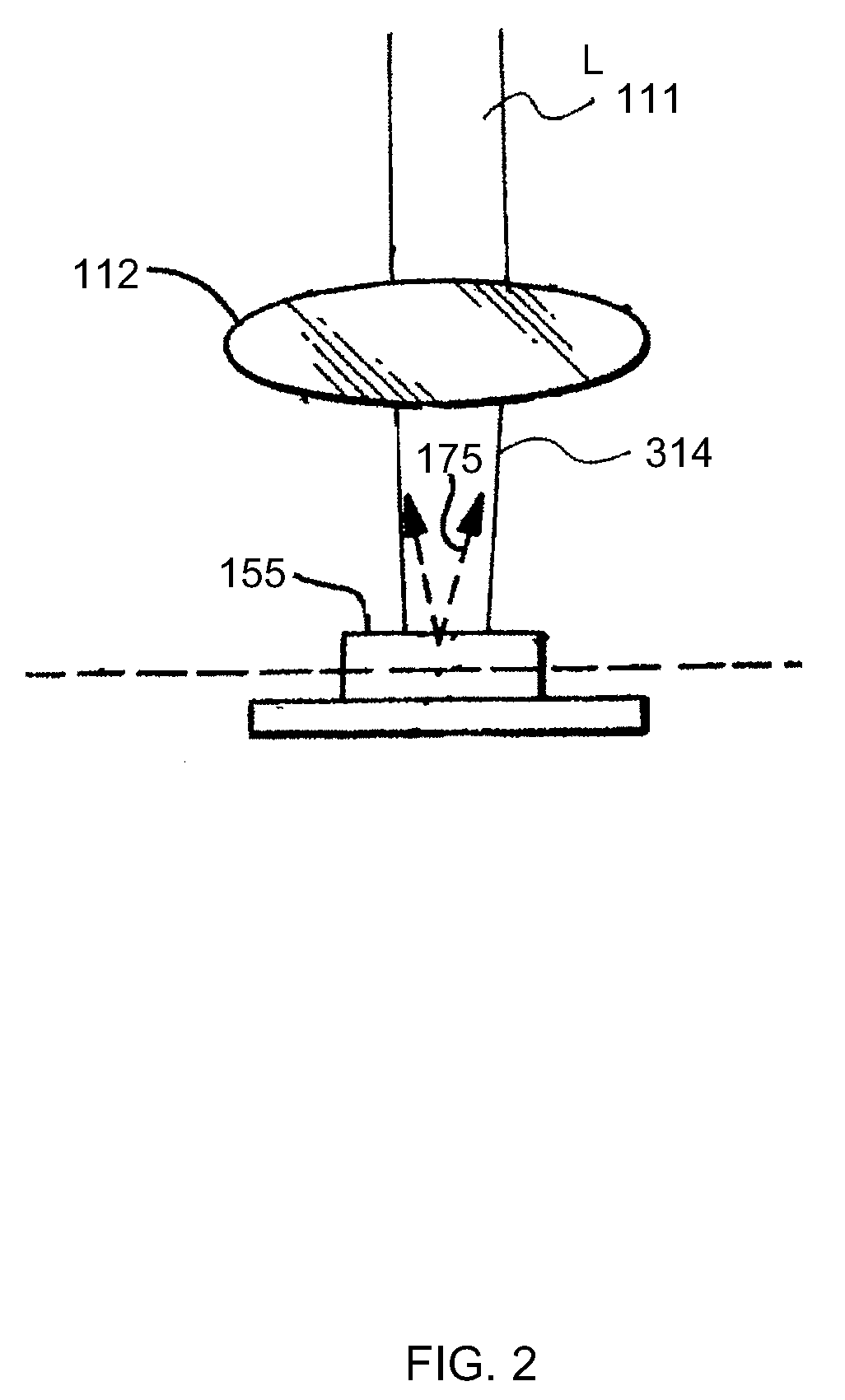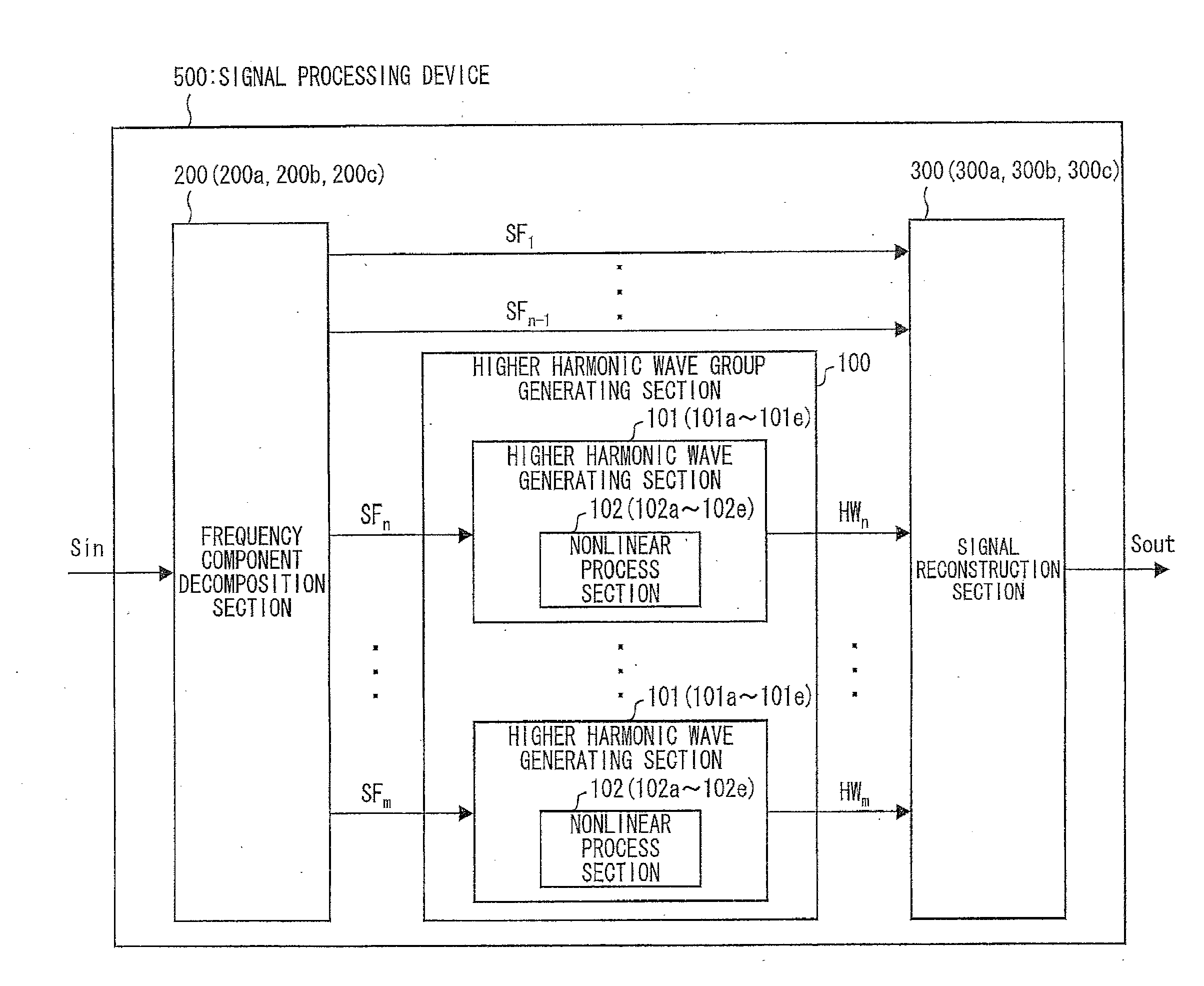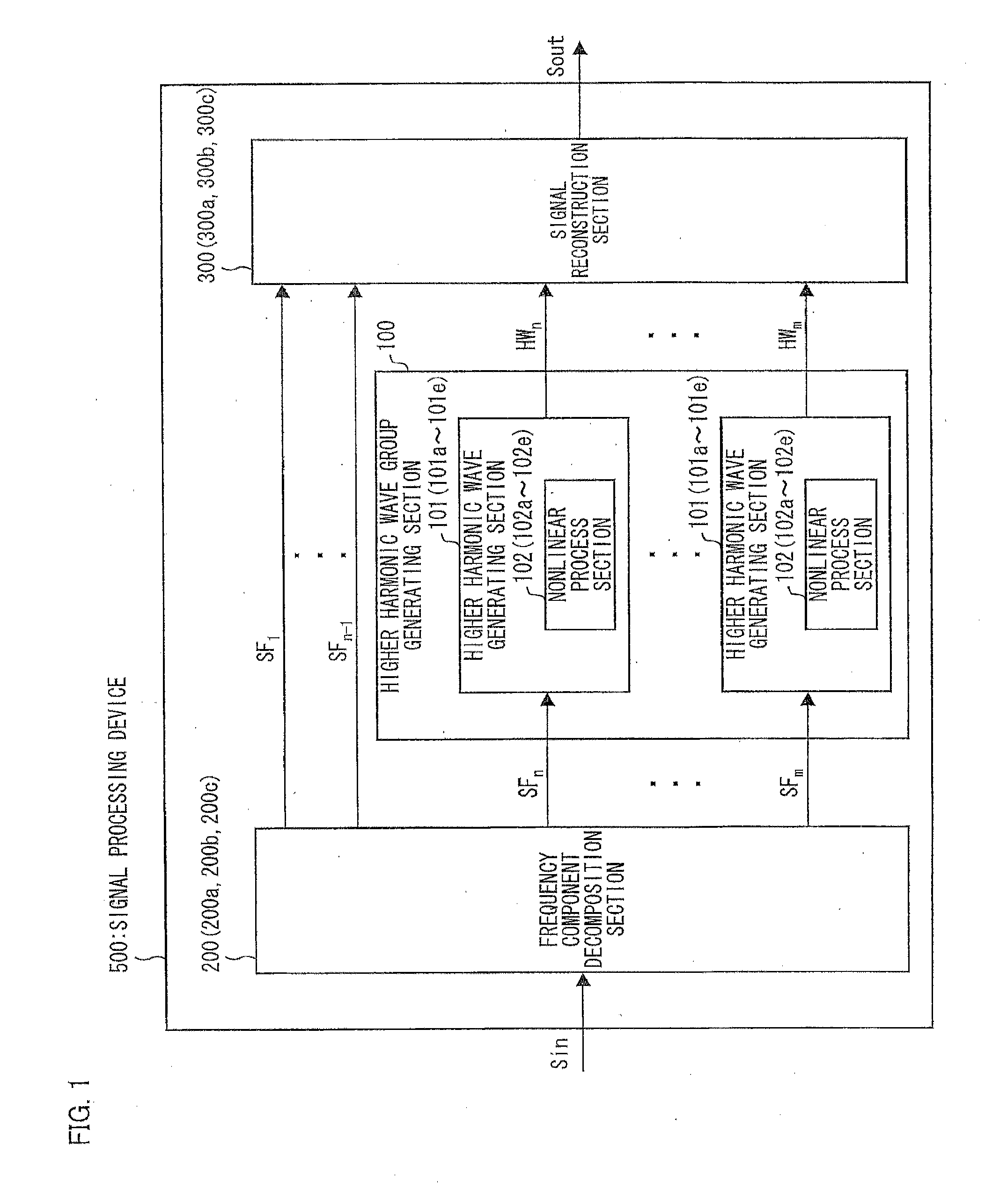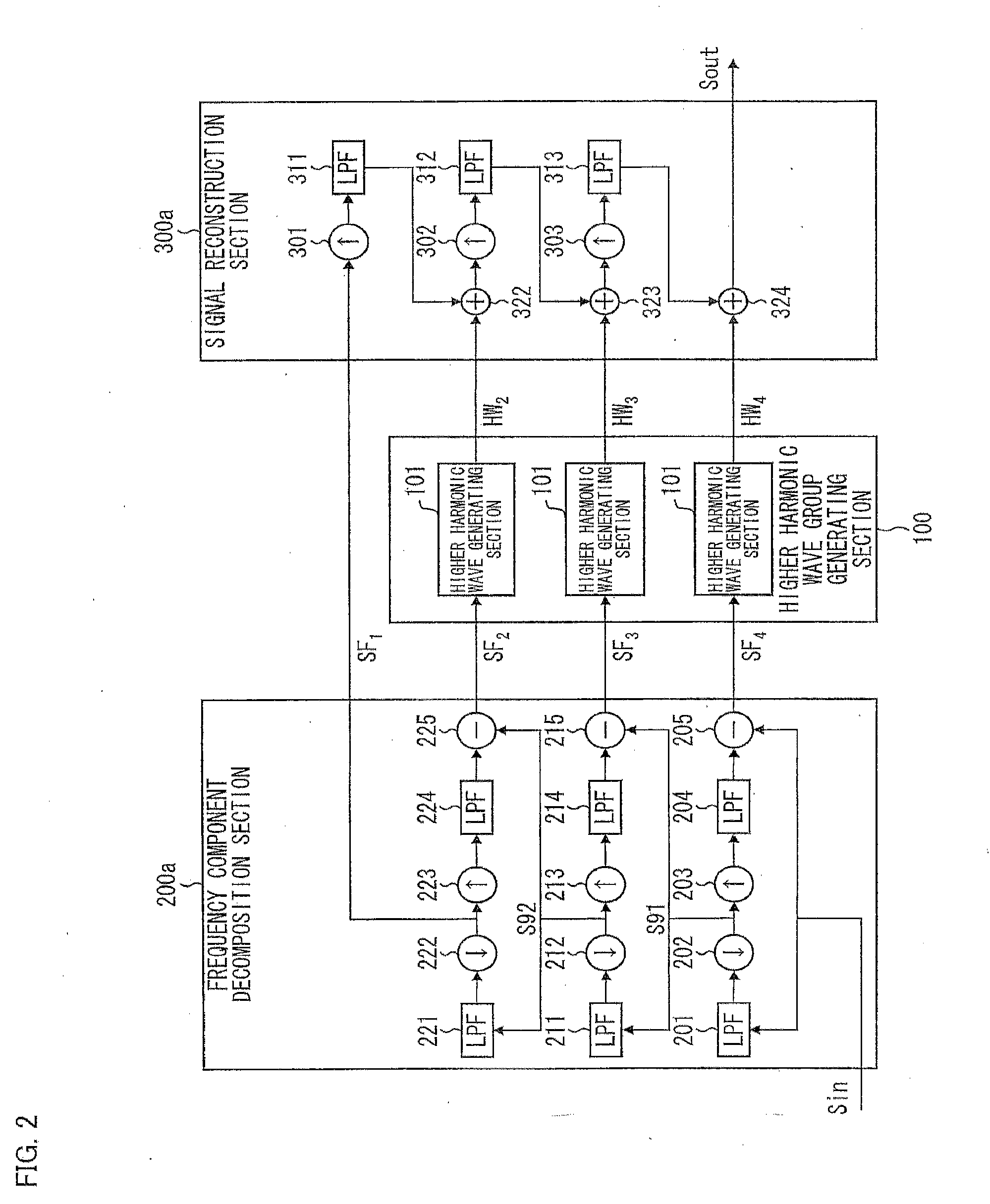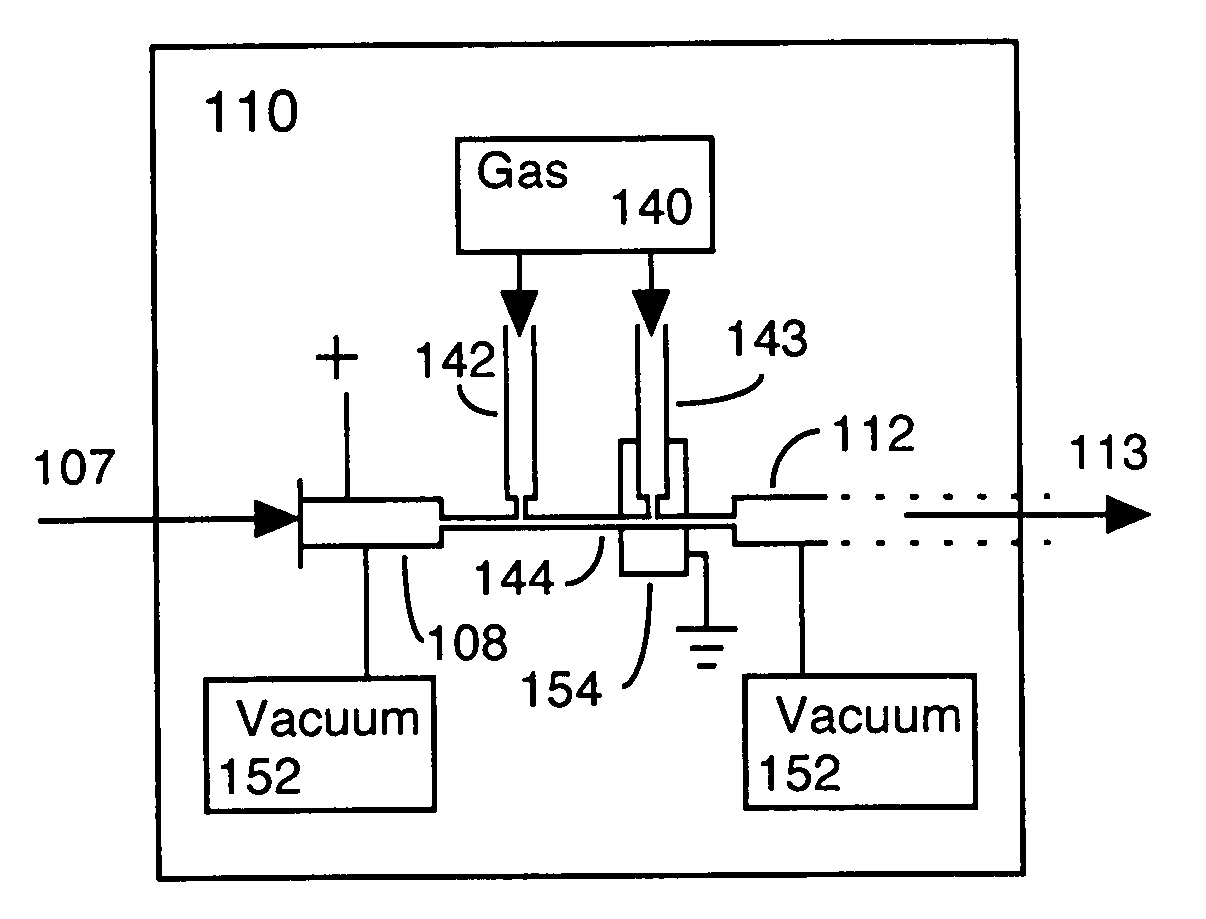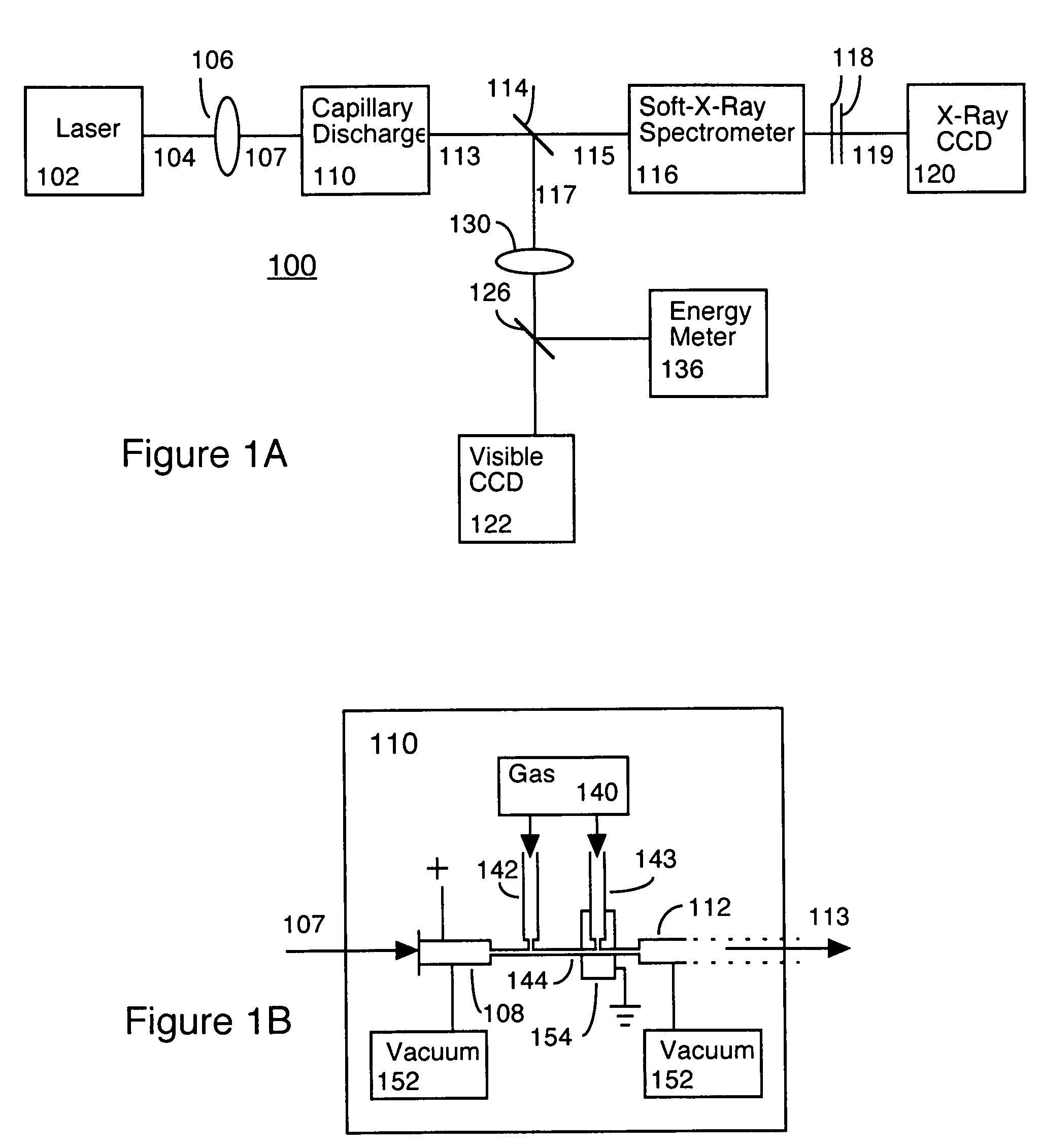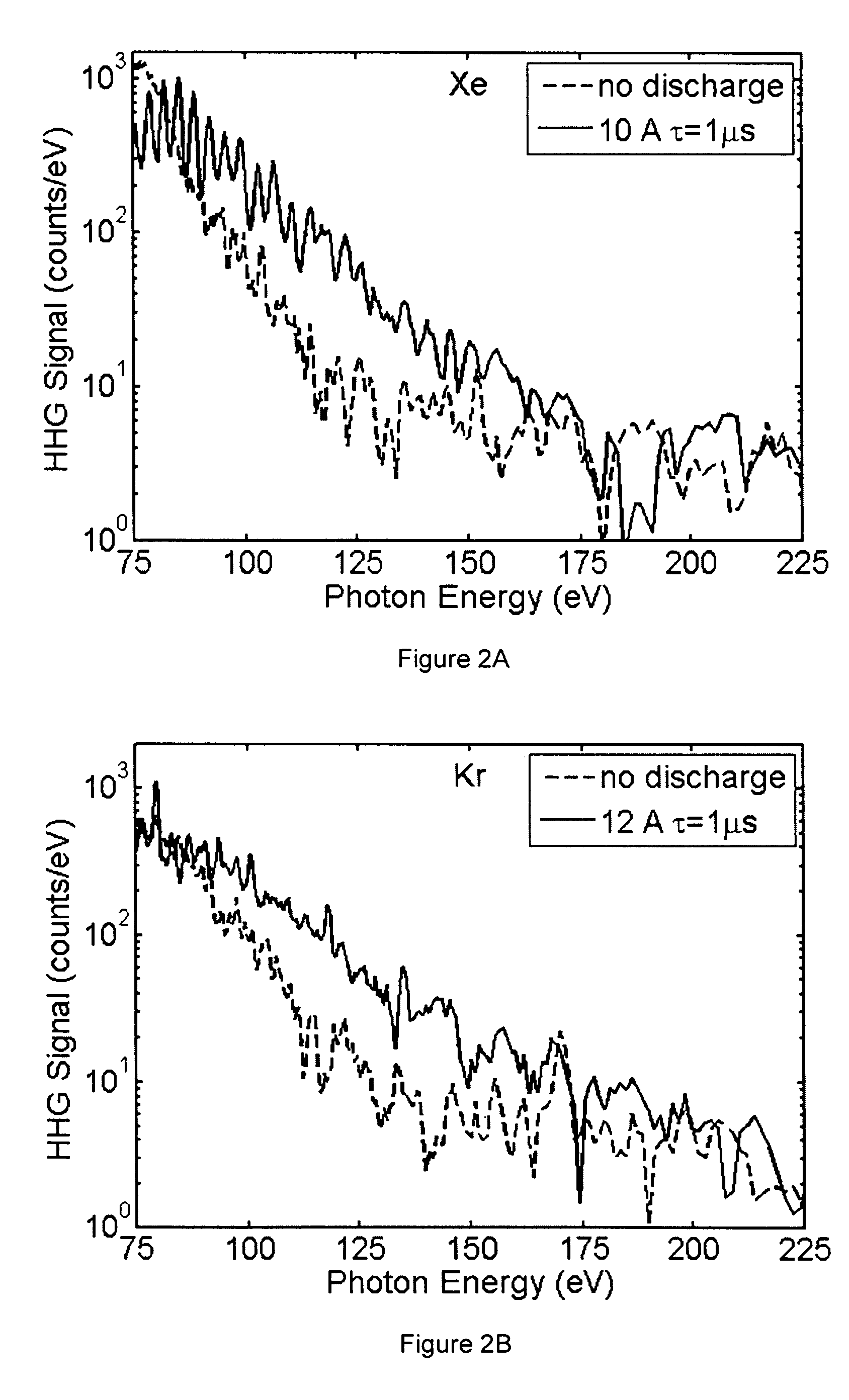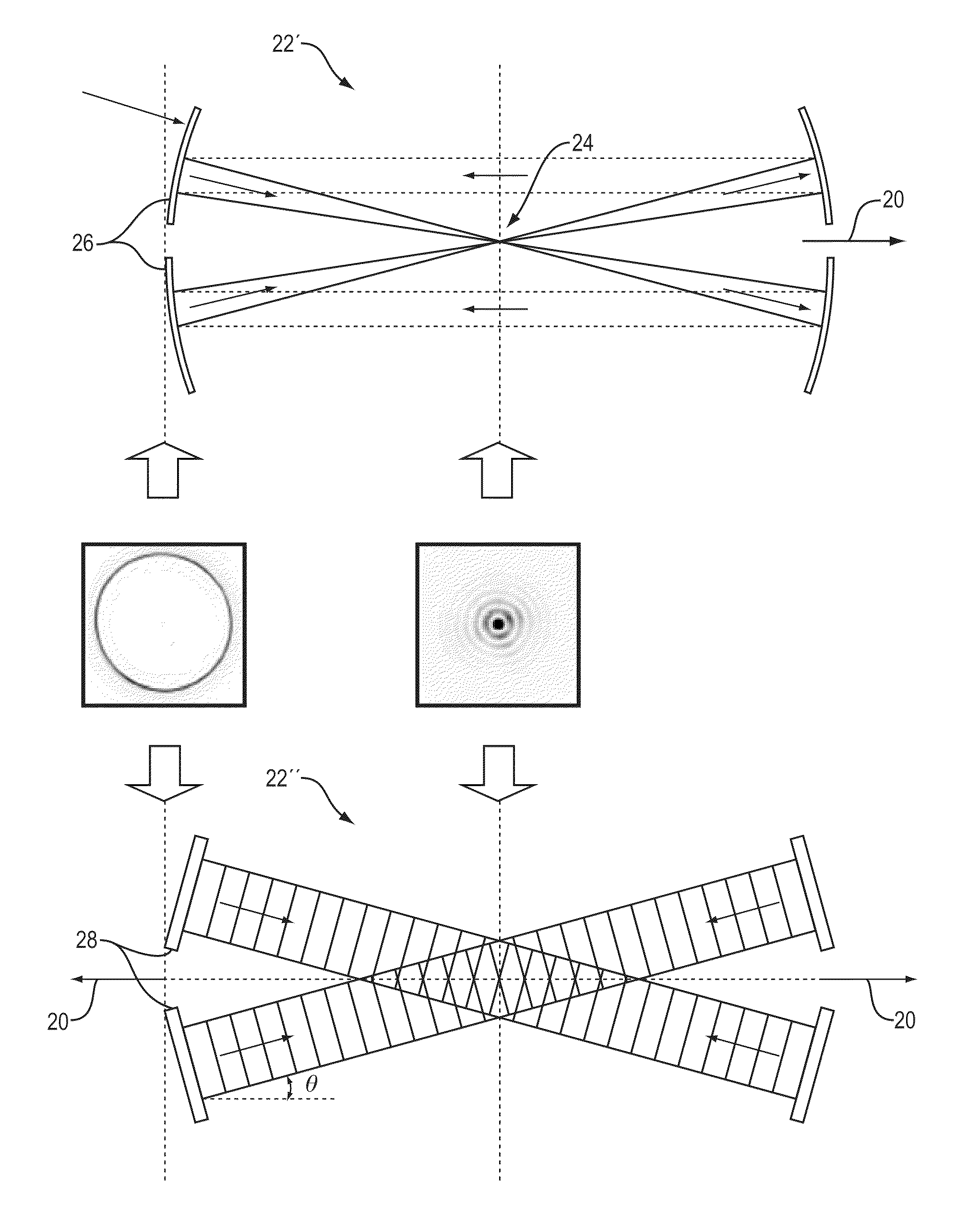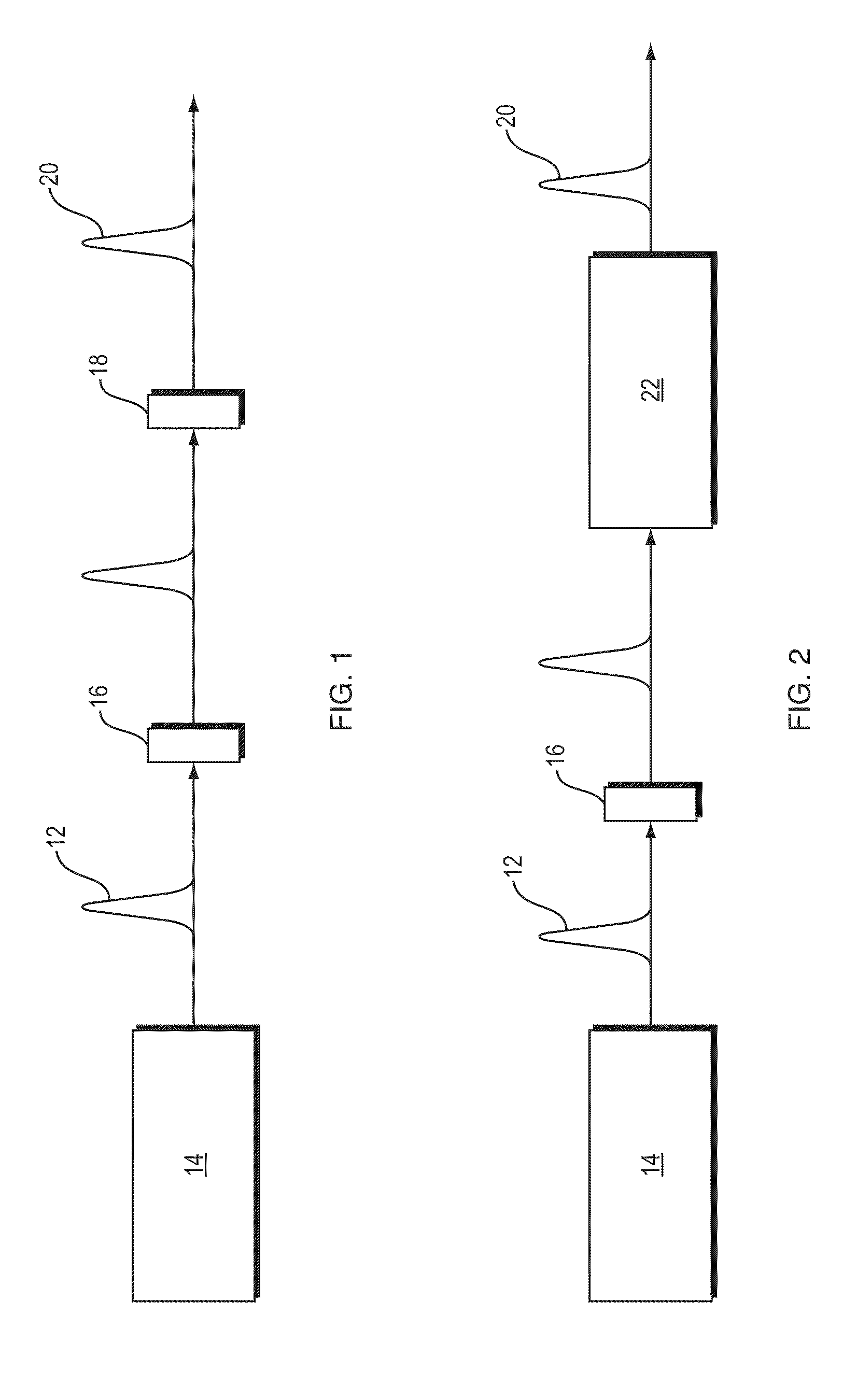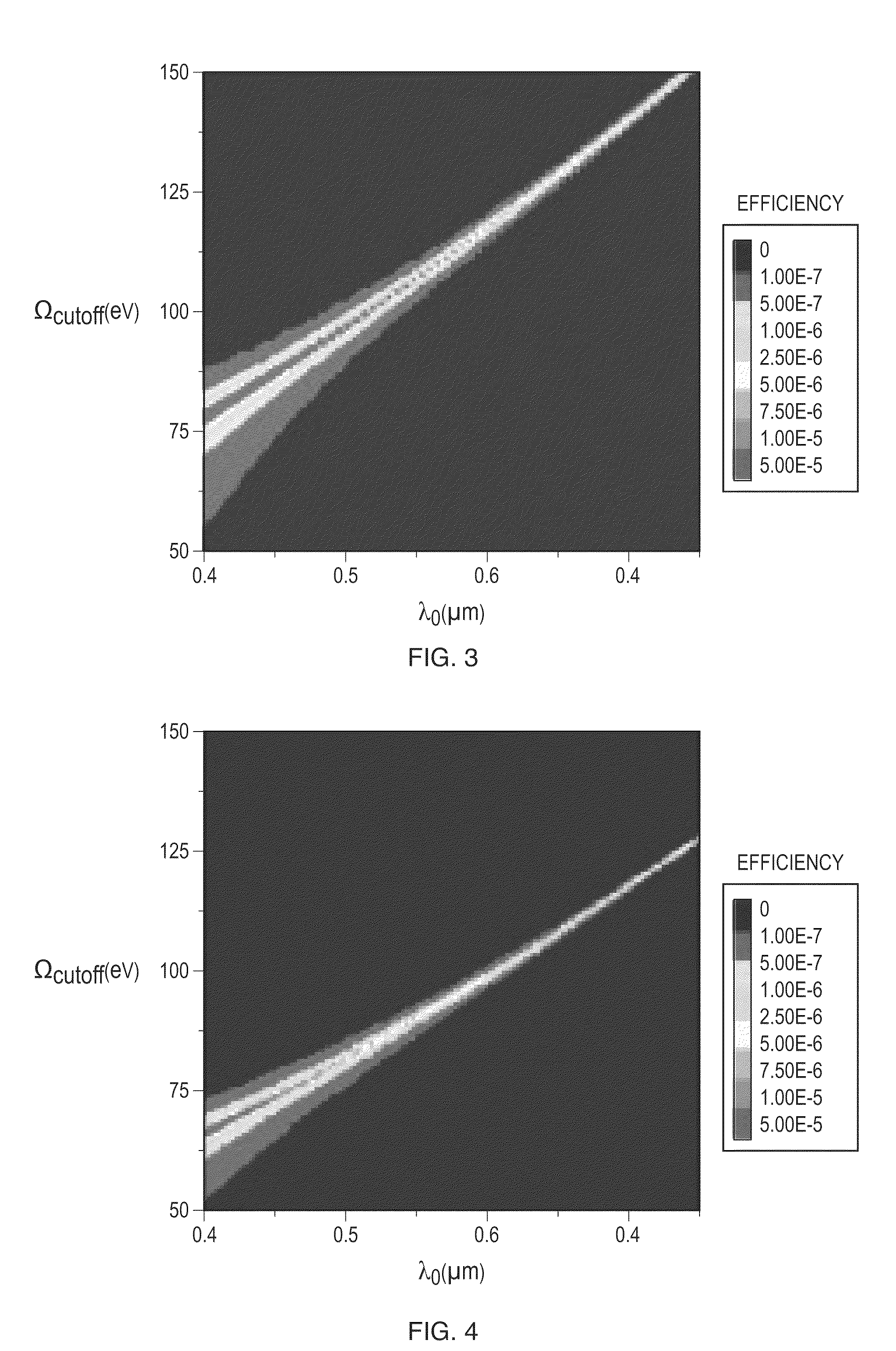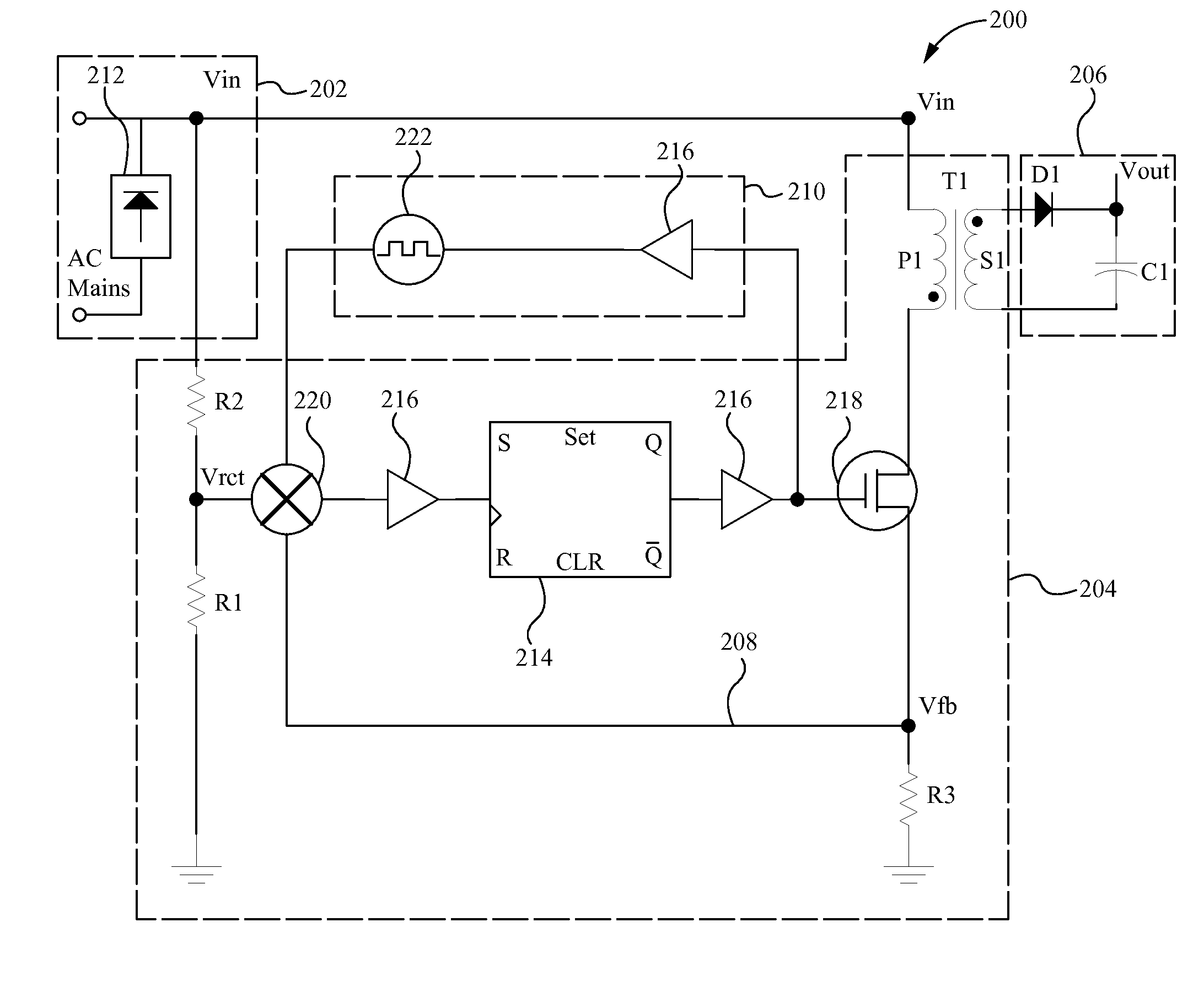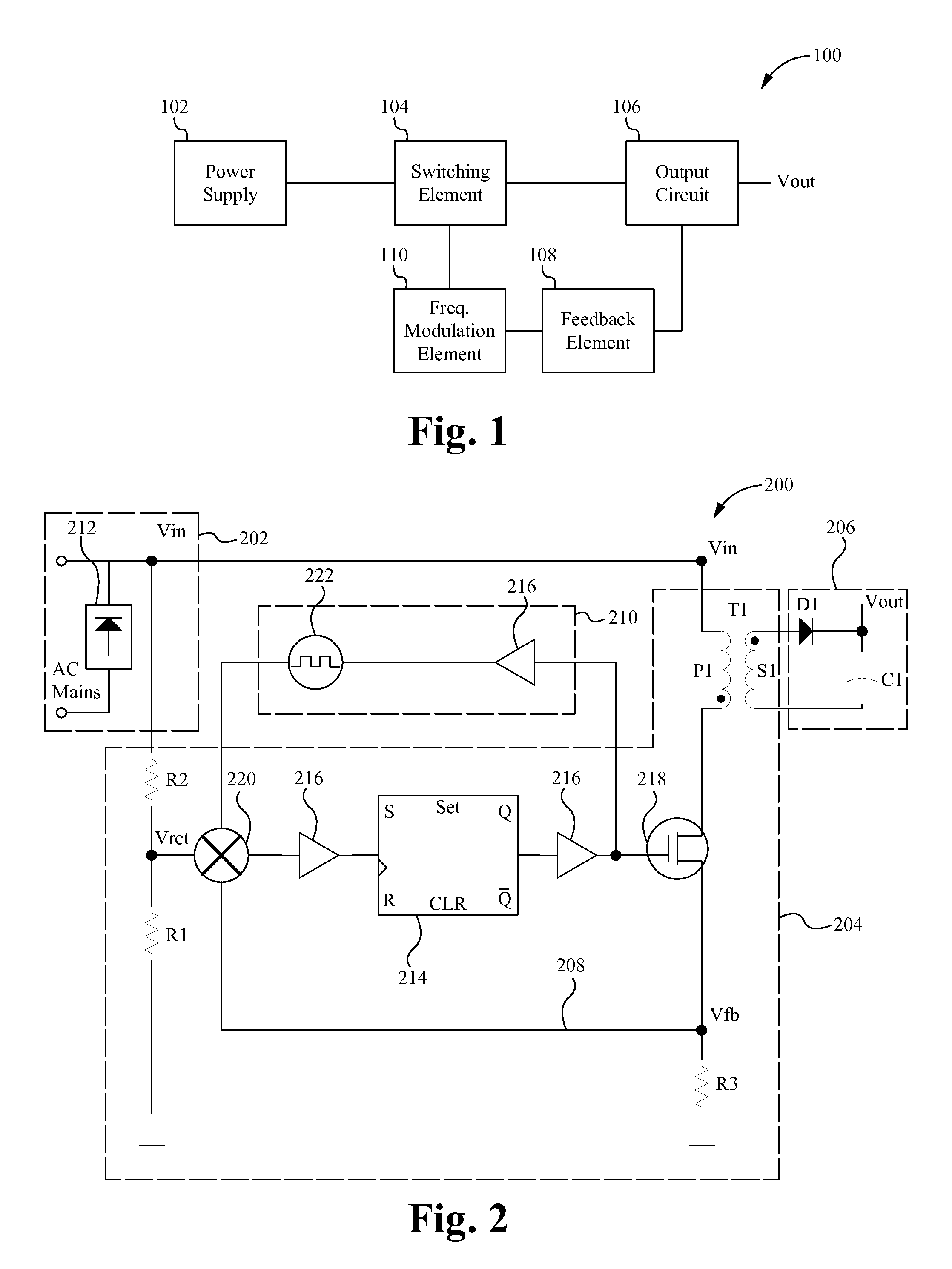Patents
Literature
94 results about "High harmonic generation" patented technology
Efficacy Topic
Property
Owner
Technical Advancement
Application Domain
Technology Topic
Technology Field Word
Patent Country/Region
Patent Type
Patent Status
Application Year
Inventor
High harmonic generation (HHG) is a non-linear process during which a target (gas, plasma, or solid sample) is illuminated by an intense laser pulse. Under such conditions, the sample will emit the high harmonics of the generation beam (above the fifth harmonics). Due to the coherent nature of the process, high harmonics generation is a prerequisite of attophysics.
Photonic signal frequency conversion using a photonic band gap structure
A novel SH generator based on a photonic band gap (PBG), mixed half-quarter-wave, periodic structure is described. Both energy output and conversion efficiencies are nearly three orders of magnitude greater than for bulk, phase-matched devices of comparable lengths. Similar results for a GaAs / AlAs semiconductor periodic structure are also found. These results have immediate applications in frequency up- and down-conversion lasers, higher and lower harmonic generation, and Raman-type lasers, where either Stokes or anti-Stokes resonances can be enhanced or suppressed near the band edge. In general, the underlying mechanism requires the fields to be strongly confined, allowing for longer interaction times, increased effective gain lengths, and enhanced conversion efficiencies, although strong pump confinement alone can also result in significantly enhanced SH generation.
Owner:UNITED STATES OF AMERICA THE AS REPRESENTED BY THE SEC OF THE ARMY
Laser system employing harmonic generation
InactiveUS8208505B2Reduces cost and complexity and maintenanceUseful harmonic generationRadiation pyrometryLaser detailsOptoelectronicsLaser beams
A laser system provides harmonic generation in a laser beam pulse. In another aspect of the present invention, a laser operably remits a laser pulse, a gaseous optical medium operably creates third or greater harmonic generation in the pulse, and a controller characterizes and compensates for distortions in the pulse. A further aspect of the present invention employs multiple optical media arranged to cause cascading harmonic generations in a laser pulse.
Owner:BOARD OF TRUSTEES OPERATING MICHIGAN STATE UNIV
Beam shaping prior to harmonic generation for increased stability of laser beam shaping post harmonic generation with integrated automatic displacement and thermal beam drift compensation
InactiveUS20090027753A1Harmonic generatedReduce peak energyOptical resonator shape and constructionOptical light guidesBeam energyShaped beam
A harmonic generation / beam shaping system to generate a shaped beam having a harmonic relationship with a beam generated by a laser, including a first harmonic generation element and a second harmonic generation element arranged sequentially along an axial beam path extending between an input from the laser and an output of the harmonic generation / beam shaping system and at least two beam shaping elements located along the axial beam path. At least one of the least two beam shaping elements is located between the second harmonic generation element and the laser to transform the beam energy profile into a preferred profile to distribute the beam energy across a larger cross sectional area of at least one harmonic generation element or to reduce peaks in the energy distribution profile of the beam, or both, wherein the preferred profile may be a flat-top profile or a Bessel function profile.
Owner:HITACHI SEIKO LTD
High-order harmonic generation in a capillary discharge
A pre-ionized medium created by a capillary discharge results in more efficient use of laser energy in high-order harmonic generation (HHG) from ions. It extends the cutoff photon energy, and reduces the distortion of the laser pulse as it propagates down the waveguide. The observed enhancements result from a combination of reduced ionization energy loss and reduced ionization-induced defocusing of the driving laser as well as waveguiding of the driving laser pulse. The discharge plasma also provides a means to spectrally tune the harmonics by tailoring the initial level of ionization of the medium.
Owner:COLORADO STATE UNIV RES FOUND A NON PROFIT COLORADO CORP AFFILIATED WITH COLORADO STATE UNIV +1
Laser system employing harmonic generation
InactiveUS20090238222A1Reduces cost and complexity and maintenanceUseful harmonic generationRadiation pyrometryLaser detailsOptoelectronicsLaser beams
A laser system provides harmonic generation in a laser beam pulse. In another aspect of the present invention, a laser operably remits a laser pulse, a gaseous optical medium operably creates third or greater harmonic generation in the pulse, and a controller characterizes and compensates for distortions in the pulse. A further aspect of the present invention employs multiple optical media arranged to cause cascading harmonic generations in a laser pulse.
Owner:BOARD OF TRUSTEES OPERATING MICHIGAN STATE UNIV
Wedge-faceted nonlinear crystal for harmonic generation
InactiveUS20110243163A1Great effective interaction lengthReduce the impactLaser detailsLight demodulationFrequency conversionWavelength
Lasers and laser systems generate different wavelengths by nonlinear sum or difference frequency conversion. A wedge-faceted nonlinear crystal compensates for the spatial walk-off phenomenon associated with critical phase matching of a nonlinear crystal in the production of harmonic laser output at peak power.
Owner:ELECTRO SCI IND INC
Quasi-phase matching and quantum control of high harmonic generation in waveguides using counterpropagating beams
InactiveUS20080137696A1Enhance high-harmonic emissionSuppress emissionLaser using scattering effectsX-ray apparatusHigher order harmonicsLight beam
All-optical quasi-phase matching (QPM) uses a train of counterpropagating pulses to enhance high-order harmonic generation (HHG) in a hollow waveguide. A pump pulse enters one end of the waveguide, and causes HHG in the waveguide. The counterpropagation pulses enter the other end of the waveguide and interact with the pump pulses to cause QPM within the waveguide, enhancing the HHG.
Owner:UNIV OF COLORADO THE REGENTS OF
Apparatus and methods of using second harmonic generation as a non-invasive optical probe for interface properties in layered structures
InactiveUS7158284B2Scattering properties measurementsAnalysis by material excitationLight beamNon invasive
A method for non-invasively probing at least one interface property in a layered structure having at least one interface. In one embodiment, the method includes the steps of exposing the layered structure to an incident photon beam at an incident angle to produce a reflection beam, measuring intensities of the second harmonic generation signals from the reflection beam, and identifying an initial second harmonic generation intensity and a time evolution of second harmonic generation intensity from the measured second harmonic generation intensities so as to determine the at least one interface property of the layered structure.
Owner:VANDERBILT UNIV
Fault arc detection method
ActiveCN104569683AAvoid complex processReduce the possibility of misjudgmentElectrical testingMathematical modelHarmonic analysis
The invention discloses a fault arc detection method. The method comprises the following steps that current signals are collected and subjected to harmonic analysis, the higher harmonic ratio is calculated, the higher harmonic ratio in a current time period is obtained by collecting signals within the time period set before and after switch-on and switch-off of a circuit, and then a time-related mathematical model of the higher harmonic ratio of the circuit is obtained; the change of the higher harmonic ratio of the circuit at the moment of being switched off is calculated and compared with the actual change of the higher harmonic ratio of the circuit; if the frequency that the actual higher harmonic ratio is higher than a theoretical higher harmonic ratio is larger than a threshold value, it is regarded that a fault arc happens. The fault arc detection method has the advantages that a unique model for the circuit is obtained by analyzing the circuit, and analysis in advance is not needed.
Owner:SHANGHAI HIWAVE COMPOSITE MATERIALS CO LTD
Methods and Apparatus for Predicting Performance of a Measurement Method, Measurement Method and Apparatus
ActiveUS20180348145A1Achieving Spatial ResolutionImprove spatial resolutionOptical measurementsPhotomechanical apparatusDiffraction orderWavefront sensor
A metrology apparatus (302) includes a higher harmonic generation (HHG) radiation source for generating (310) EUV radiation. Operation of the HHG source is monitored using a wavefront sensor (420) which comprises an aperture array (424, 702) and an image sensor (426). A grating (706) disperses the radiation passing through each aperture so that the image detector captures positions and intensities of higher diffraction orders for different spectral components and different locations across the beam. In this way, the wavefront sensor can be arranged to measure a wavefront tilt for multiple harmonics at each location in said array. In one embodiment, the apertures are divided into two subsets (A) and (B), the gratings (706) of each subset having a different direction of dispersion. The spectrally resolved wavefront information (430) is used in feedback control (432) to stabilize operation of the HGG source, and / or to improve accuracy of metrology results.
Owner:ASML NETHERLANDS BV
Phase-matched generation of coherent soft and hard X-rays using IR lasers
ActiveUS8462824B2Improve coherenceMaximum efficiencyActive medium materialX-ray apparatusHard X-raysHigher order harmonics
Phase-matched high-order harmonic generation of soft and hard X-rays is accomplished using infrared driving lasers in a high-pressure non-linear medium. The pressure of the non-linear medium is increased to multi-atmospheres and a mid-IR (or higher) laser device provides the driving pulse. Based on this scaling, also a general method for global optimization of the flux of phase-matched high-order harmonic generation at a desired wavelength is designed.
Owner:UNIV OF COLORADO THE REGENTS OF
Phase-matched Generation of Coherent Soft and Hard X-rays Using IR Lasers
ActiveUS20110007772A1Great spatial coherenceMinimize phase mismatchActive medium materialX-ray tube with very high currentHard X-raysHigher order harmonics
Phase-matched high-order harmonic generation of soft and hard X-rays is accomplished using infrared driving lasers in a high-pressure non-linear medium. The pressure of the non-linear medium is increased to multi-atmospheres and a mid-IR (or higher) laser device provides the driving pulse. Based on this scaling, also a general method for global optimization of the flux of phase-matched high-order harmonic generation at a desired wavelength is designed.
Owner:UNIV OF COLORADO THE REGENTS OF
Adaptive laser system for ophthalmic surgery
ActiveUS10130511B2Low costEasy to controlLaser surgerySurgical instrument detailsSurgical operationFluorescence
An adaptive laser system for ophthalmic use is provided. In another aspect, a relatively inexpensive laser is employed. In another aspect of the present system, non-linear optical imaging uses multiphoton fluorescences and / or second harmonic generation, to create three-dimensional mapping of a portion of the eye in combination with automated feedback to assist with a surgical operation. In a further aspect of the present system, the patient interface uses laser induced markings or indicia to aid in focusing and / or calibration. Still another aspect employs temporal focusing of the laser beam pulse.
Owner:BOARD OF TRUSTEES OPERATING MICHIGAN STATE UNIV
Beam shaping prior to harmonic generation for increased stability of laser beam shaping post harmonic gereration with integrated automatic displacement and thermal beam drift compensation
A radially non-symmetric beamforming element for transforming the input energy profile of an input laser beam subject to lateral shift that is variable in radial direction and magnitude into a desired output energy profile of an output laser beam. The beam forming element includes an optical element having a profile transformation function that includes a first profile transformation function for transforming the input energy profile into the desired output energy profile and a profile correction transformation function superimposed on the first profile transformation function for modifying the first profile transformation function to correct distortions in the output energy profile introduced be a lateral shift of the input laser beam. The profile correction transformation function includes a deficiency profile transformation function or a hotspot profile transformation function and an optical axis of the optical element is aligned parallel to the beam axis of the input laser beam and is offset from an unshifted beam axis of the input laser beam by a distance proportionate to a maximum expected lateral shift of the beam axis of the input laser beam.
Owner:HITACHI SEIKO LTD
A System and Method for Inducing and Detecting Multi-Photon Processes in a Sample
ActiveUS20170146458A1High strengthAvoid pollutionLaser detailsRaman/scattering spectroscopyFluorescenceBeam delivery
Described is a system for inducing and detecting multi-photon processes, in particular multi-photon fluorescence or higher harmonic generation in a sample. The system comprises a dynamically-controllable light source, said dynamically-controllable light source comprising a first sub-light source, said first sub-light source being electrically controllable such as to generate controllable time-dependent intensity patterns of light having a first wavelength, and at least one optical amplifier, thereby allowing for active time-control of creation of multi-photon-excitation. The system further comprises a beam delivery unit for delivering light generated by said dynamically-controllable light source to a sample site, and a detector unit or detector assembly for detecting signals indicative of said multi-photon process, in particular multi-photon fluorescence signals or higher harmonics signals.
Owner:MEDIZINISCHES LASERZENTRUM LUEBECK GMBH
Methods and apparatus for sub-harmonic generation, stereo expansion and distortion
InactiveUS7171002B2Improve soundImprove featuresTwo-channel systemsStereophonic arrangmentsAcoustic effectWoofer
Methods and apparatus are disclosed that achieve sub-harmonic signal processing, stereo-width expansion, sub-woofer signal processing, and tube distortion emulation to achieve various desirable acoustic effects when used to modify an input signal containing, for example, music content.
Owner:PEAVEY ELECTRONICS
Independent chirp parameter regulating system for realizing two-tone laser field
ActiveCN102255225AAchieve independent regulationGuaranteed Accurate Pulse WidthLaser detailsPlane mirrorHigher order harmonics
The invention relates to an independent chirp parameter regulating system for realizing a two-tone laser field. A beam splitting piece which is inserted into an entrance of a pulse compressor of a femtosecond pulse laser divides a light source into two beams of light; the first beam of light enters into one pulse compressor and a hollow optical chirp system, and the other beam of light passes through a plane mirror B and enters into the other pulse compressor and the other hollow optical chirp system; the two beams of light are synthetized into one beam of light after passing through a reflector delayed time system and a frequency doubling crystal; and the synthesized beam of light passes through a reversible plane mirror and then is connected with a higher-order harmonic generating and detecting device and a spectrum phase interferometry instrument respectively so as to form the independent chirp parameter regulating system for realizing the two-tone laser field. The independent chirp parameter regulating system can carry out independent pulse compression on light with amplified energy in a femtosecond amplifier so as to acquire two beams of laser light sources capable of independently regulating the chirps; and the independent chirp parameter regulating system is simple in structure and easy to operate.
Owner:UNIV OF SHANGHAI FOR SCI & TECH
Apparatus and method for generation of high harmonics from silicon
A method and apparatus is disclosed for generating tunable attosecond-scale radiation pulses, with a frequency in range of mid-infrared to ultra-violet, from a silicon medium. The invention utilizes an intense laser pulse to drive a high harmonic generation (HHG) process in a silicon medium and a weak secondary field to control the HHG process. The weak secondary field has a frequency equal to the second harmonic of the intense laser pulse. The spatial, temporal and spectral properties of the HHG process and the emitted harmonic beam are tuned by adjusting the relative delay between the two fields and the intensity of the weak secondary field.
Owner:UNIVERSITY OF OTTAWA
Wedge-faceted nonlinear crystal for harmonic generation
Lasers and laser systems generate different wavelengths by nonlinear sum or difference frequency conversion. A wedge-faceted nonlinear crystal (30') compensates for the spatial walk-off phenomenon associated with critical phase matching of a nonlinear crystal in the production of harmonic laser output at peak power.
Owner:ELECTRO SCI IND INC
Cascaded difference frequency generator using resonant structure
InactiveUS7209282B2Improve conversion efficiencyLight demodulationOptical light guidesFrequency generationSignal light
Provided is a resonant cascaded difference frequency generator that is capable of improving the conversion efficiency of the second-order nonlinear optical phenomena by resonating the second harmonic wave of a pump light. The resonant cascaded difference frequency generator includes: a nonlinear medium, which receives a pump light and a signal light and then generates the second harmonic wave of the pump light through second harmonic generation, in a cascaded way generates a converted light of a difference frequency through difference frequency generation between the signal light and the second harmonic wave; and a resonant structure that resonates the second harmonic wave of the pump light on the basis of the nonlinear medium.
Owner:ELECTRONICS & TELECOMM RES INST
Method and apparatus for extending band of audio signal using higher harmonic wave generator
InactiveUS7577259B2User discouragementQuality improvementGain controlSpeech analysisBandpass filteringAudio signal flow
Owner:GK BRIDGE 1
High harmonic optical generator
ActiveUS20150086148A1Reduce complexityReduce manufacturing costOptical waveguide light guideNon-linear opticsOptical propagationFundamental frequency
A high harmonic optical generator comprising a laser arrangement for emitting a beam of polarized radiation at a fundamental frequency and an optical waveguide having a hollow core for a gaseous harmonic generation medium for the generation of high harmonics of the fundamental frequency, the optical waveguide having an optical propagation axis along the hollow core, the laser arrangement is configured to couple the beam of polarized radiation along the propagation axis of the hollow core optical waveguide to provide a beam of optical driving radiation for the high harmonic generation, the optical driving radiation having a plane of polarization that rotates about the propagation axis.
Owner:LIU LEWIS +2
Phase matching of high order harmonic generation using dynamic phase modulation caused by a non-collinear modulation pulse
ActiveUS7664147B2Low powerImprove matchLaser using scattering effectsX-ray apparatusNoble gasHigher order harmonics
Phase matching high harmonic generation (HHG) uses a single, long duration non-collinear modulating pulse intersecting the driving pulse. A femtosecond driving pulse is focused into an HHG medium (such as a noble gas) to cause high-harmonic generation (HHG), for example in the X-ray region of the spectrum, via electrons separating from and recombining with gas atoms. A non-collinear pulse intersects the driving pulse within the gas, and modulates the field seen by the electrons while separated from their atoms. The modulating pulse is low power and long duration, and its frequency and amplitude is chosen to improve HHG phase matching by increasing the areas of constructive interference between the driving pulse and the HHG, relative to the areas of destructive interference.
Owner:UNIV OF COLORADO THE REGENTS OF
Laptop-size high-order harmonic generation apparatus using near field enhancement
InactiveUS20100098118A1Guaranteed effective sizeSmall sizeNanotechnologyActive medium materialNano sizeHigher order harmonics
Disclosed herein is a laptop-size high-order harmonic generation apparatus using near field enhancement. The laptop-size high-order harmonic generation apparatus using near field enhancement includes a femtosecond laser generator, light transfer means for transferring light output from the femtosecond laser generator, micro patterns formed of metallic thin films and configured to have nano-sized apertures for generating near field enhancement when the light output from the light transfer means passes through the micro patterns, a gas supply unit for supplying inert gas to the light when the light transferred through the light transfer means passes through the micro patterns, and a vacuum chamber for accommodating the micro patterns and the gas supply unit under a vacuum atmosphere.
Owner:KOREA ADVANCED INST OF SCI & TECH
Methods of generating and transporting short wavelength radiation and apparati used therein
InactiveUS7463806B2High strengthQuality improvementLaser detailsOptical fibre with multilayer core/claddingFiberNoble gas
The present invention provides methods of generating short wavelength radiation, methods of transporting short wavelength radiation, and apparati used in these methods. One embodiment of the invention provides a method of transporting short wavelength radiation using a photonic band gap fiber. Another embodiment of the invention provides a method of transporting short wavelength radiation using a bundle of photonic band gap fibers. Another embodiment of the invention provides a method of generating ultraviolet radiation using high harmonic generation by pumping a noble gas-filled photonic band gap fiber with a pulsed laser source.
Owner:CORNING INC
Non-imaging, weakly focused fluorescence emission apparatus and method
InactiveUS20100270479A1Improving background discriminationImproving focus precisionDiagnostics using lightPhotometryLateral spotNon invasive
Apparatus and methods relating to non-imaging, multiphoton fluorescence and optical second harmonic generation (SHG) (and higher harmonic generation) emission and detection. A weakly focused excitation beam is used to generate fluorescence emission in a volume of between about 0.1 cm3 to one cubic centimeter (1 cm3), which is significantly larger than the conventional MPM focal volume. A method for shaping and / or controlling (confining) the focal volume of a non-imaging, fluorescence emission excitation field in a target medium involves decoupling the axial dimension dependence of the focal volume from the lateral spot size of the excitation field. The method involves the step of spatially separating at least some of the spectral components of a short duration, multichromatic excitation field outside of the focal volume and spatially recombining the spectral components in a short duration, high intensity, weakly focused field incident on the target medium. The apparatus and methods described herein are particularly suitable for, but not limited to, non-invasive, in-vivo biological assay and disease state indication in target tissue and, more particularly, to potential early detection of Alzheimer's and other diseases.
Owner:CORNELL UNIVERSITY
Signal Processing Device, Control Method For Signal Processing Device, Control Program, And Computer-Readable Storage Medium Having The Control Program Recorded Therein
InactiveUS20120070098A1Clear imagingImprove image qualityImage enhancementTelevision system detailsSoftware engineeringMechanical engineering
A signal processing device first decomposes an input signal into a plurality of frequency components in different frequency ranges, then causes a higher harmonic wave generating section to generate a higher harmonic for each of a part or all of frequency components obtained by removing a frequency component in the lowest frequency range from frequency components obtained by the decomposition, and finally composes (i) the higher harmonic thus generated and (ii) a frequency component for which no higher harmonic has been generated. The higher harmonic wave generating section adds the frequency component and a nonlinear process signal (i) in which positive and negative signs of a frequency component for which the higher harmonic is to be generated are retained and (ii) which broadly monotonically increases nonlinearly with respect to the frequency component when the frequency component is located at least in the vicinity of zero.
Owner:SHARP KK
High-order harmonic generation in a capillary discharge
InactiveUS7729403B2Radiation pyrometryX-ray tube with very high currentHigher order harmonicsWaveguide
A pre-ionized medium created by a capillary discharge results in more efficient use of laser energy in high-order harmonic generation (HHG) from ions. It extends the cutoff photon energy, and reduces the distortion of the laser pulse as it propagates down the waveguide. The observed enhancements result from a combination of reduced ionization energy loss and reduced ionization-induced defocusing of the driving laser as well as waveguiding of the driving laser pulse. The discharge plasma also provides a means to spectrally tune the harmonics by tailoring the initial level of ionization of the medium.
Owner:COLORADO STATE UNIV RES FOUND A NON PROFIT COLORADO CORP AFFILIATED WITH COLORADO STATE UNIV +1
Efficient high-harmonic-generation-based EUV source driven by short wavelength light
ActiveUS8704198B2Improve system efficiencyImprove efficiencyRadiation pyrometryPhotomechanical apparatusResonant cavityHigher order harmonics
Extreme ultraviolet radiation is generated based on high-order harmonic generation. First, a driver pulse is generated from a drive laser. Second, the infrared driver pulse is passed through a second harmonic generator with an output wavelength in the range from 400 to 700 nm. Third, the pulse is then passed through a gas medium, which can be inside a resonant cavity, to generate a high-order harmonic in the form of extreme ultraviolet radiation.
Owner:MASSACHUSETTS INST OF TECH
Electromagnetic interference emission suppressor
ActiveUS20130329466A1Reduce EMI emissionMinimize EMI emissionEfficient power electronics conversionDc-dc conversionHigher order harmonicsSuppressor
An EMI emission suppressing system, apparatus and method that enables the EMI produced by high frequency switching of a switching circuit to be suppressed via the transfer of the higher order harmonic emissions to a frequency range below the standard EMI bandwidth of less than 150 KHz by applying low frequency modulation or jitter into the feedback of a switching signal of the switching circuit. The EMI suppression is achieved with minimal added ripple on the output signal of the switching circuit by using discontinuous modulations in the form of only applying the low frequency modulation when the switch or higher order harmonic producing element of the switching circuit is accessing, or drawing power from, the main power supply.
Owner:POWER SYST TECH
Features
- R&D
- Intellectual Property
- Life Sciences
- Materials
- Tech Scout
Why Patsnap Eureka
- Unparalleled Data Quality
- Higher Quality Content
- 60% Fewer Hallucinations
Social media
Patsnap Eureka Blog
Learn More Browse by: Latest US Patents, China's latest patents, Technical Efficacy Thesaurus, Application Domain, Technology Topic, Popular Technical Reports.
© 2025 PatSnap. All rights reserved.Legal|Privacy policy|Modern Slavery Act Transparency Statement|Sitemap|About US| Contact US: help@patsnap.com
